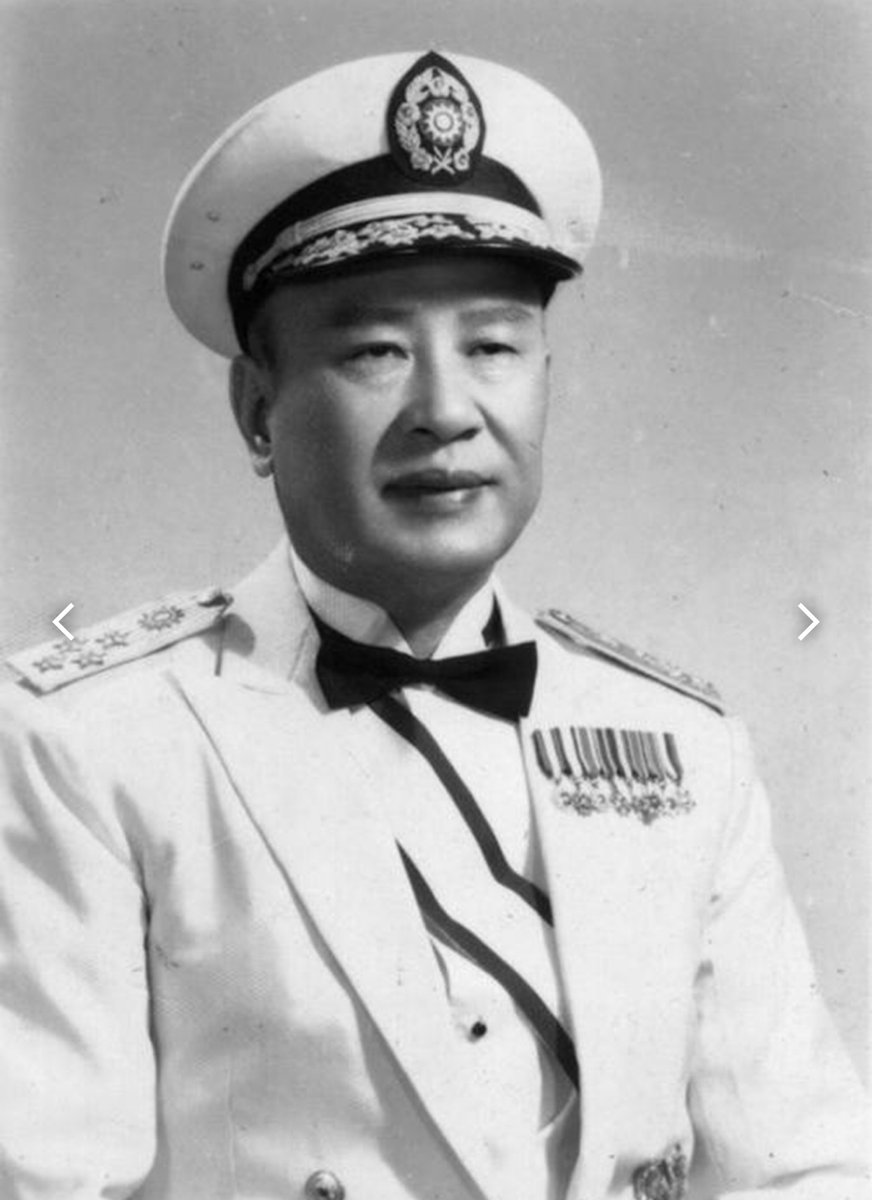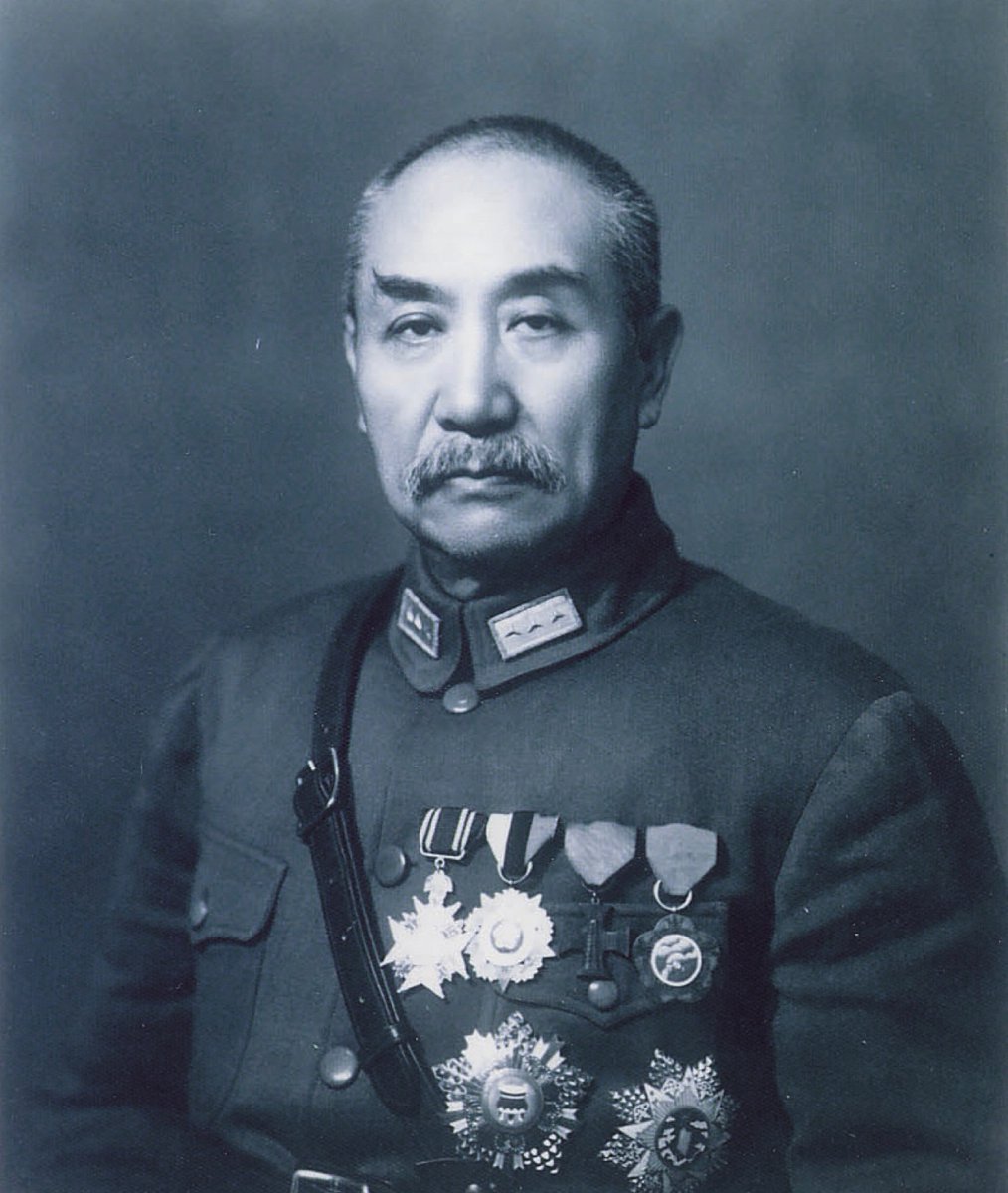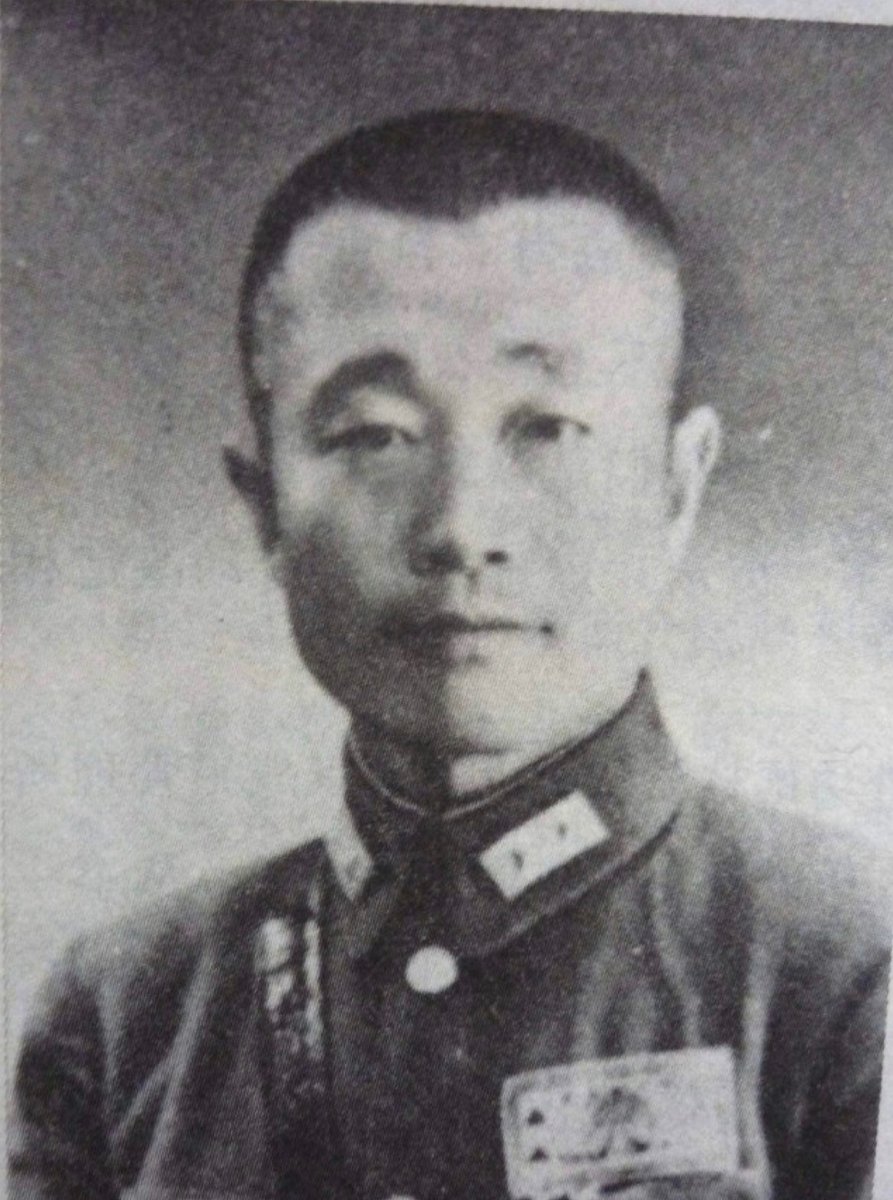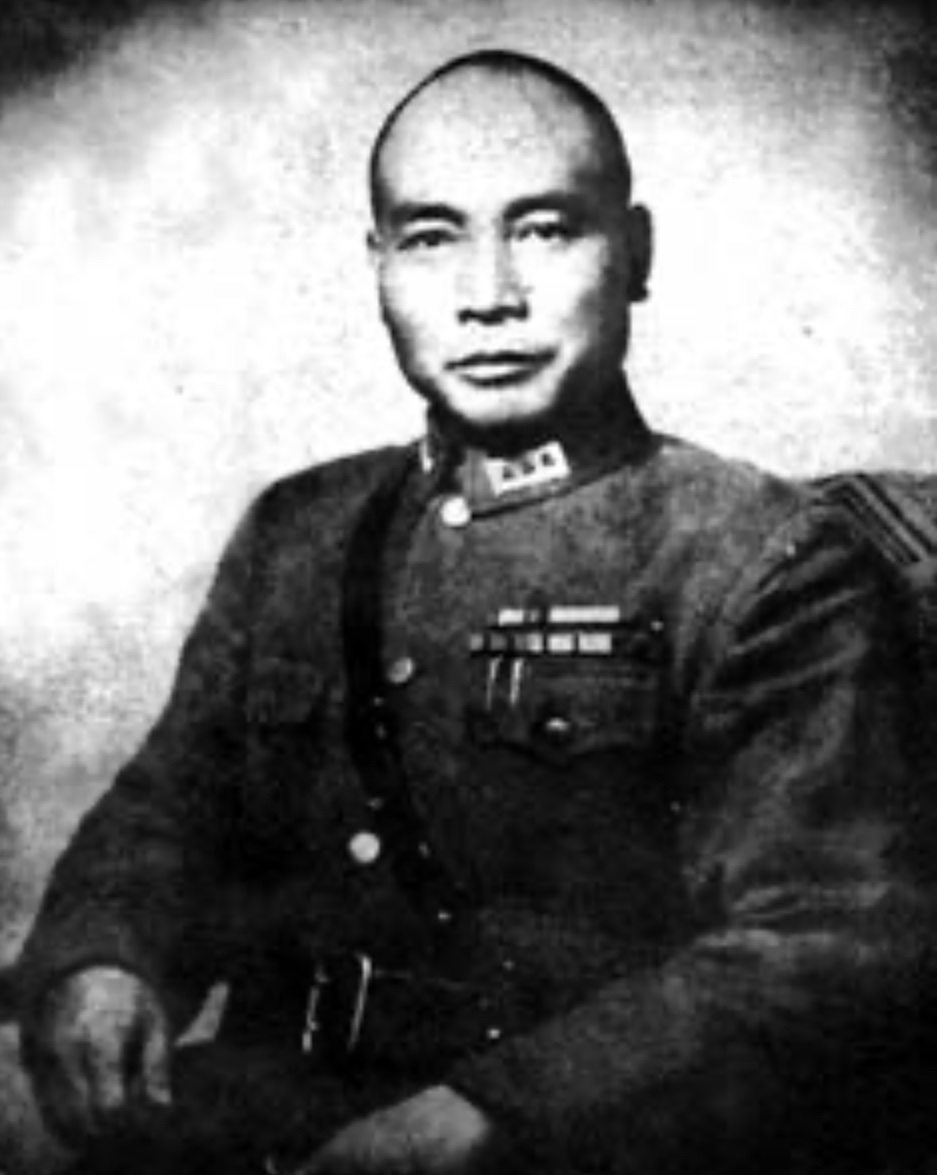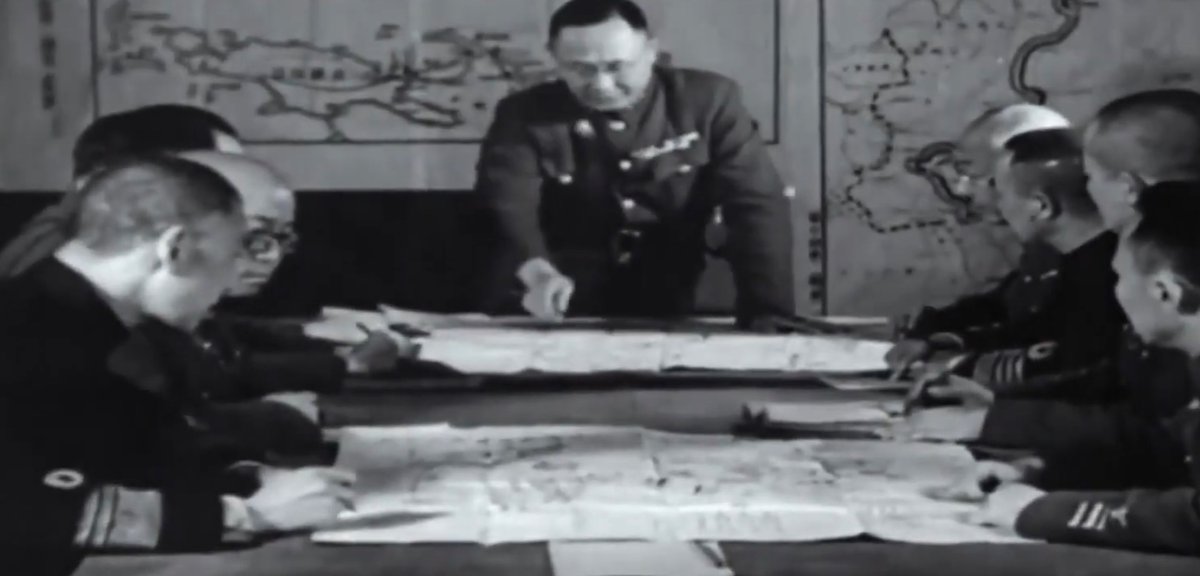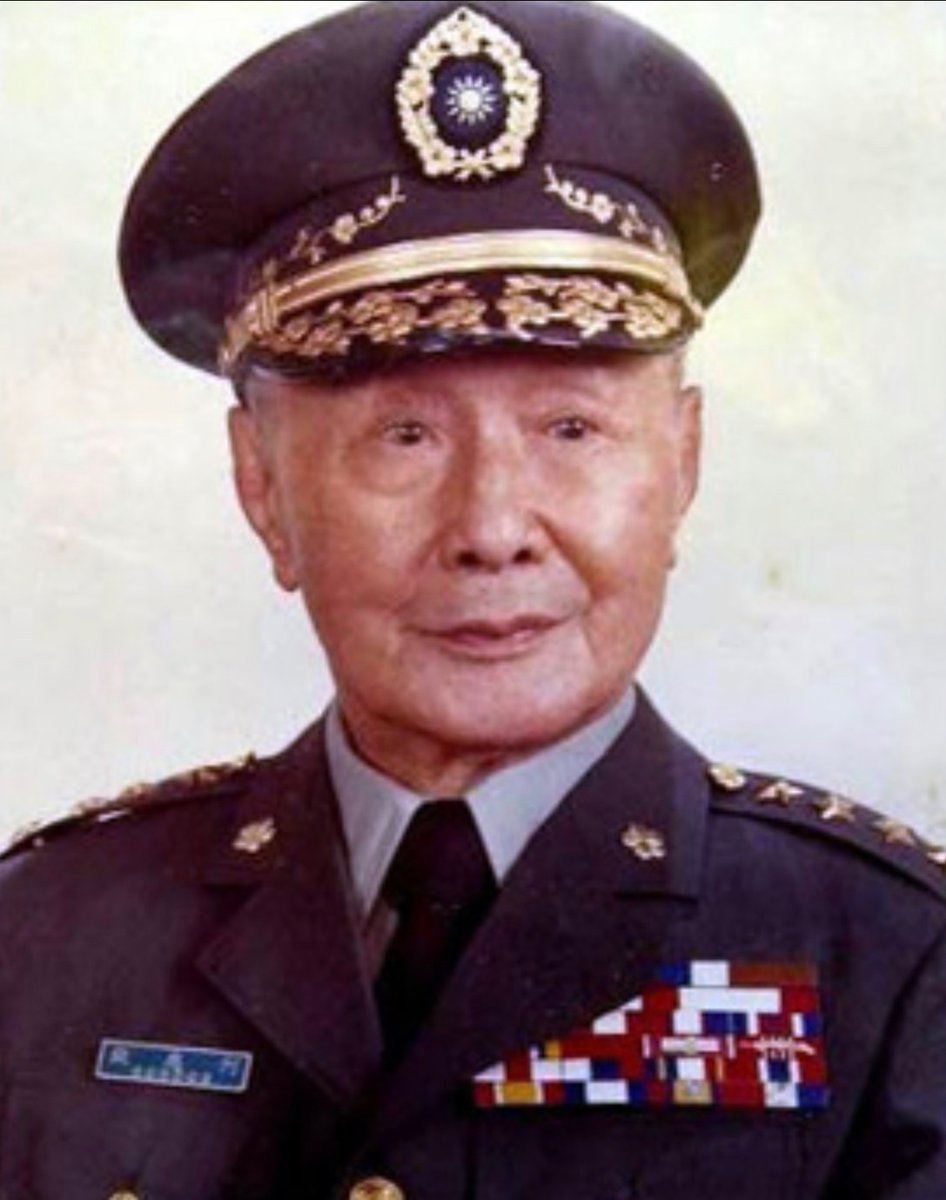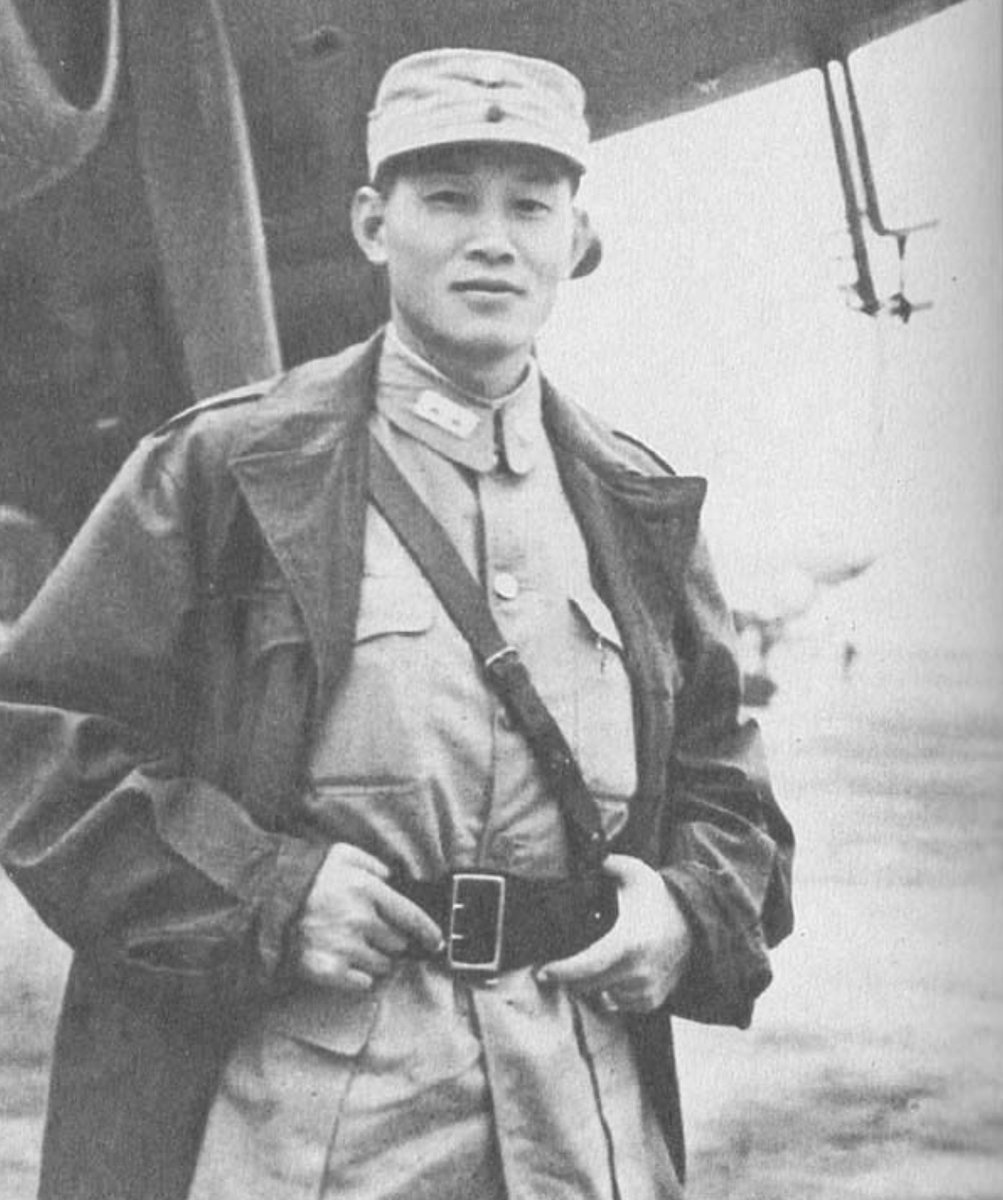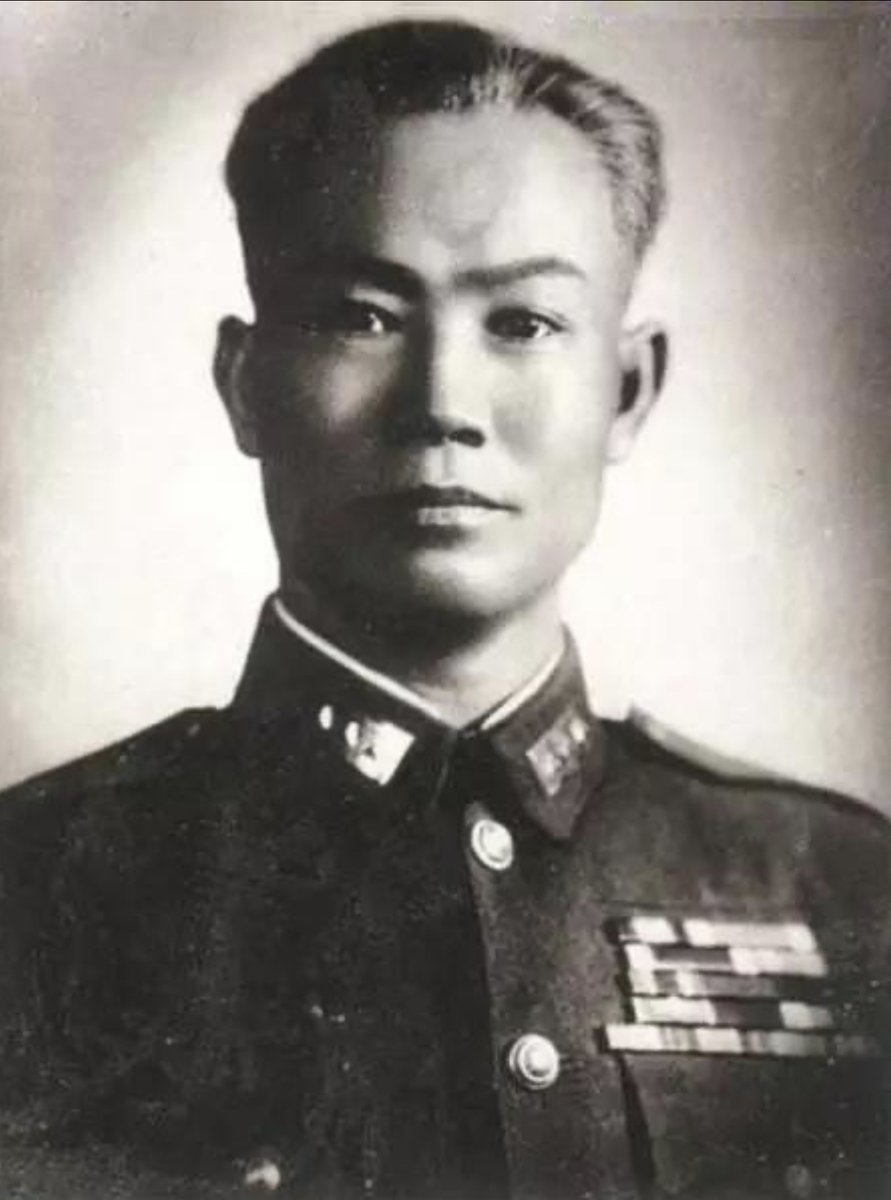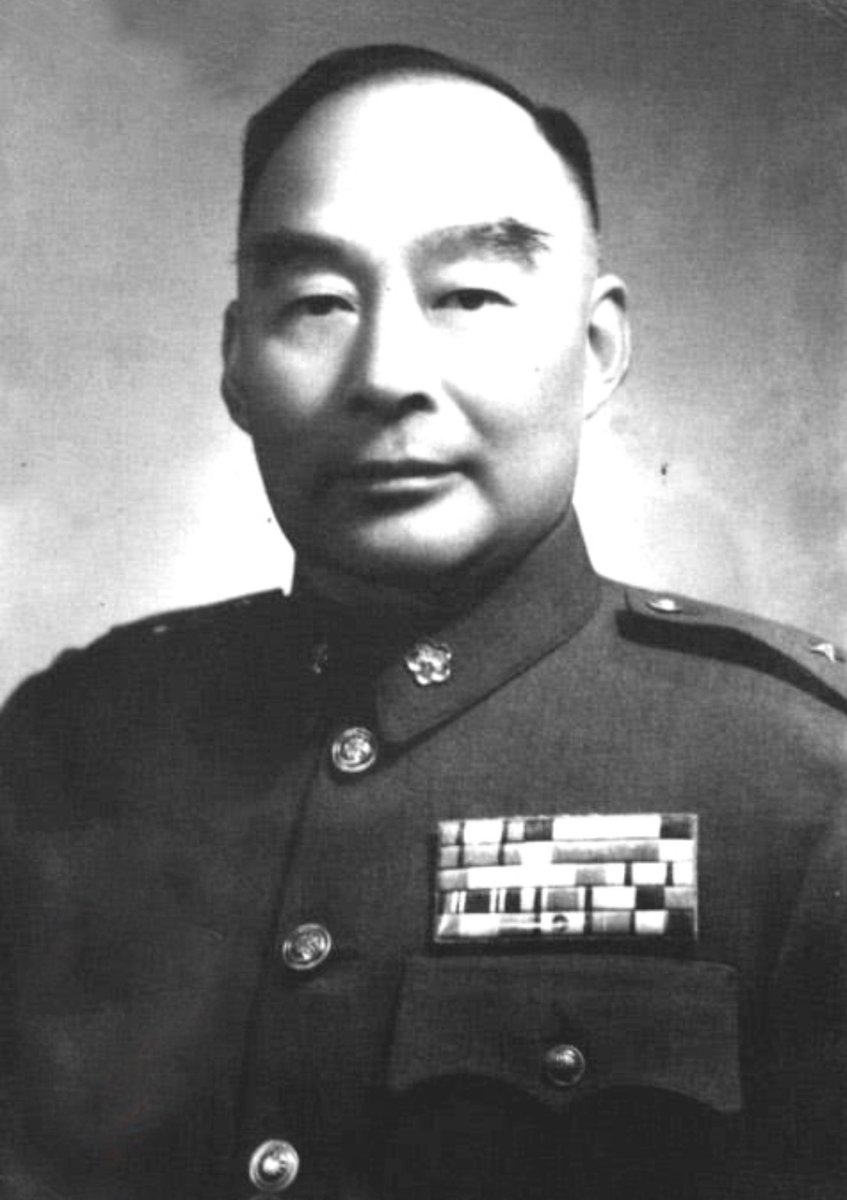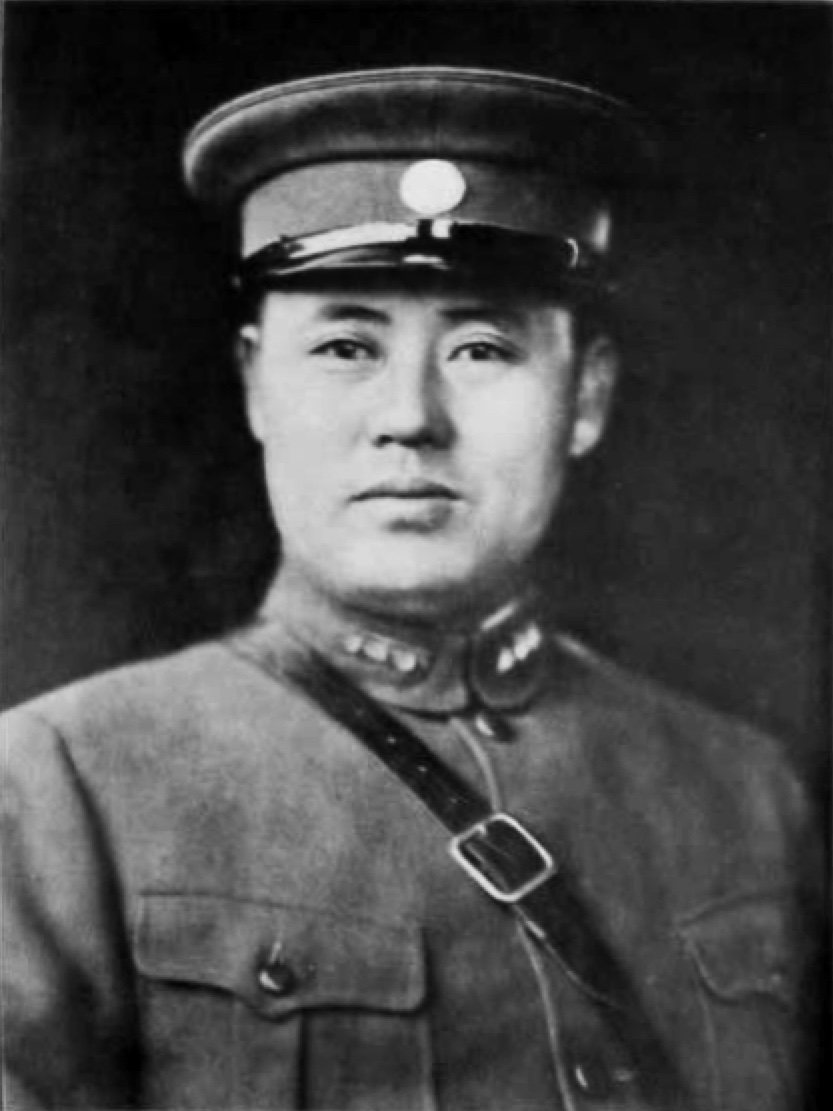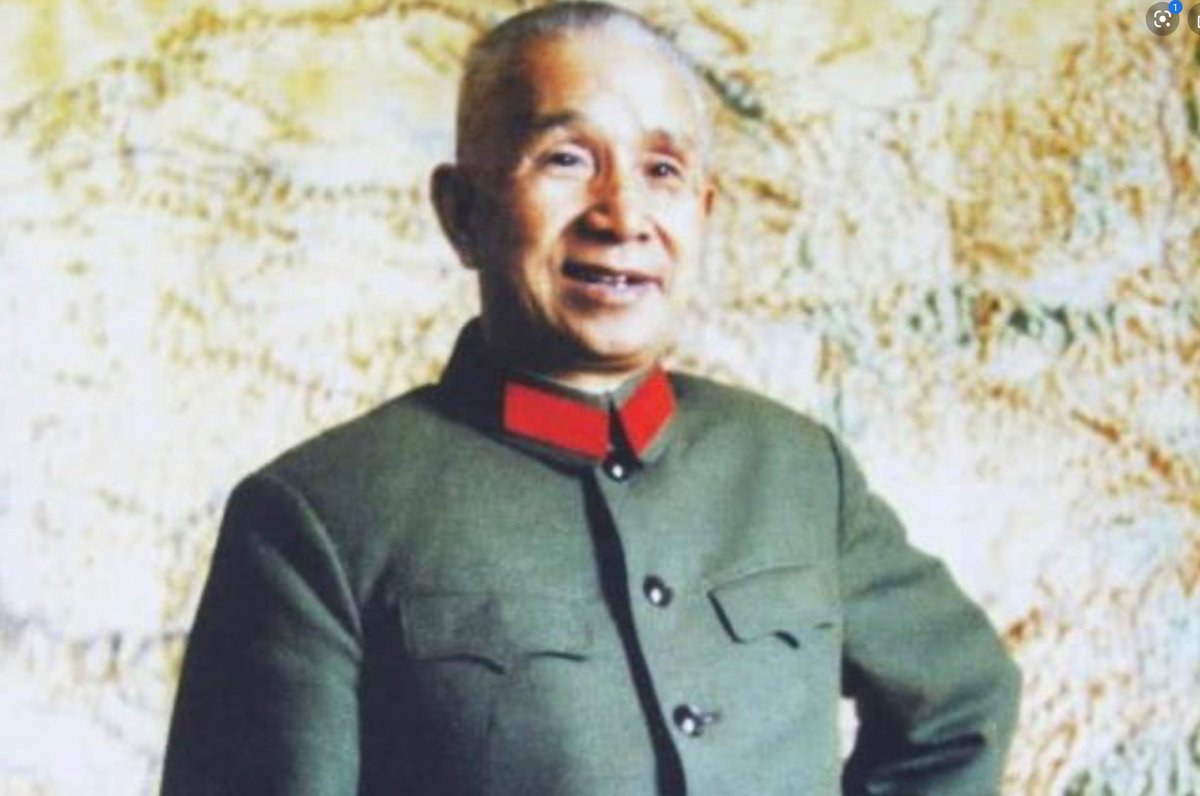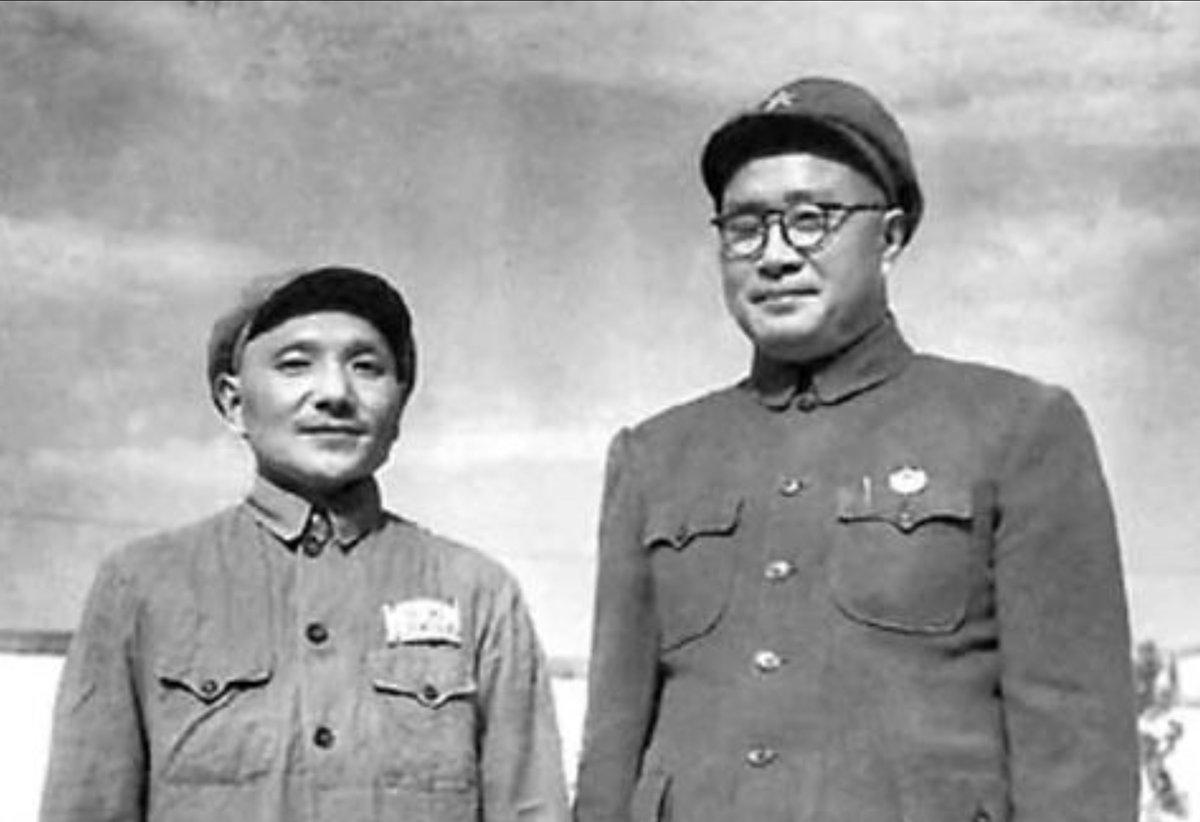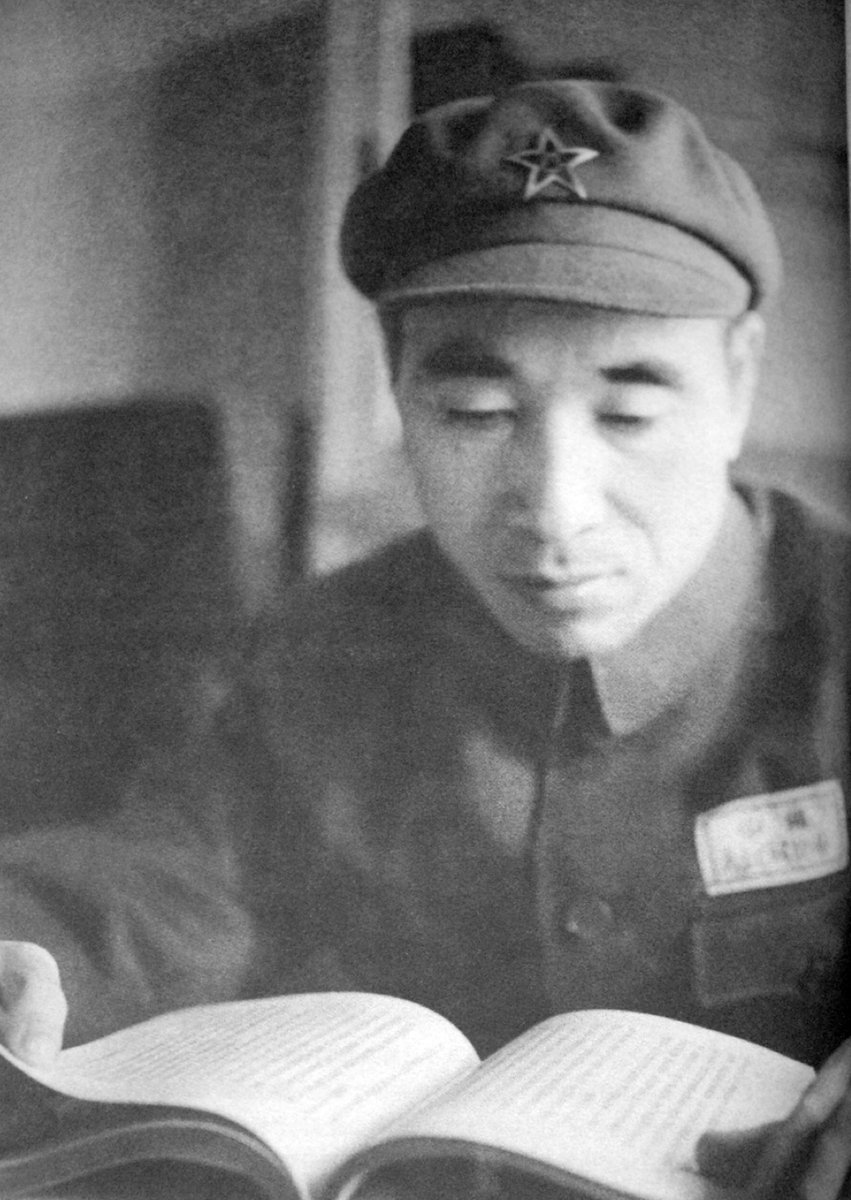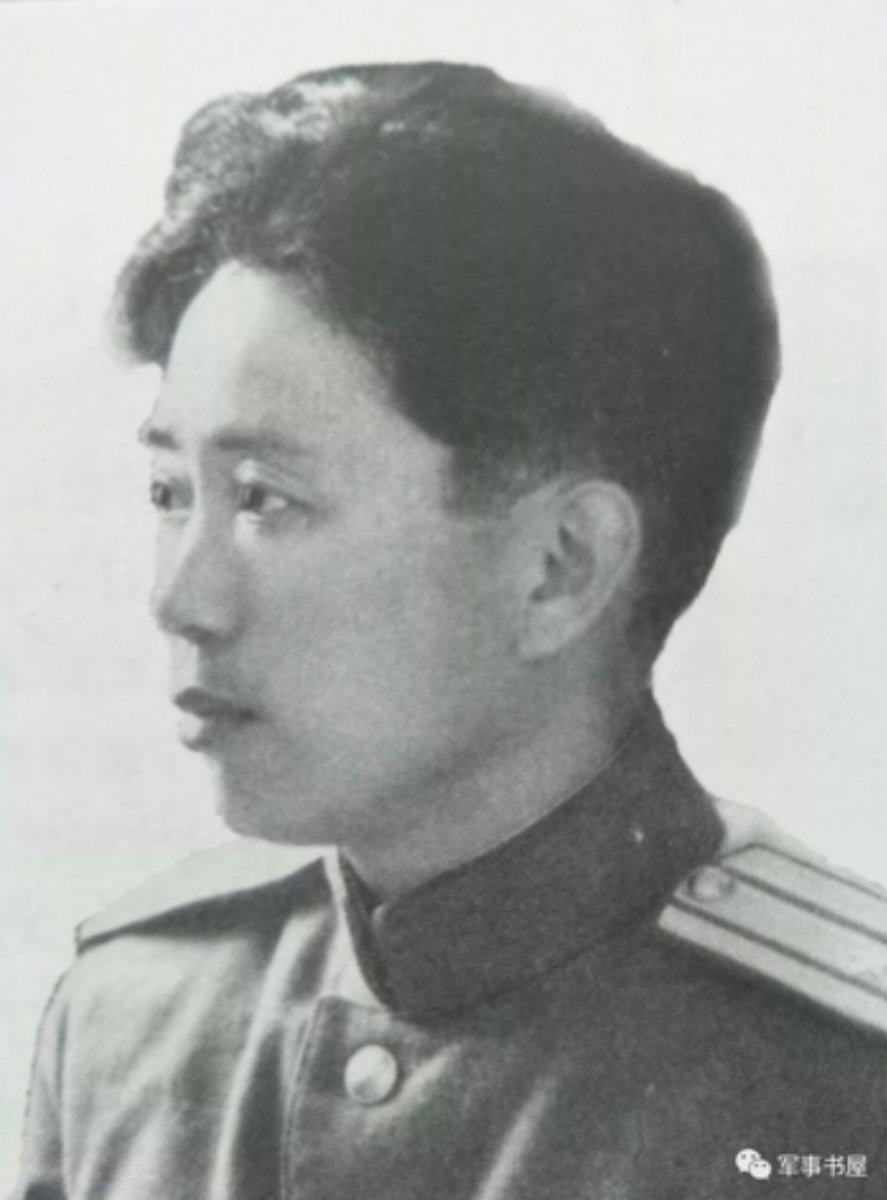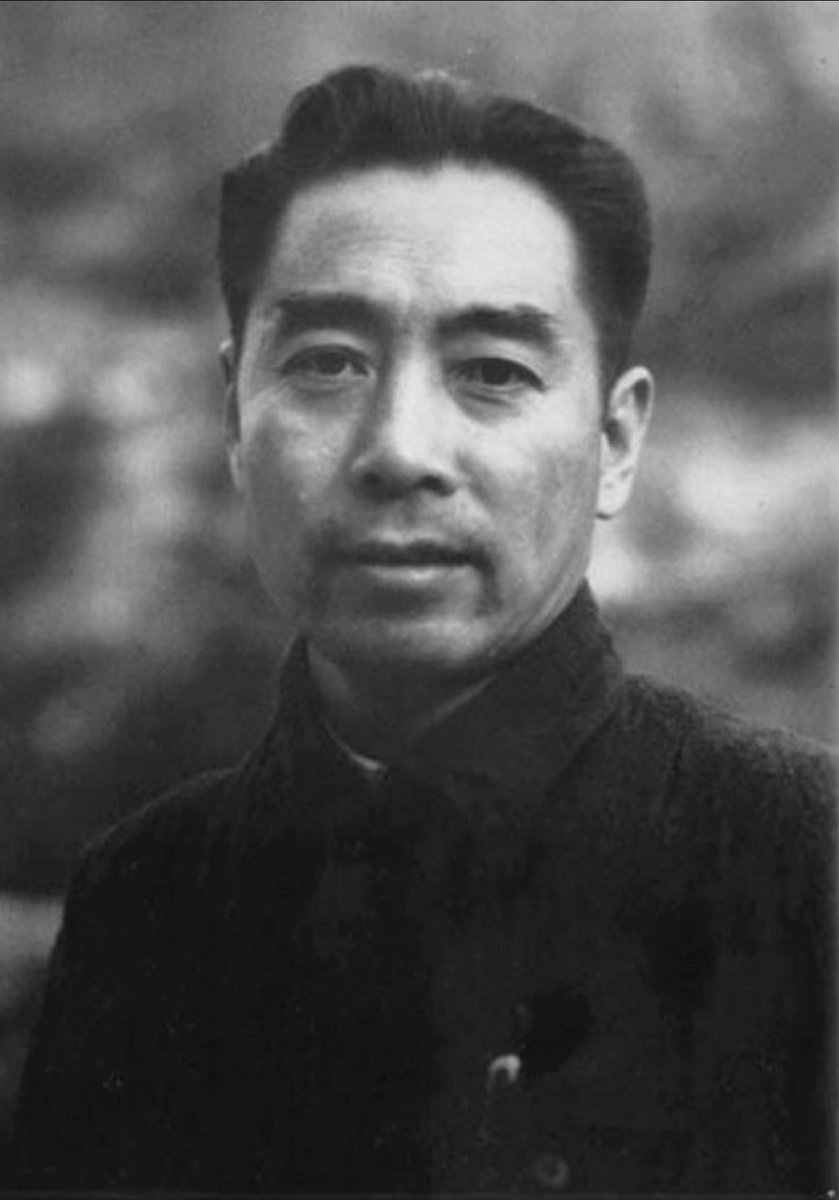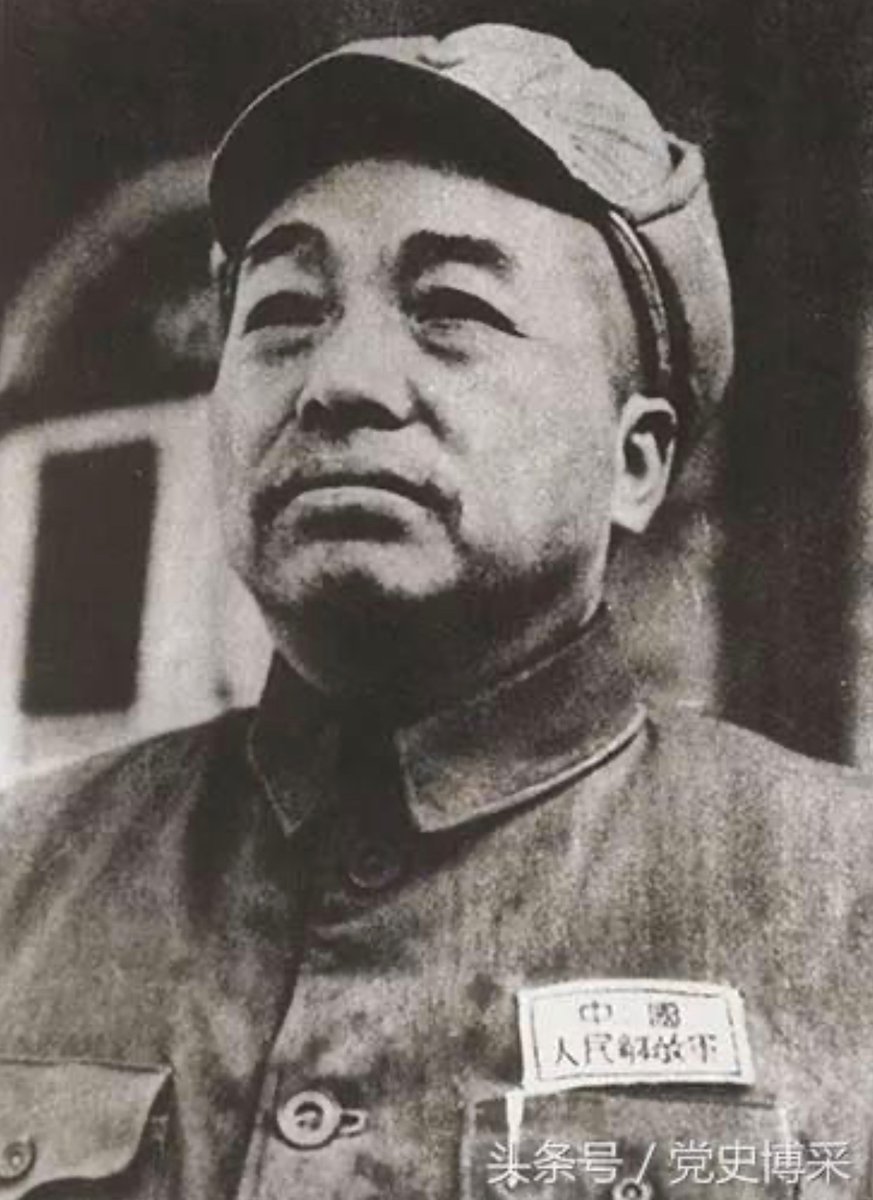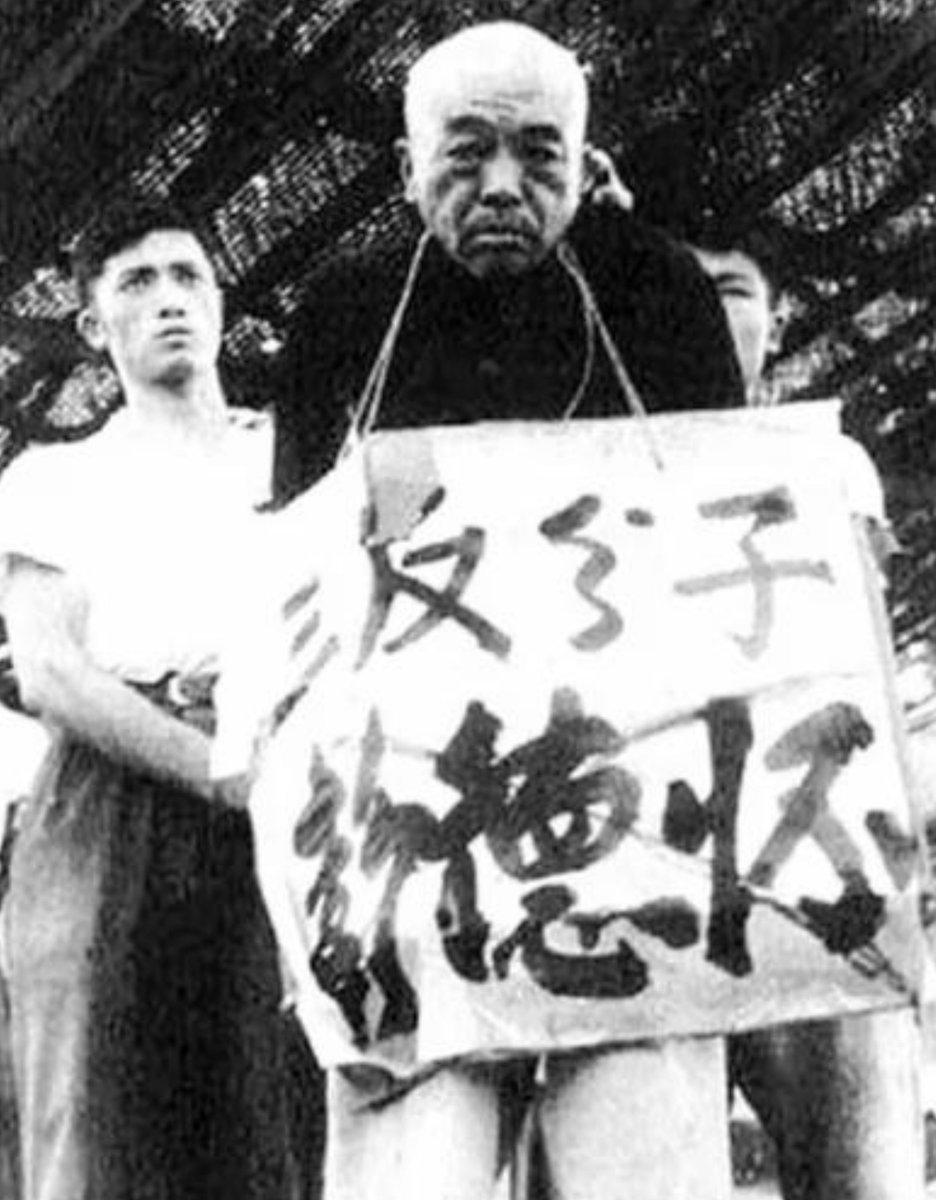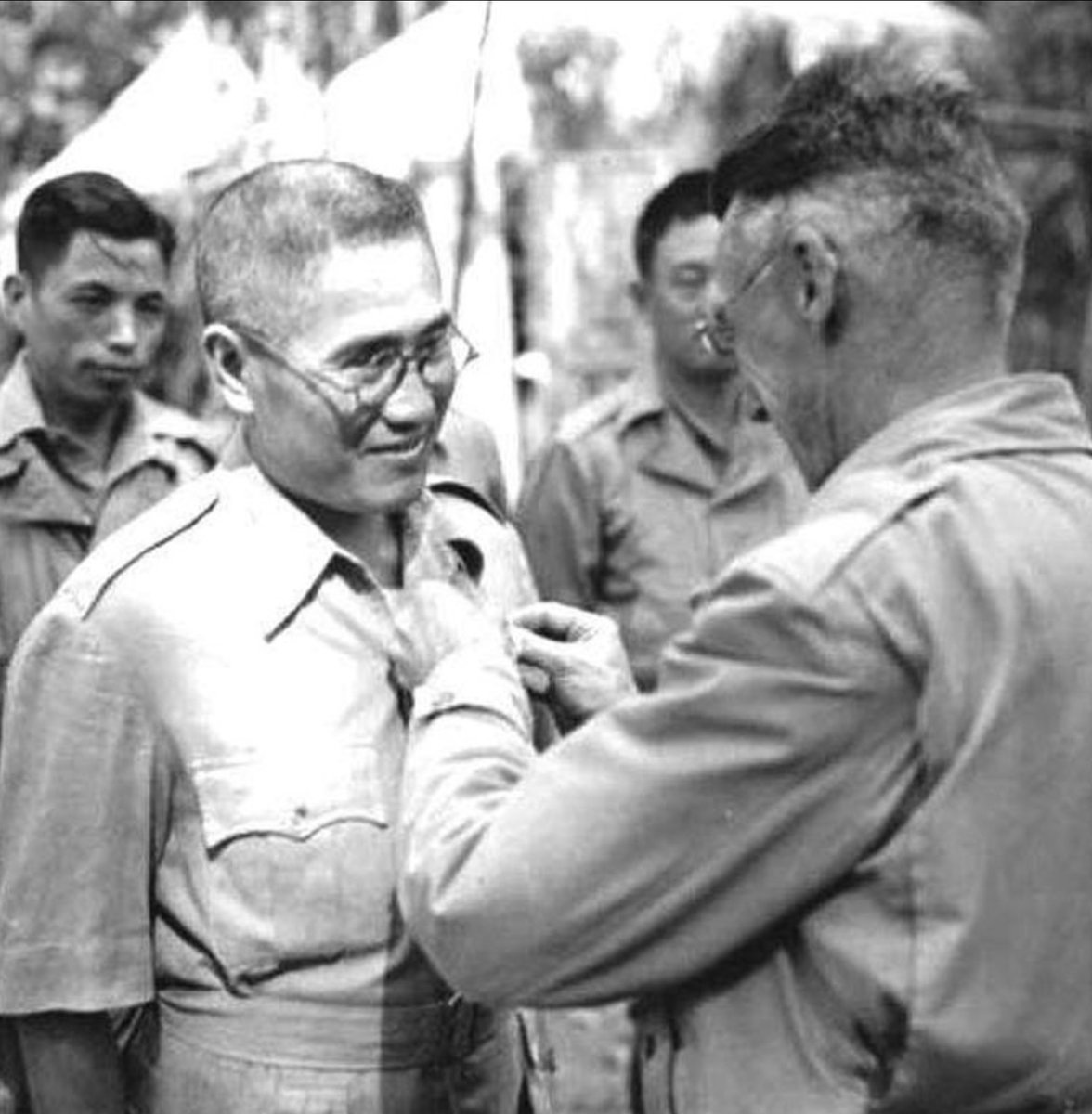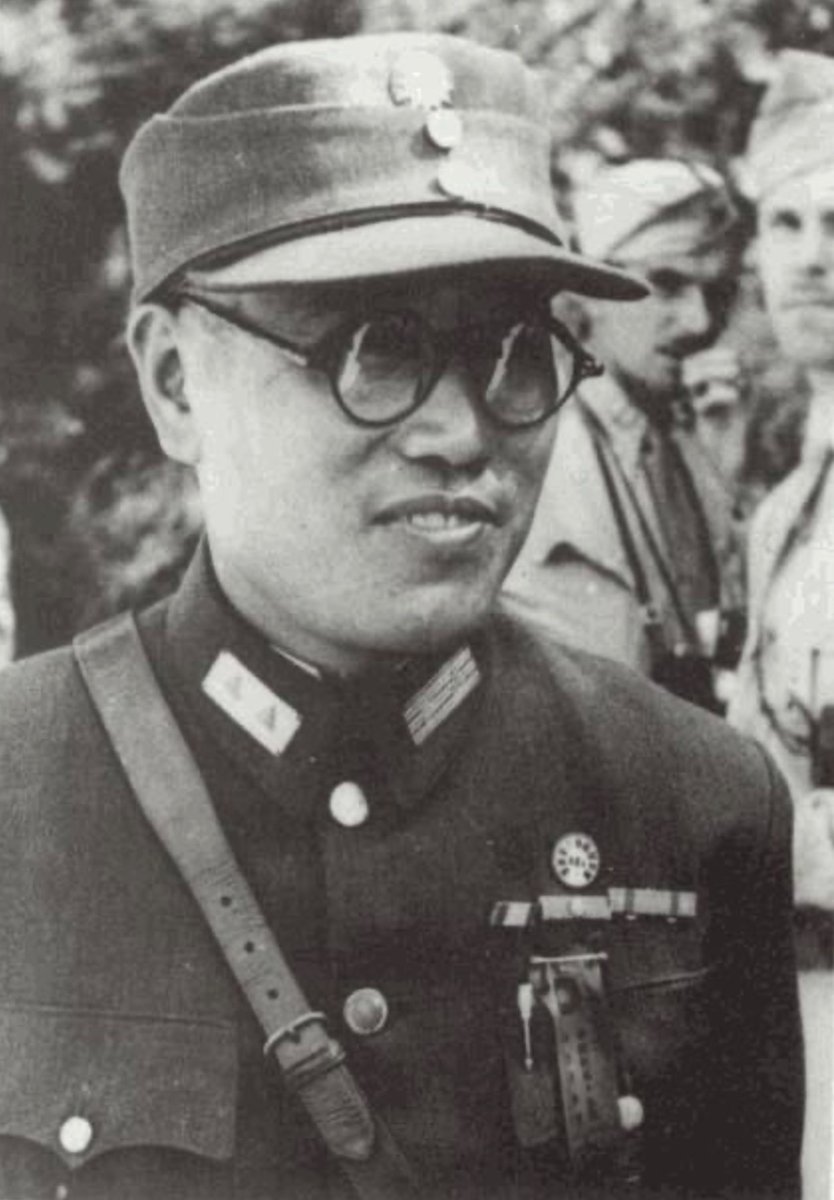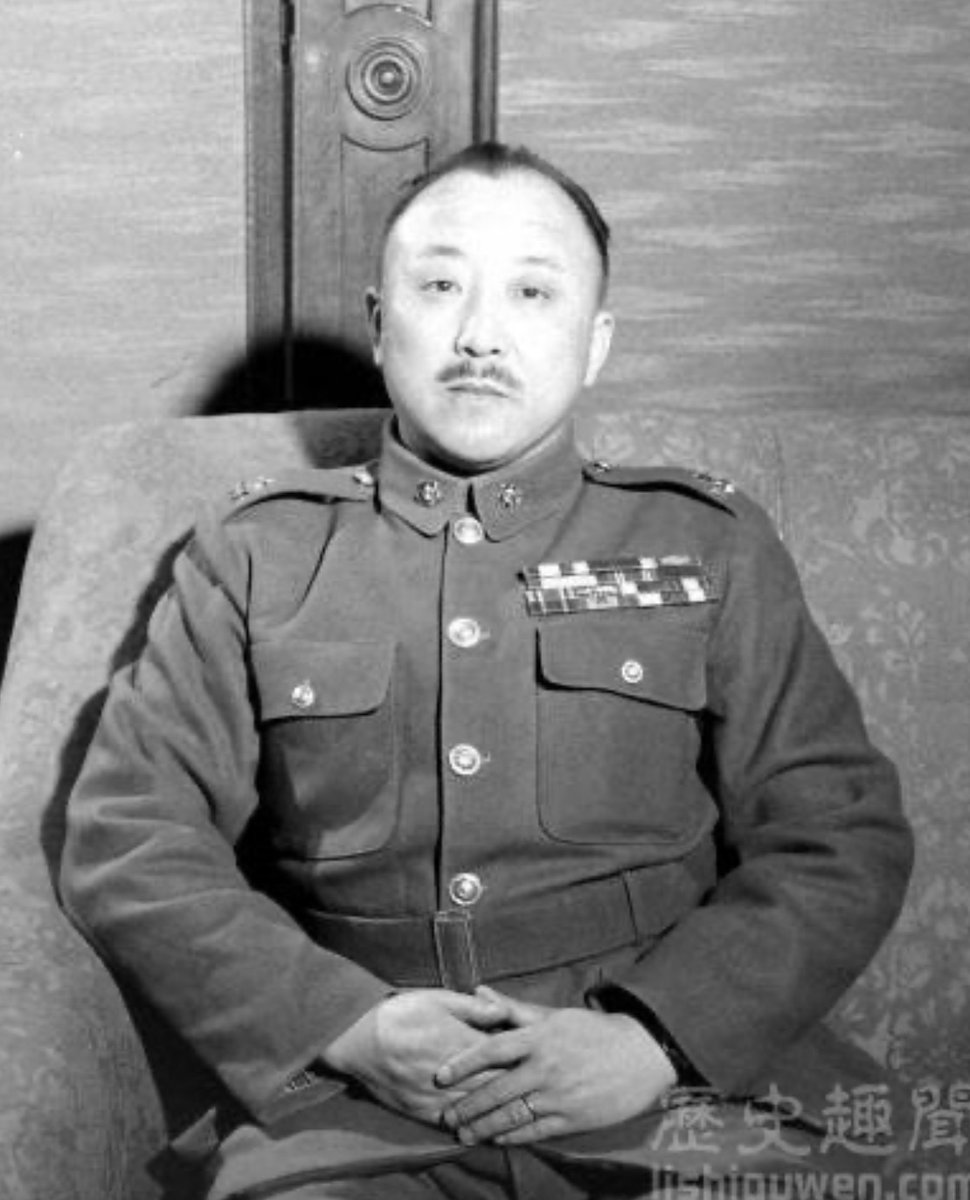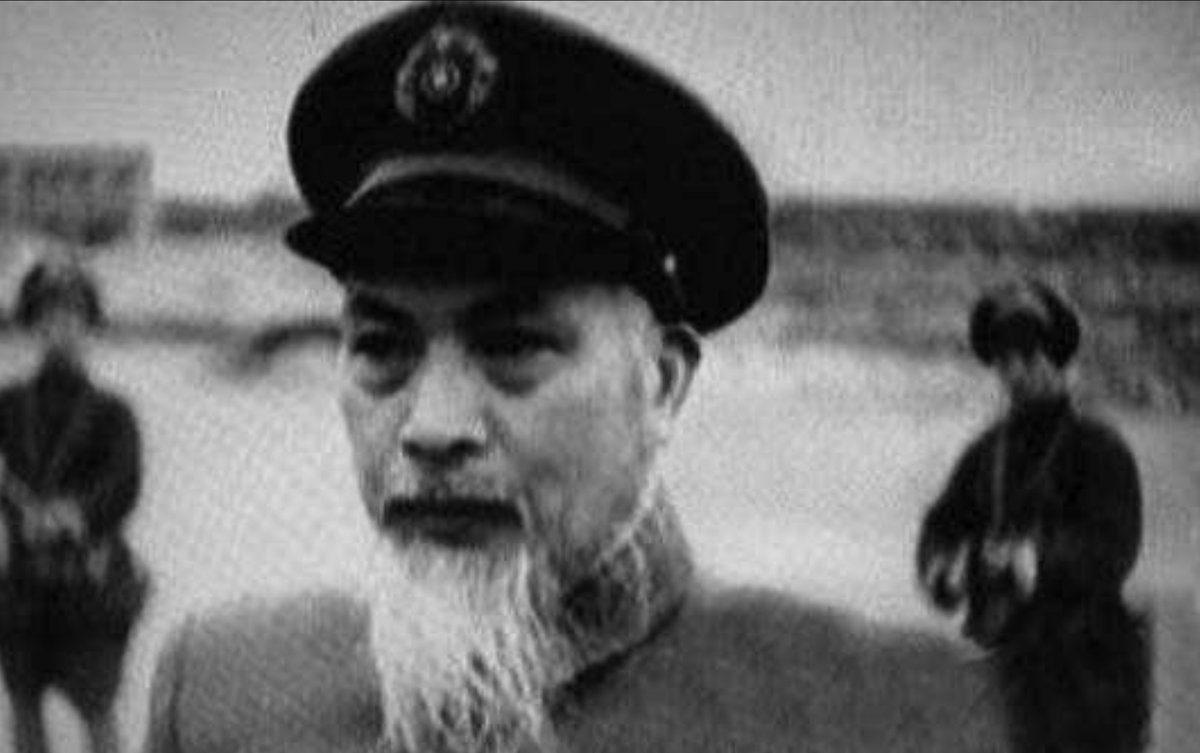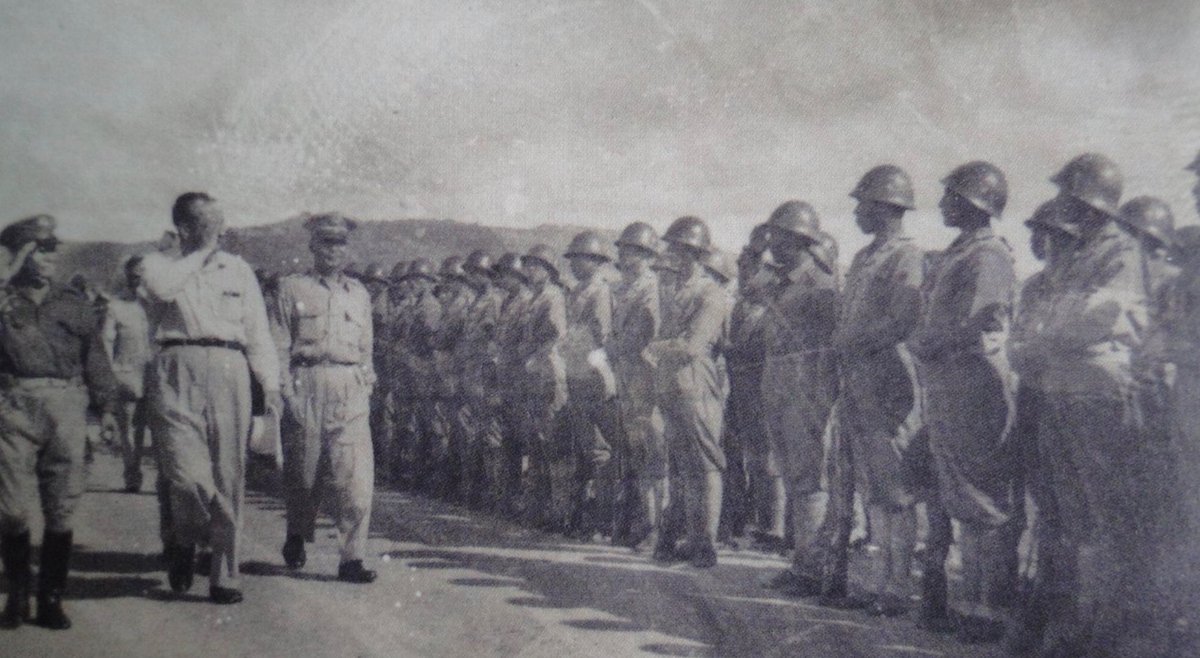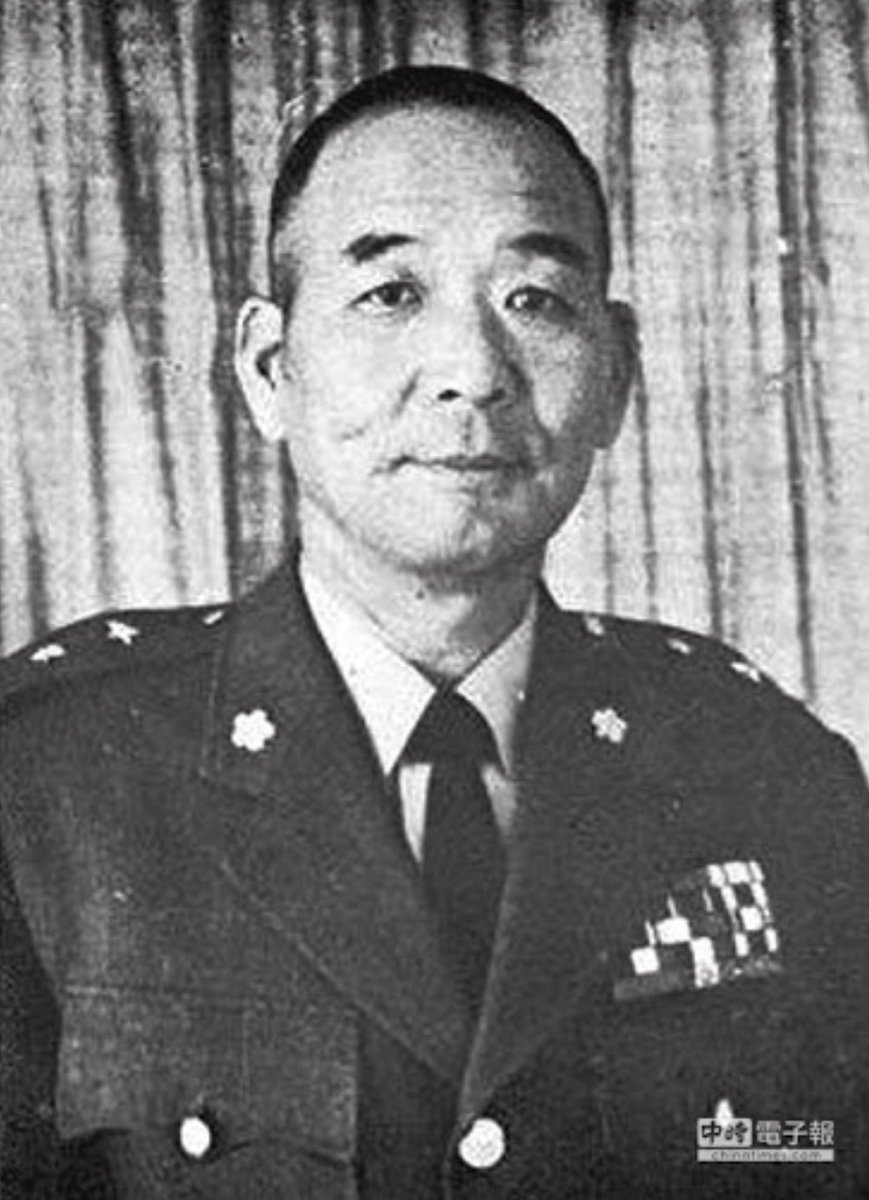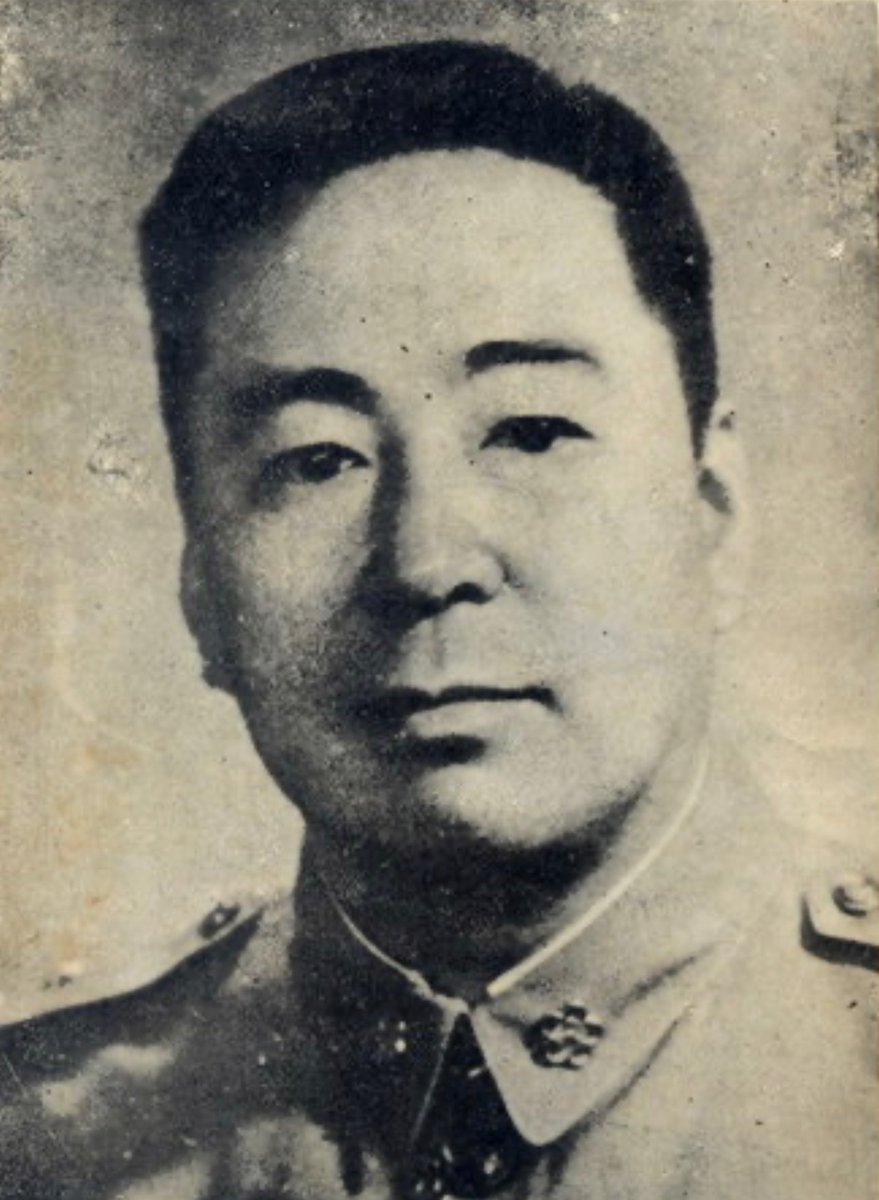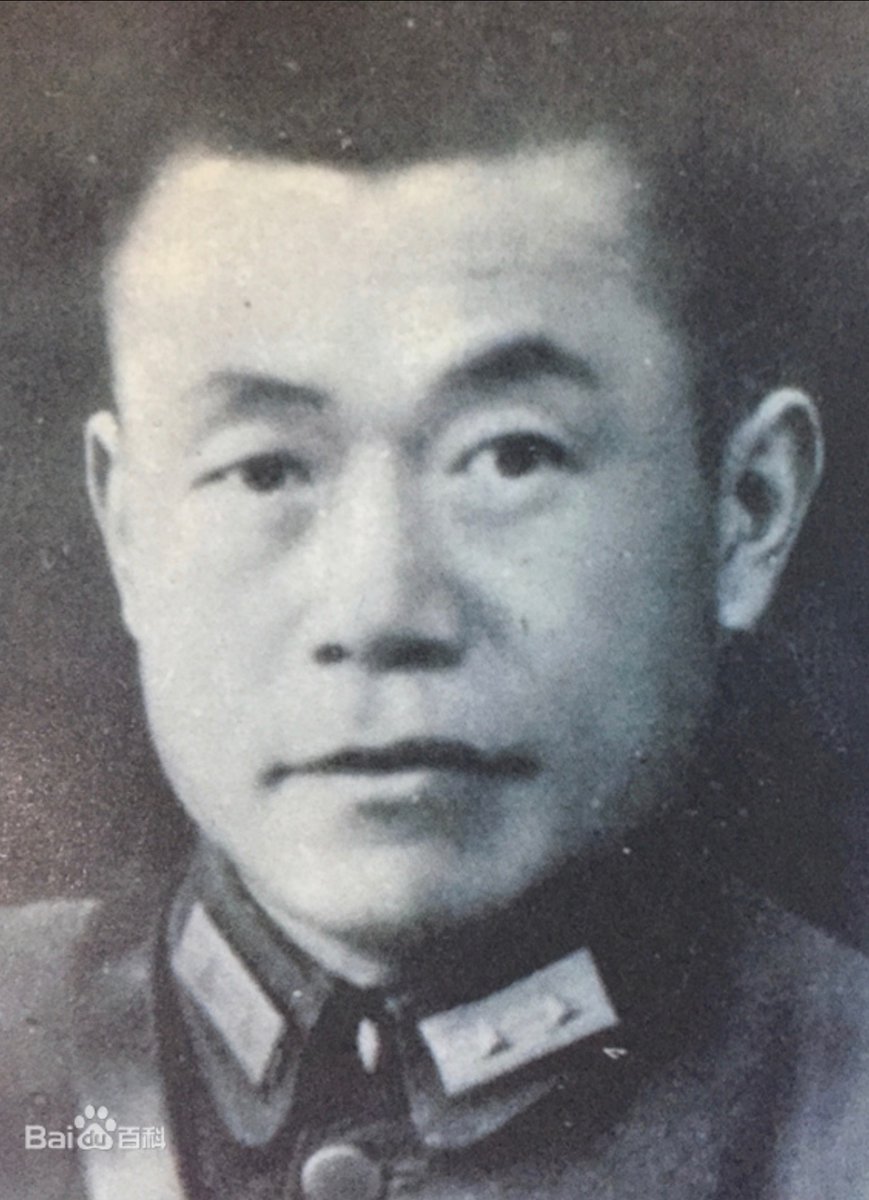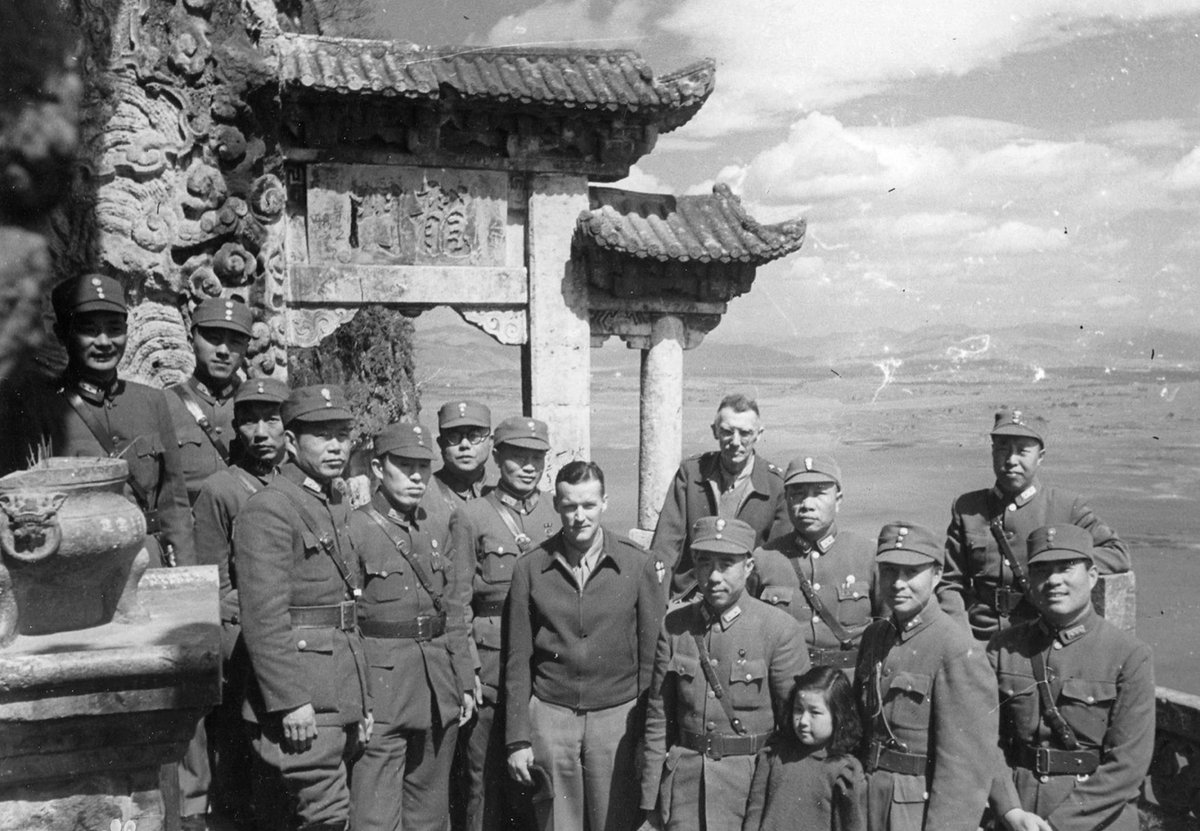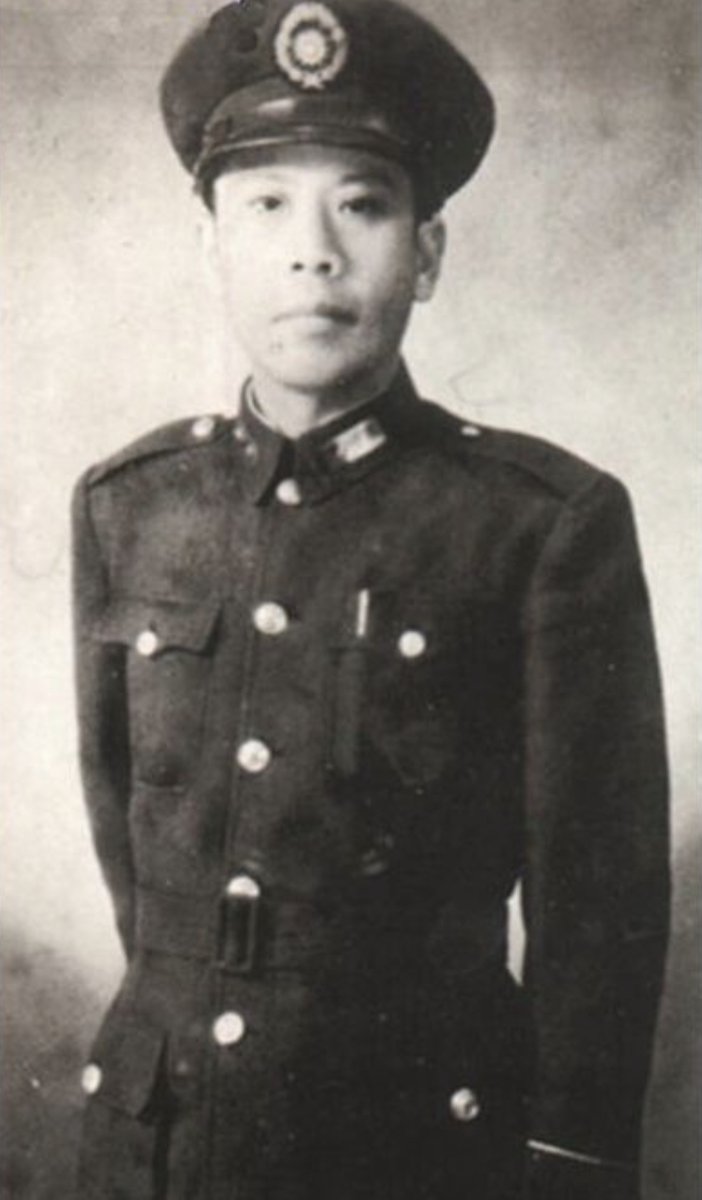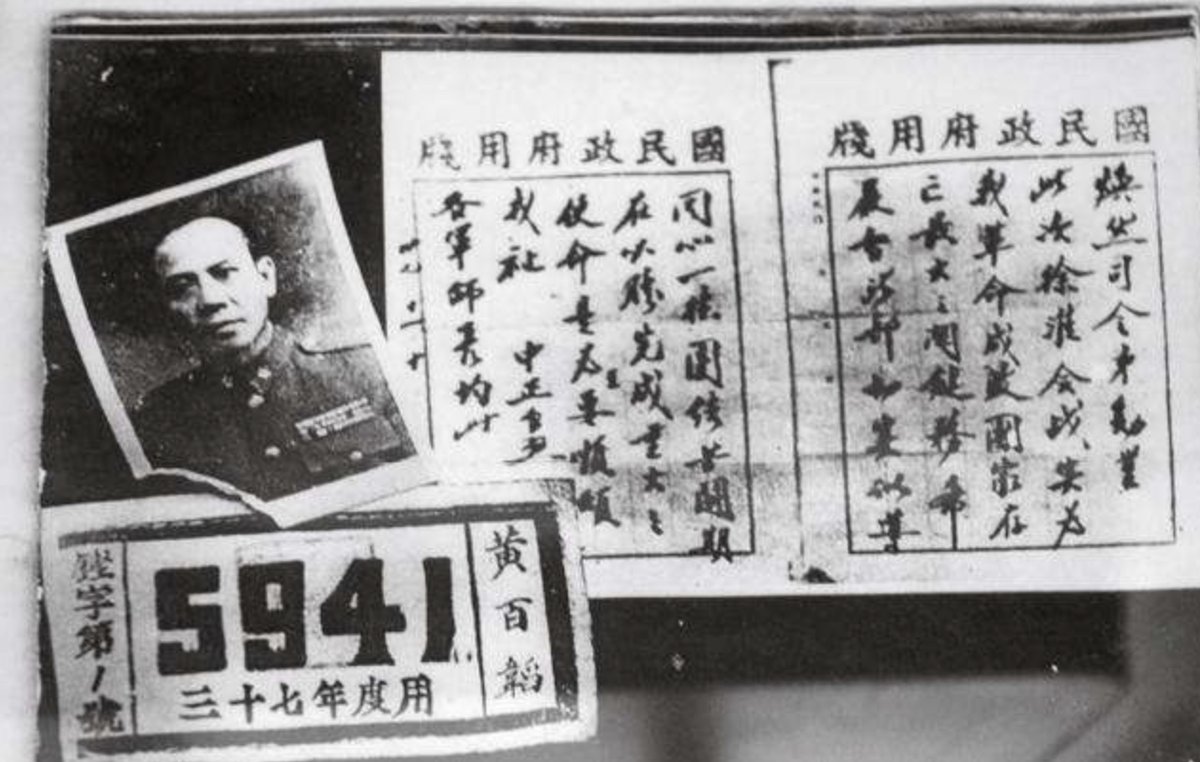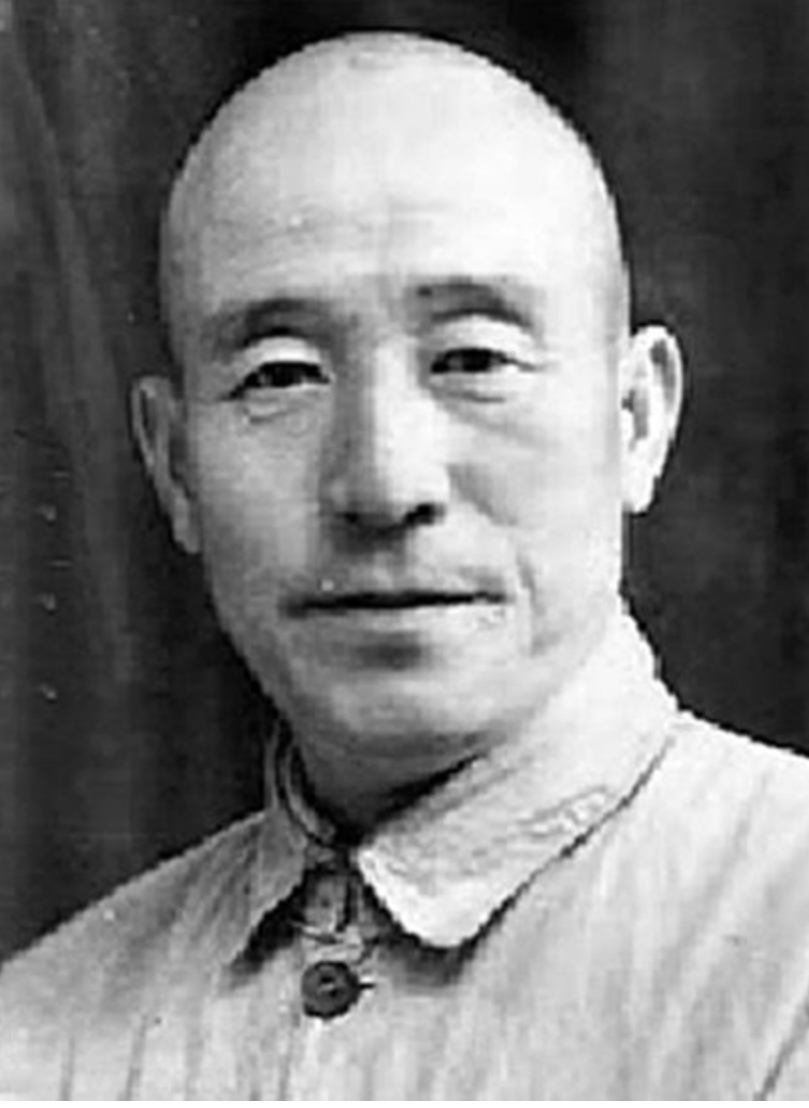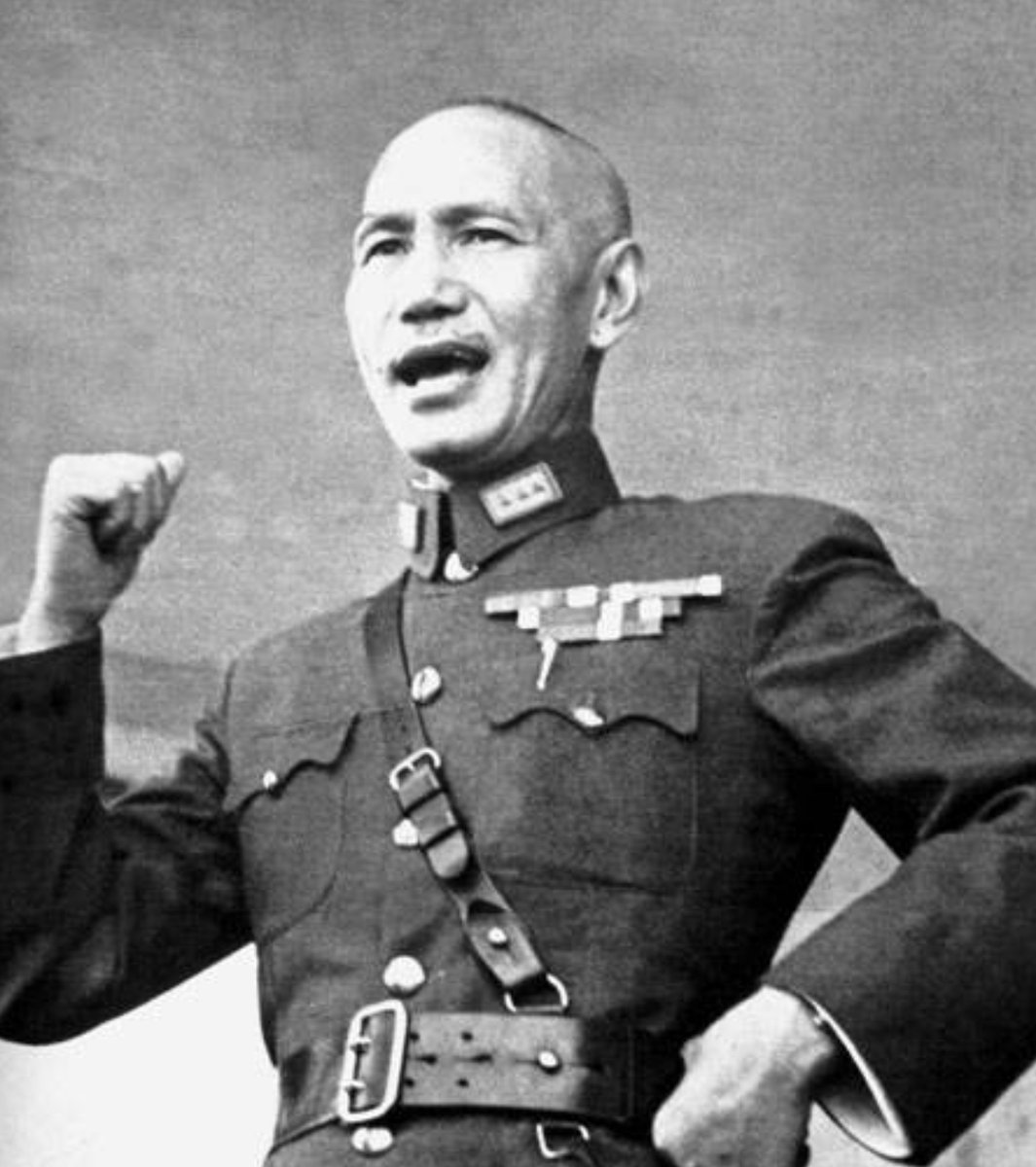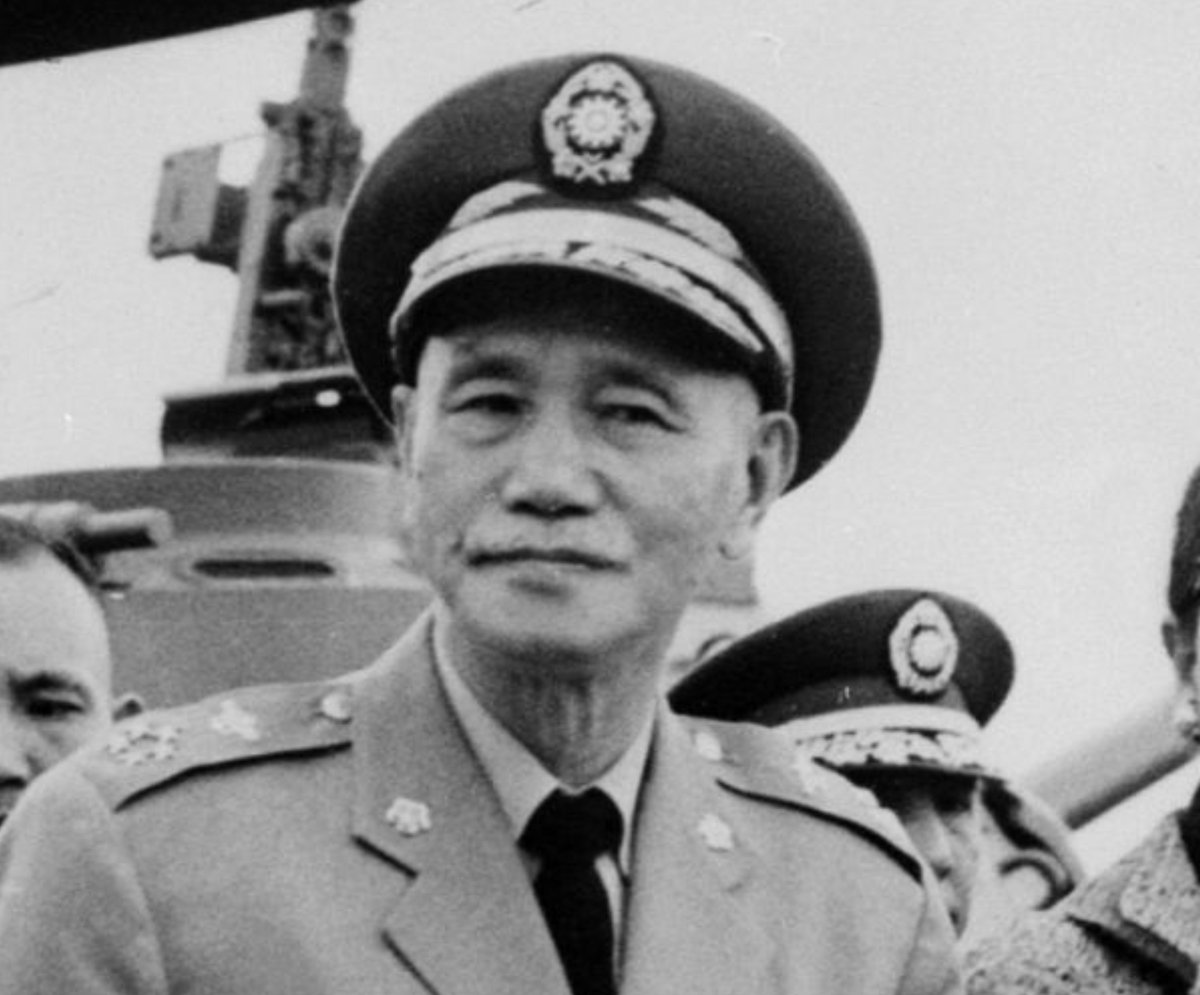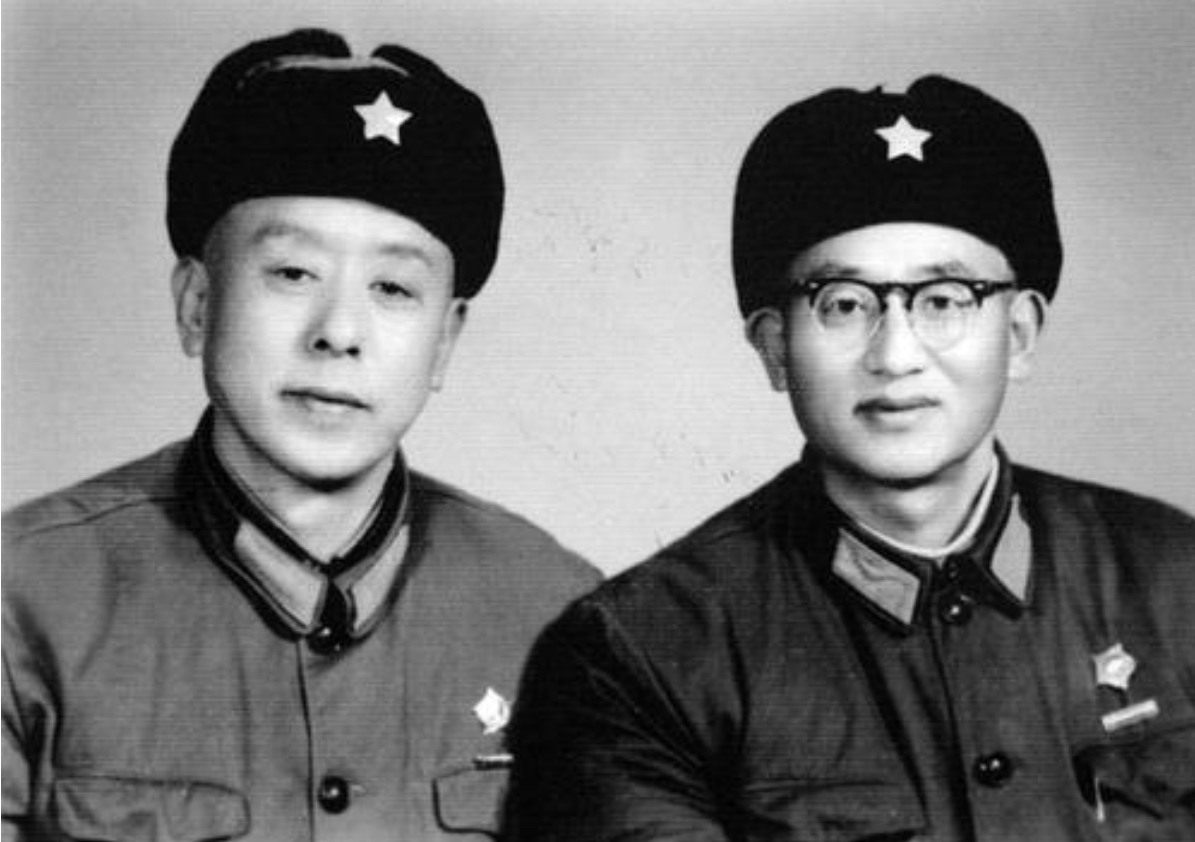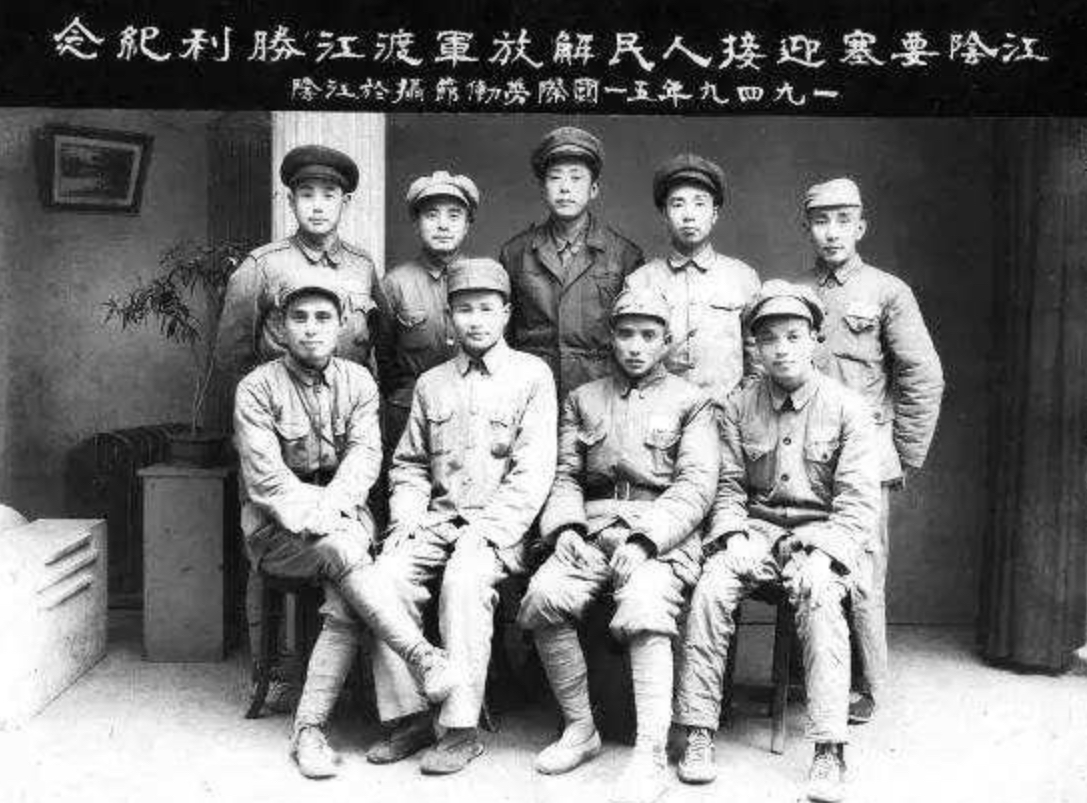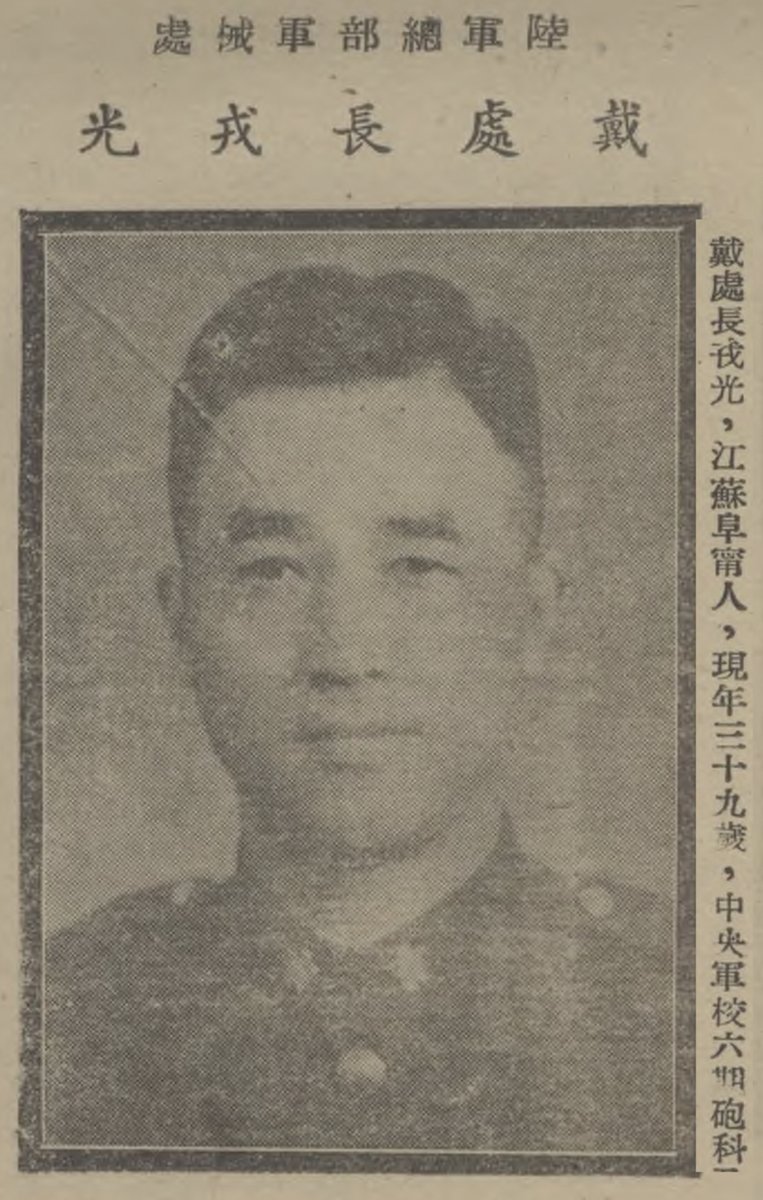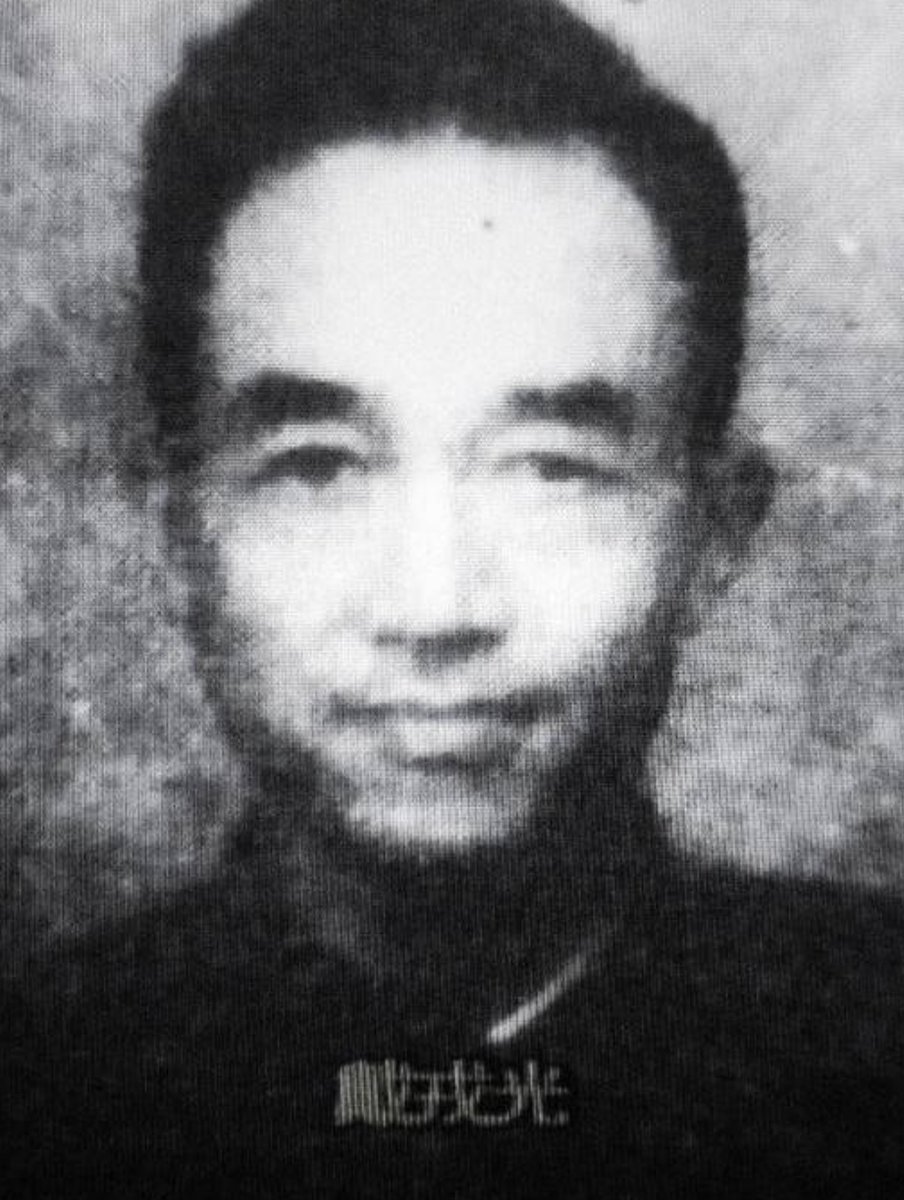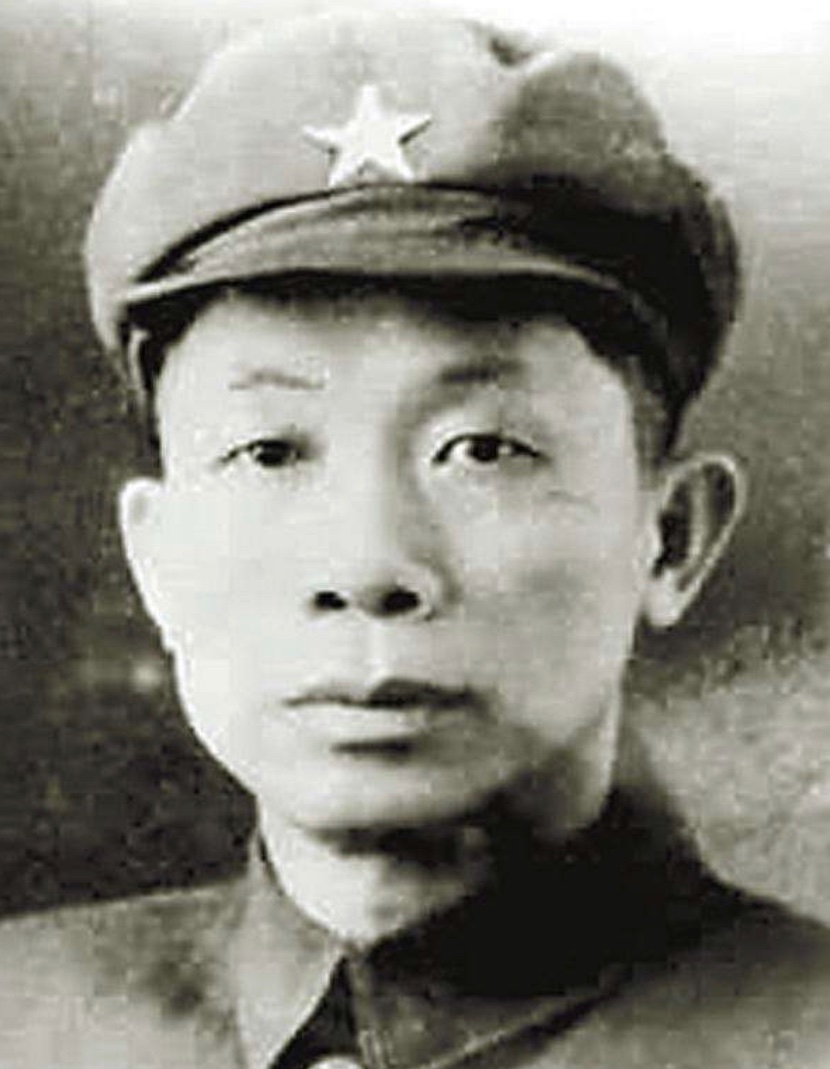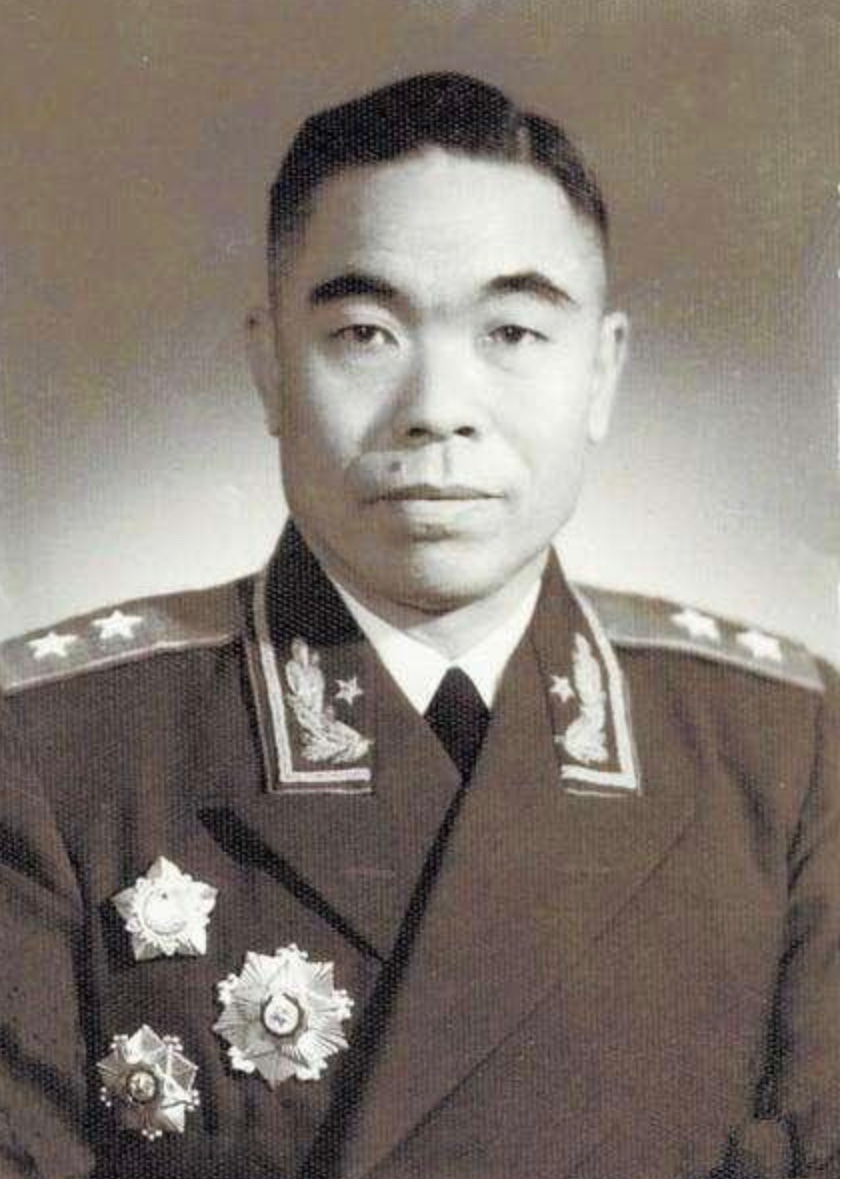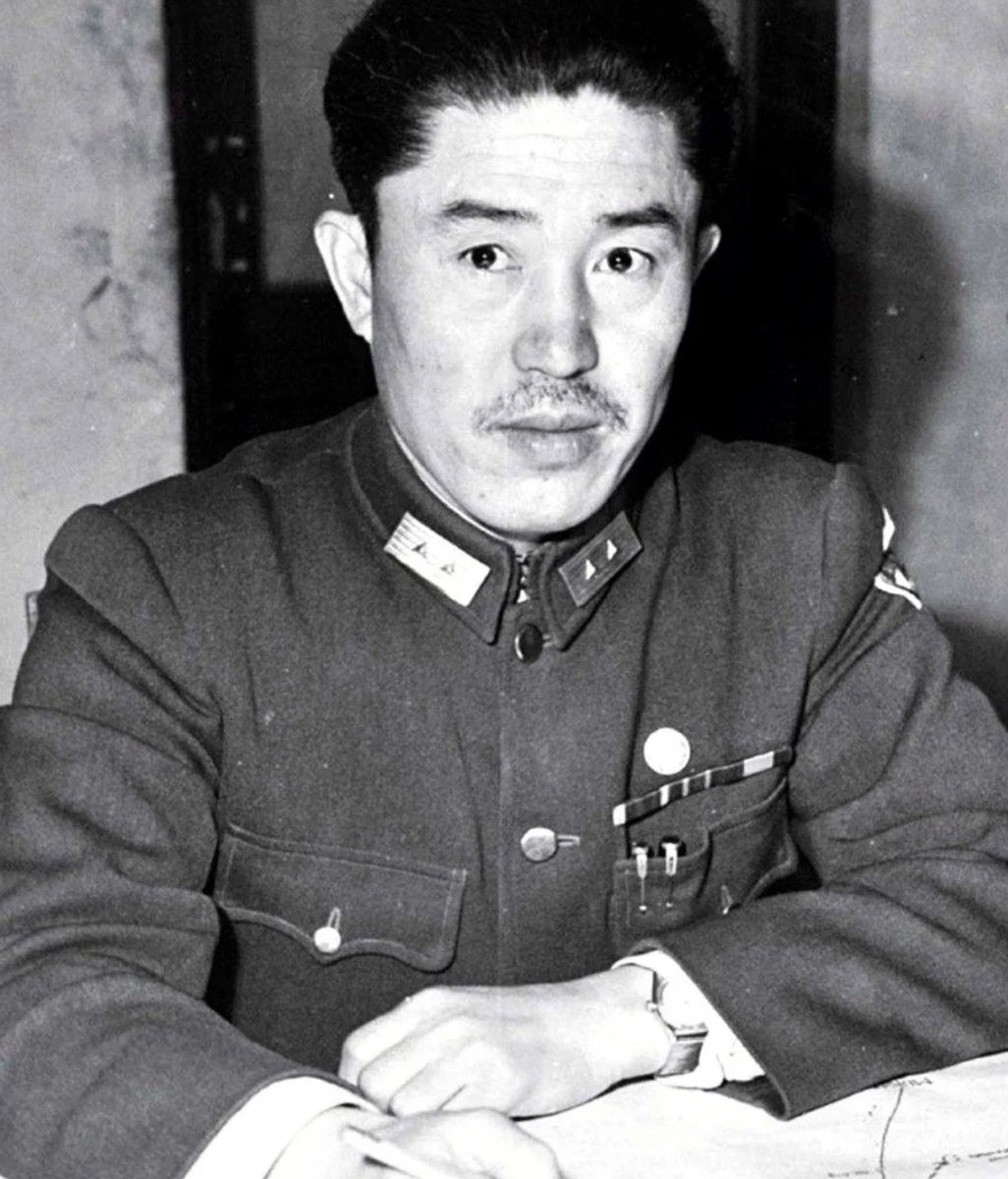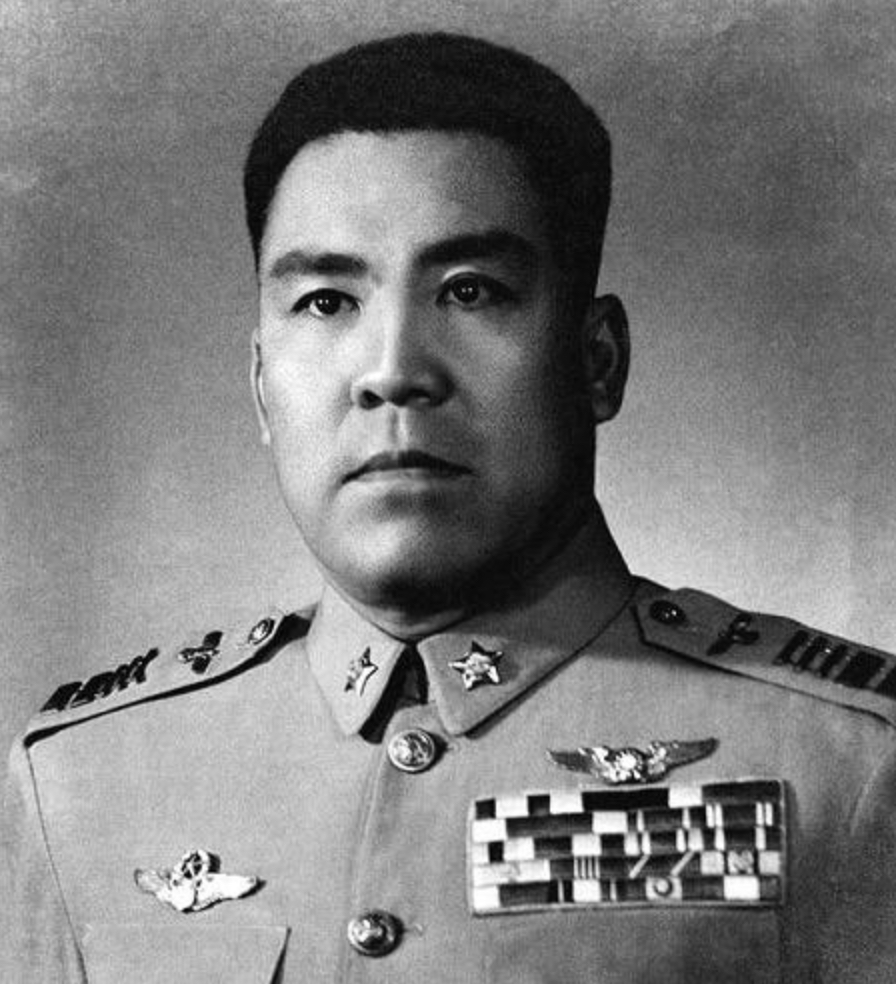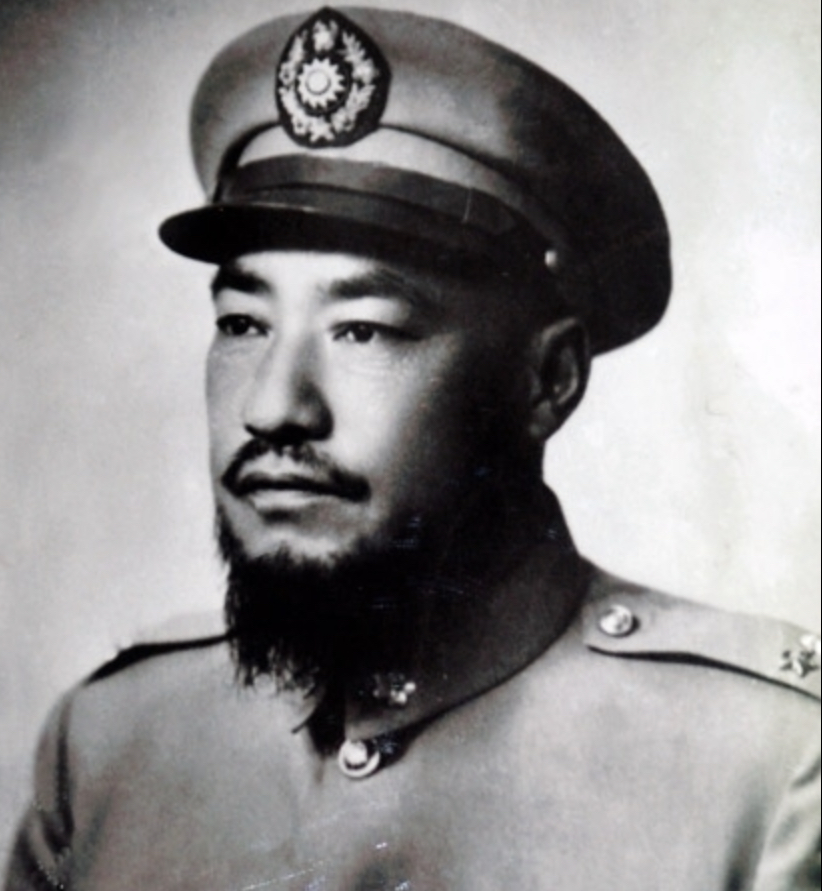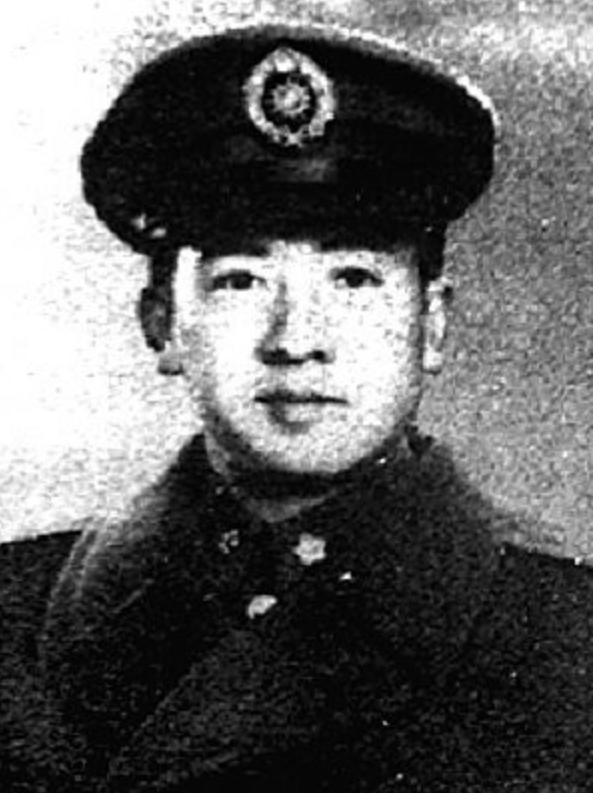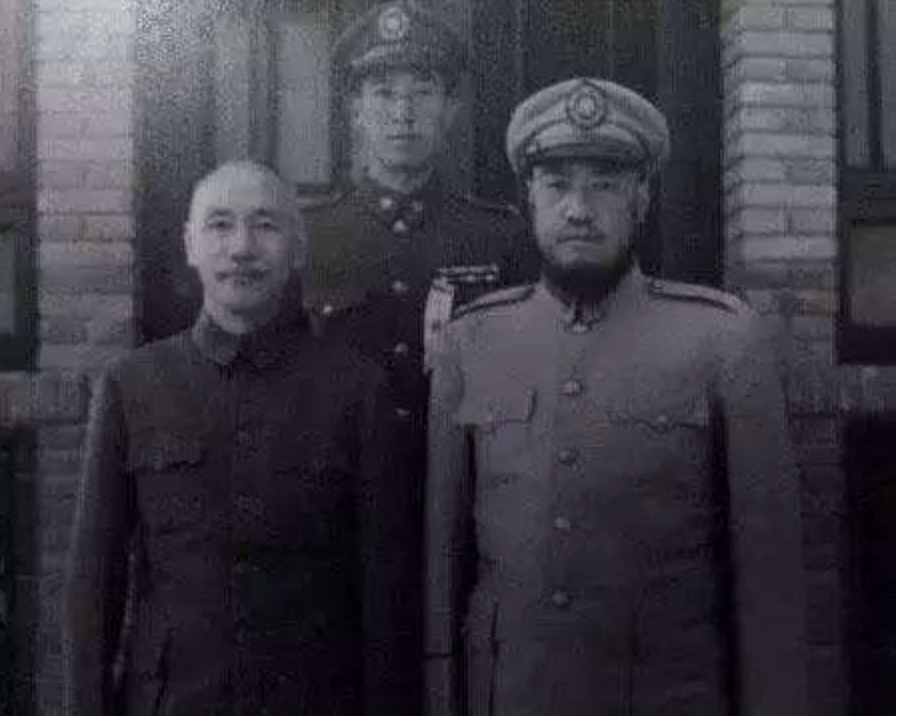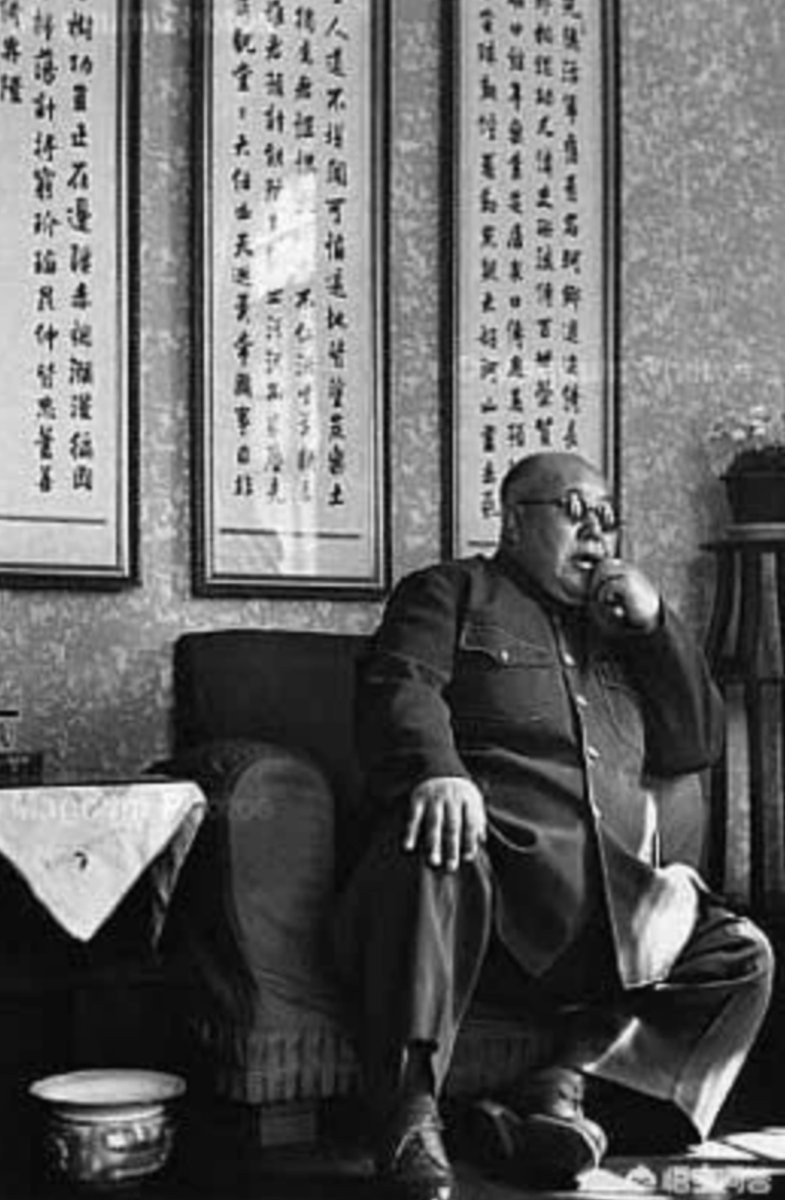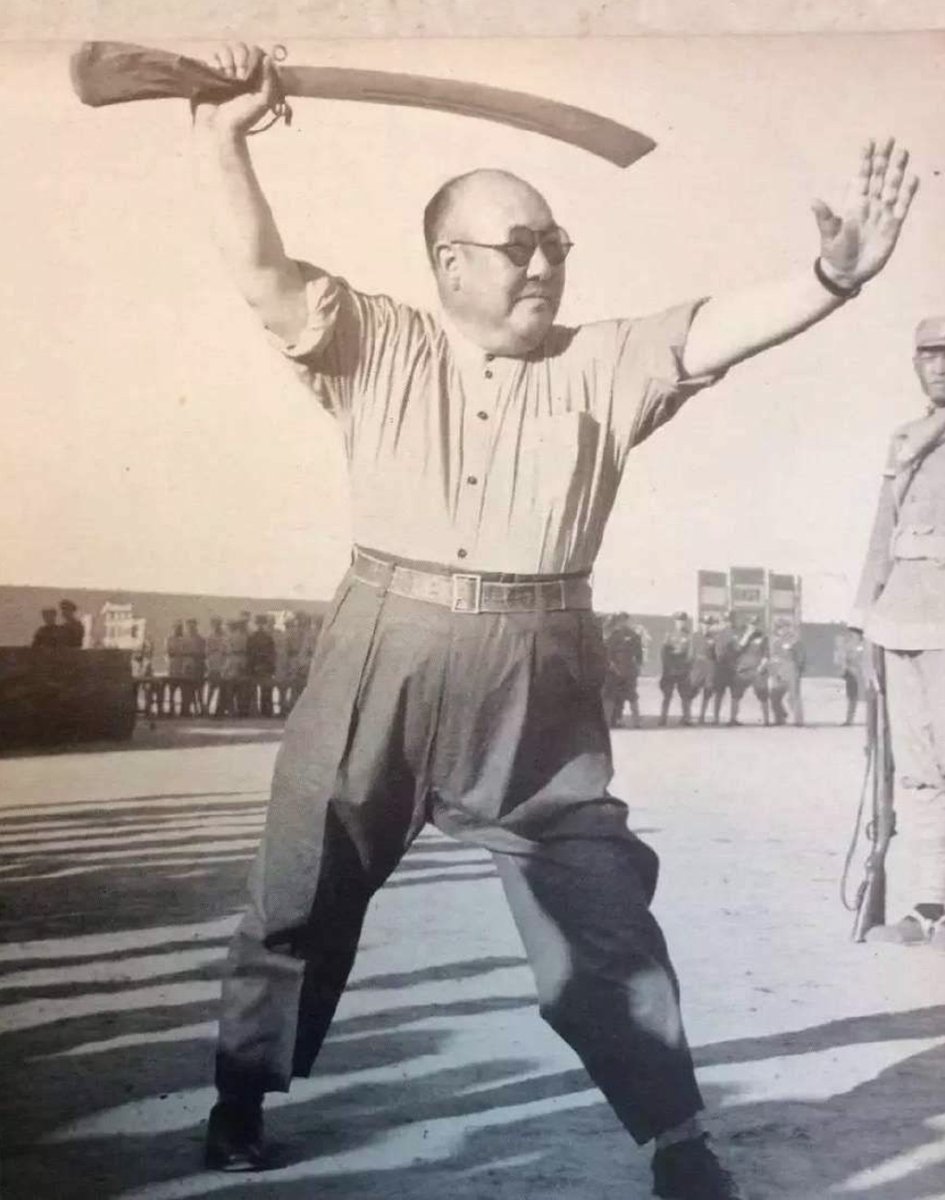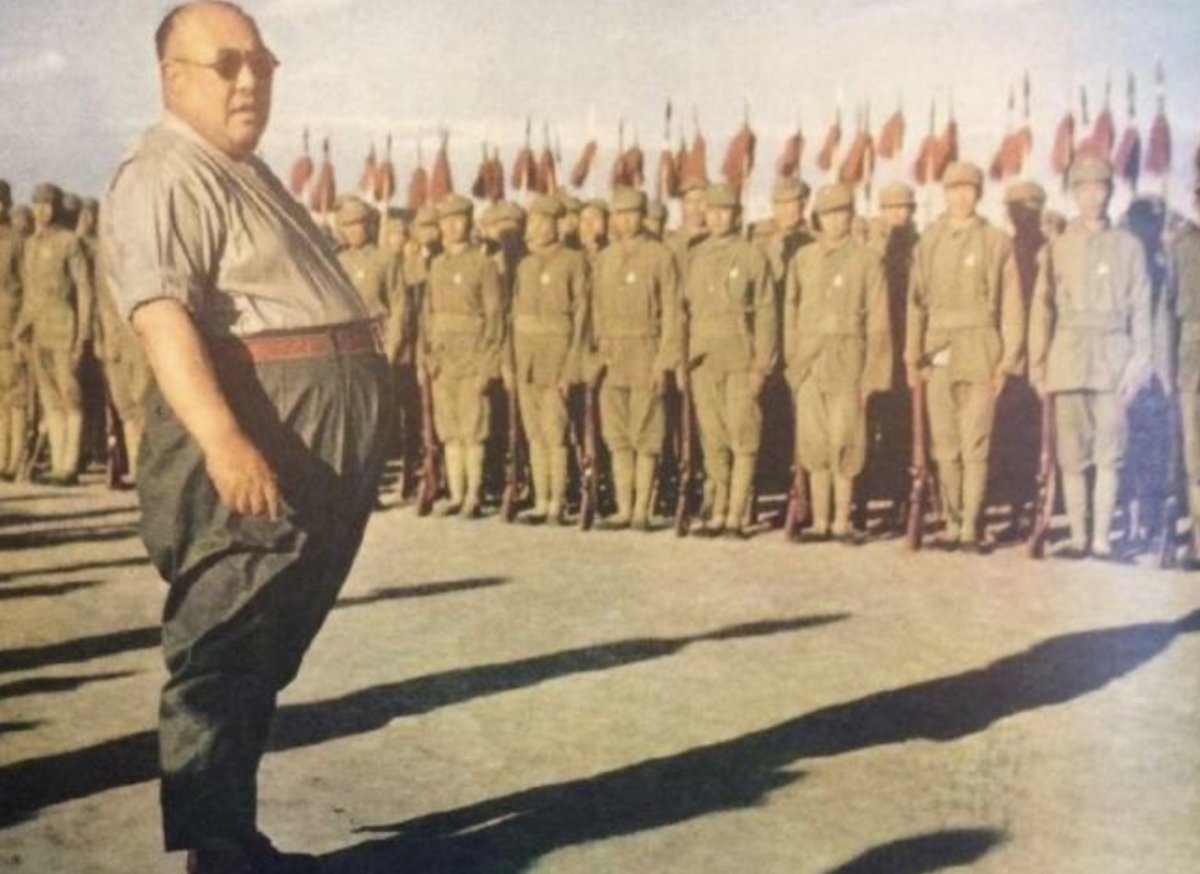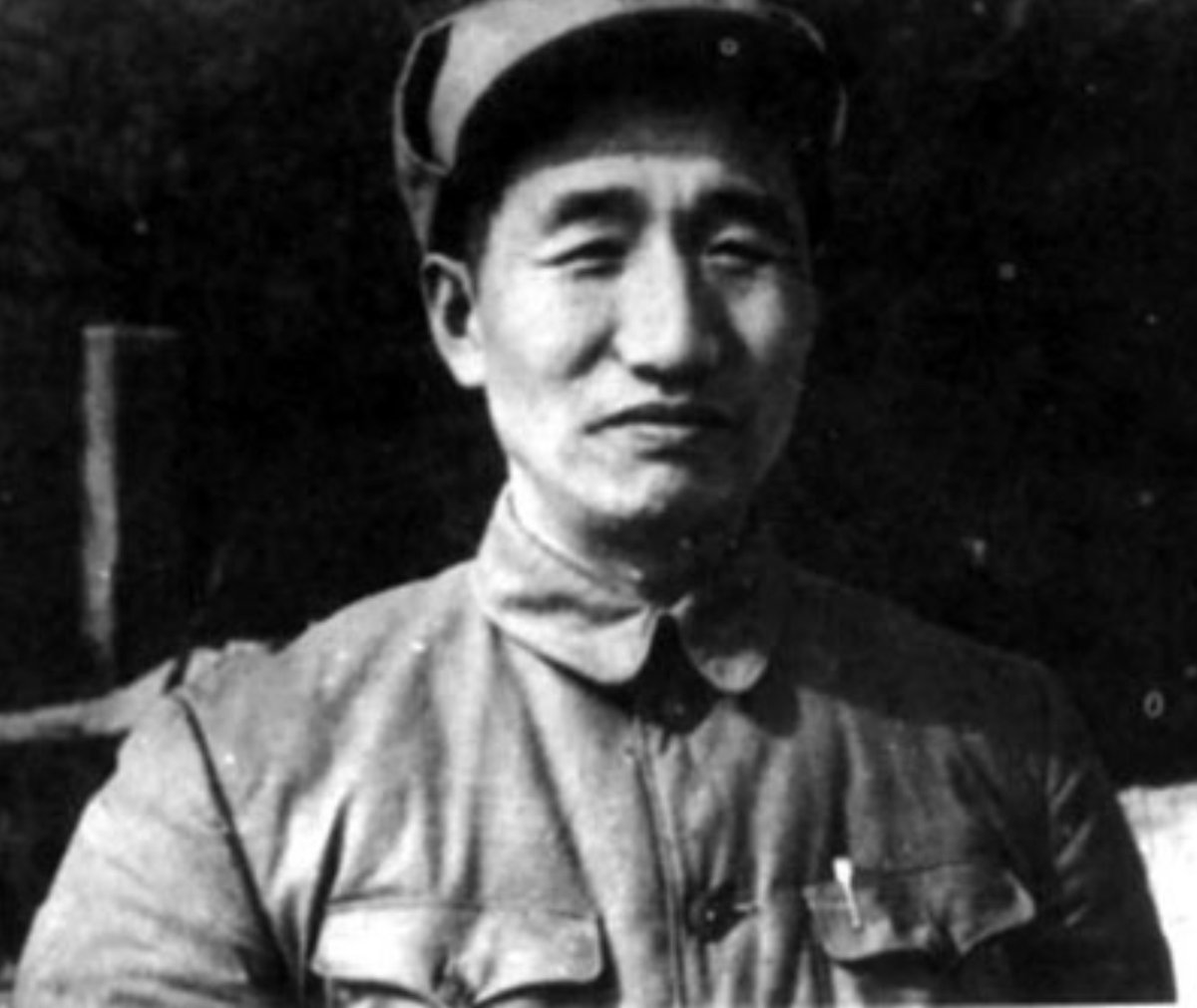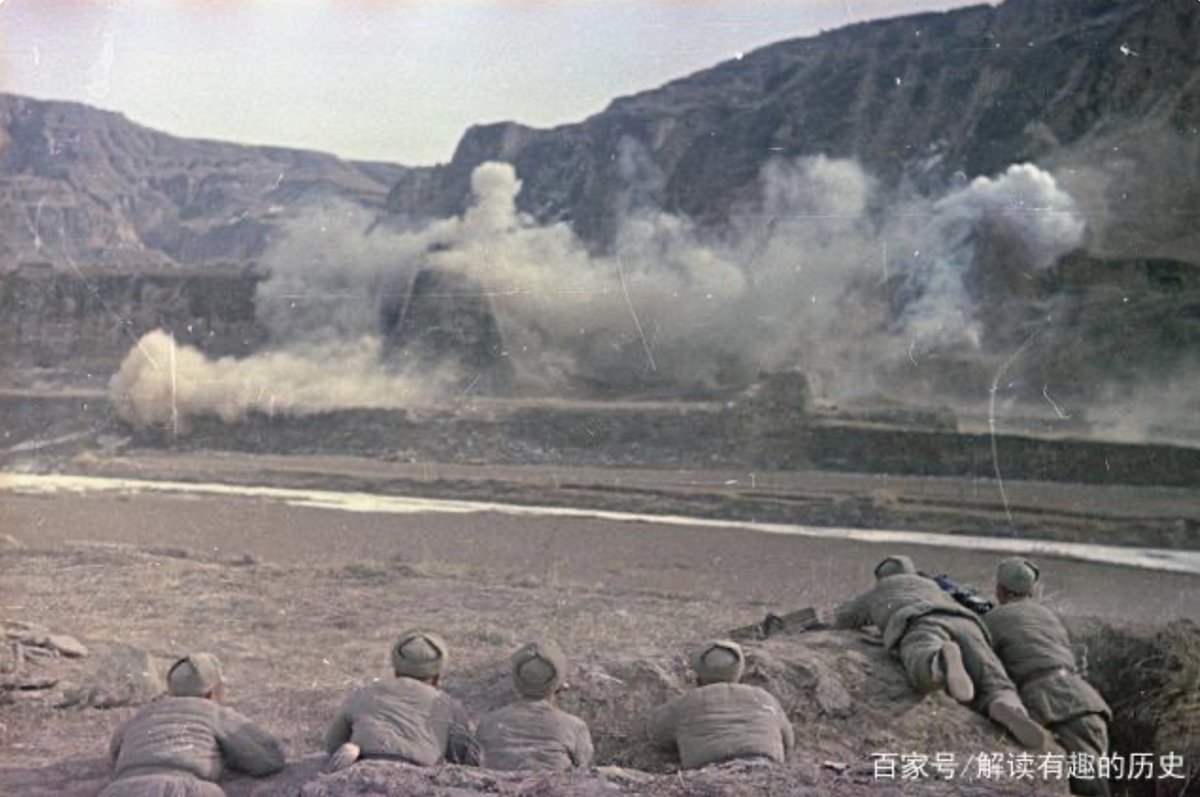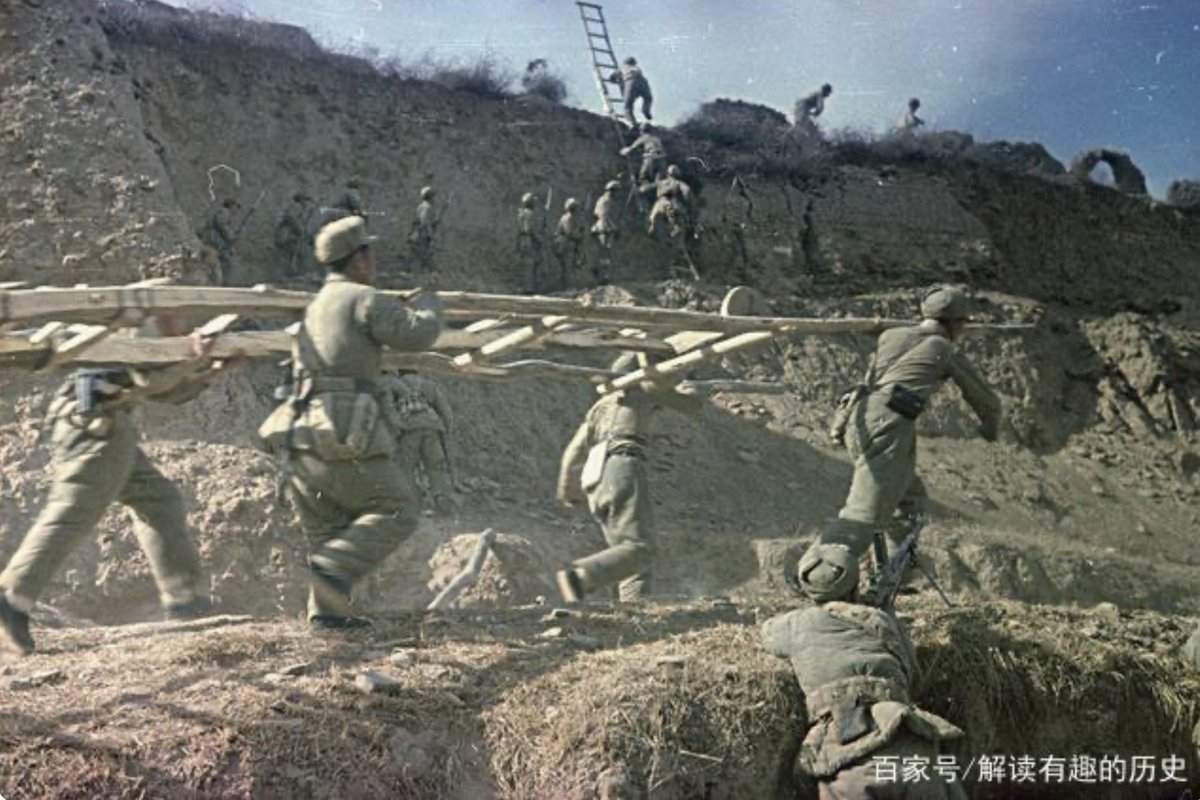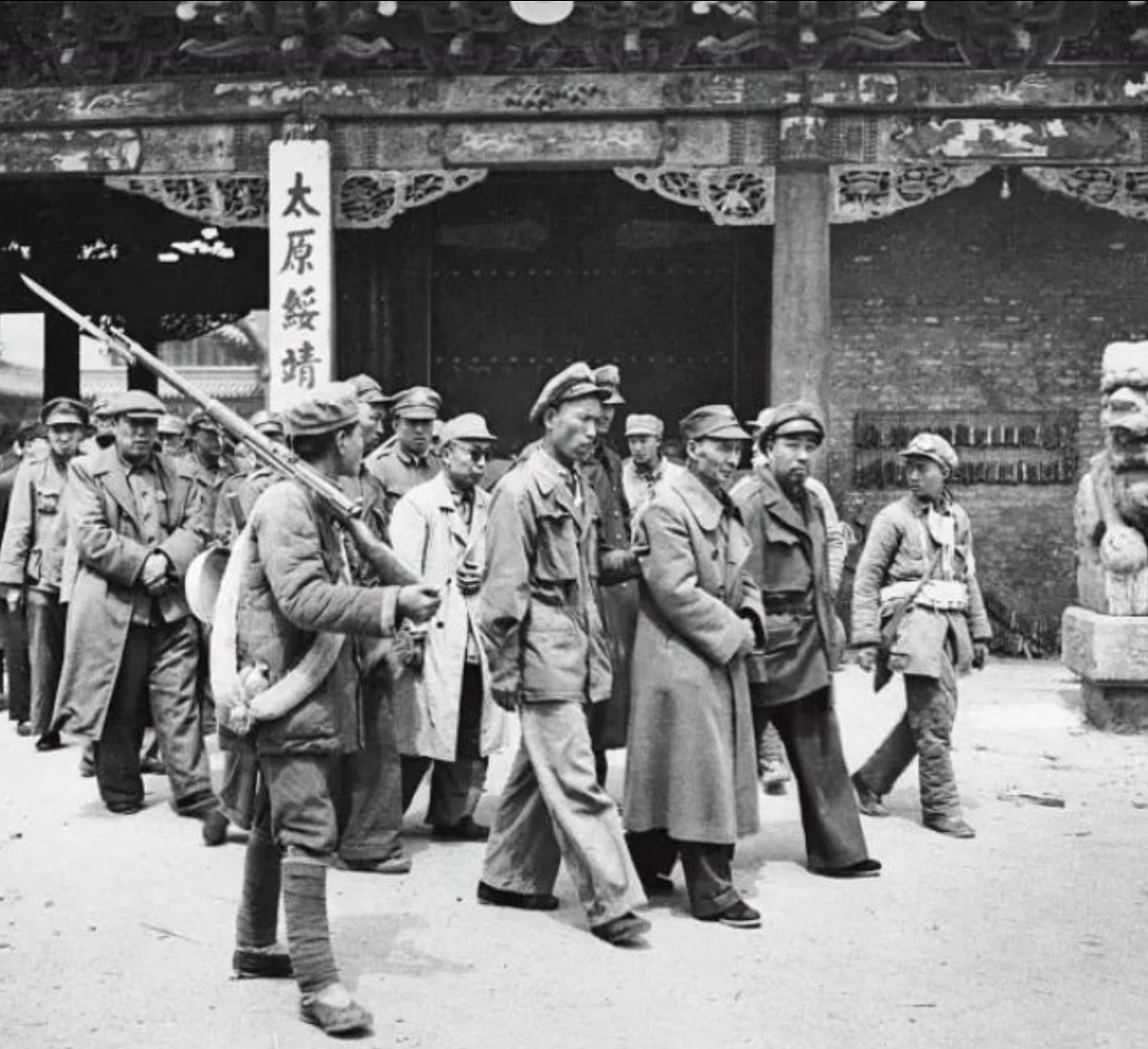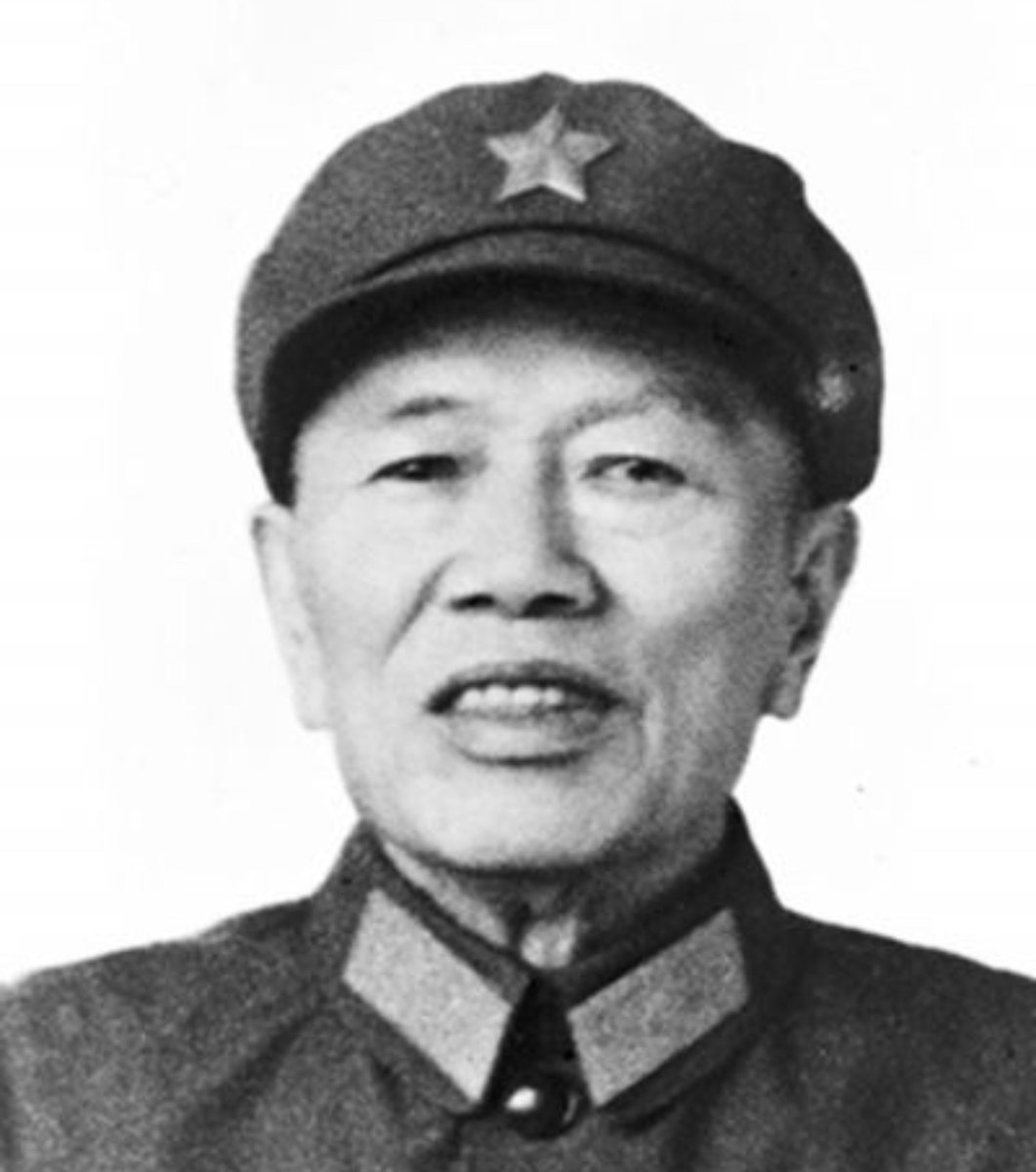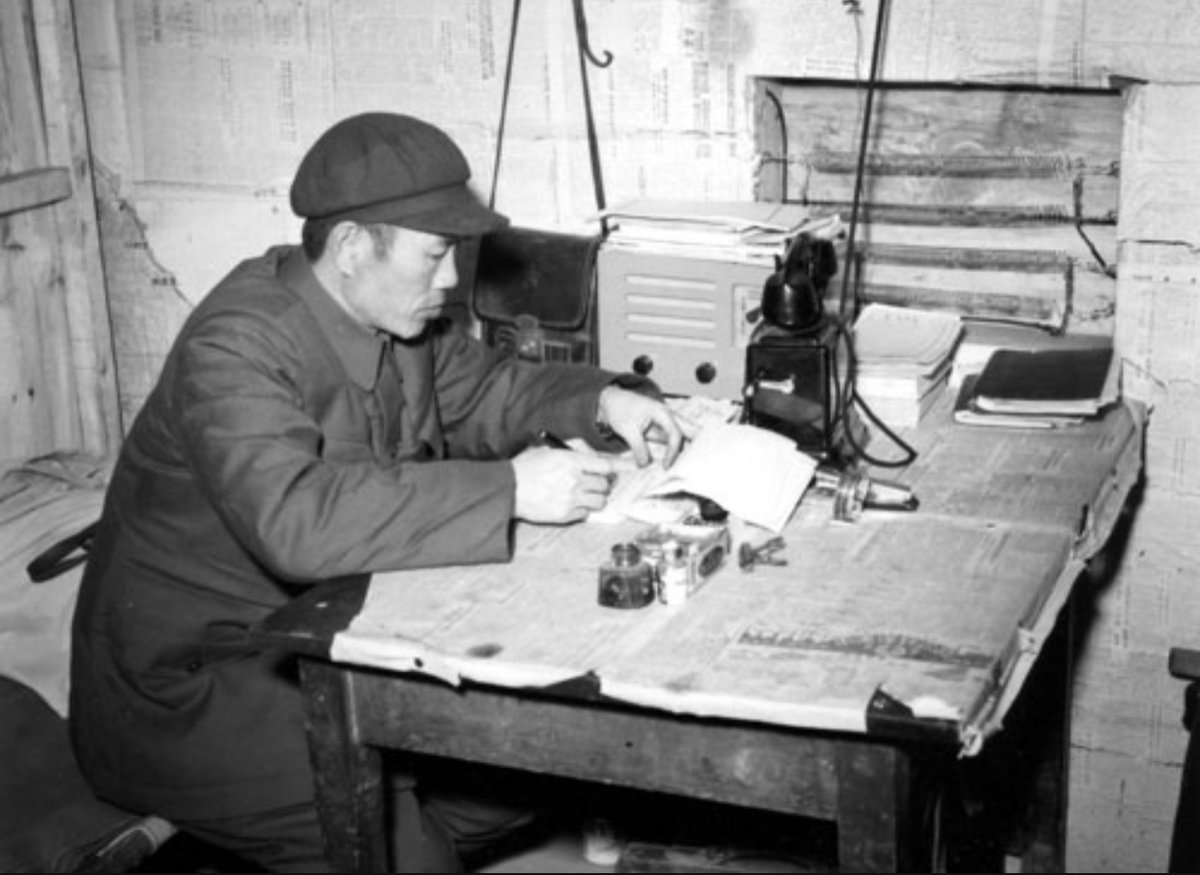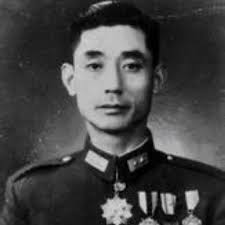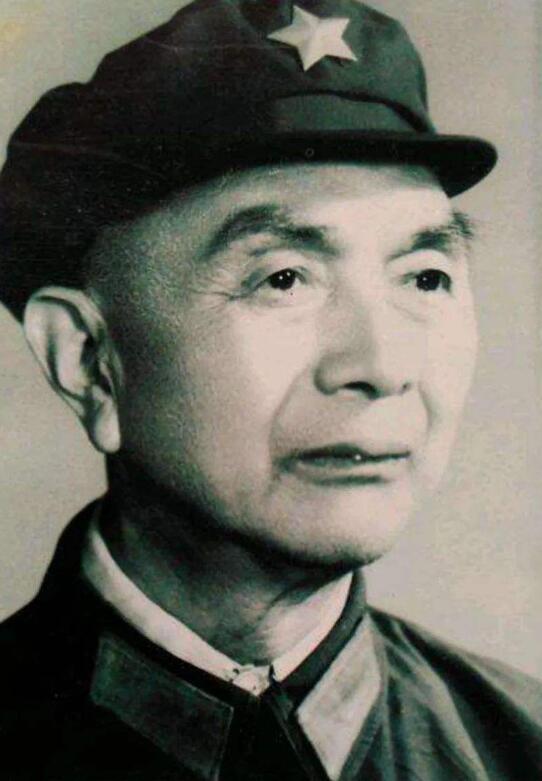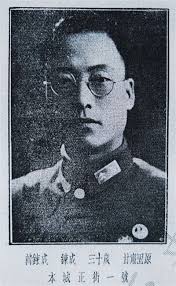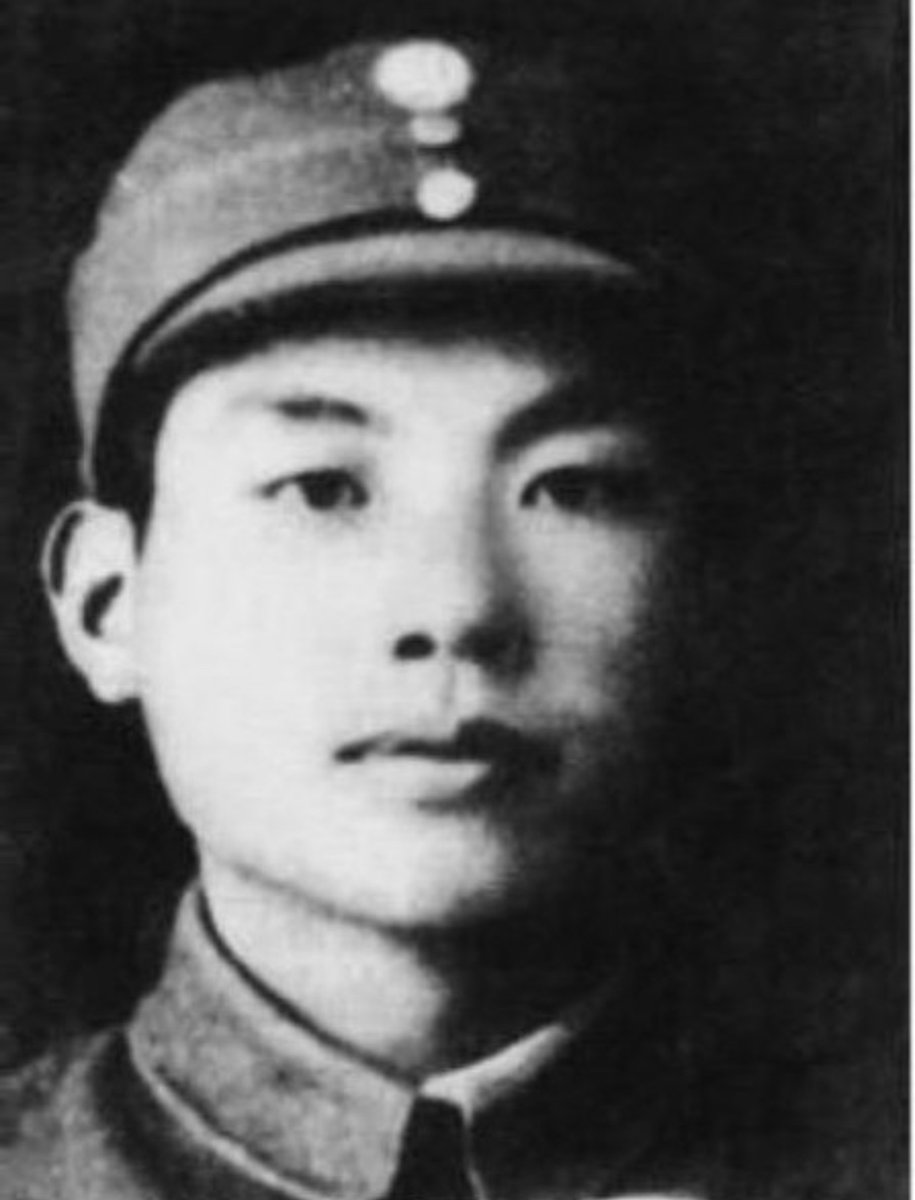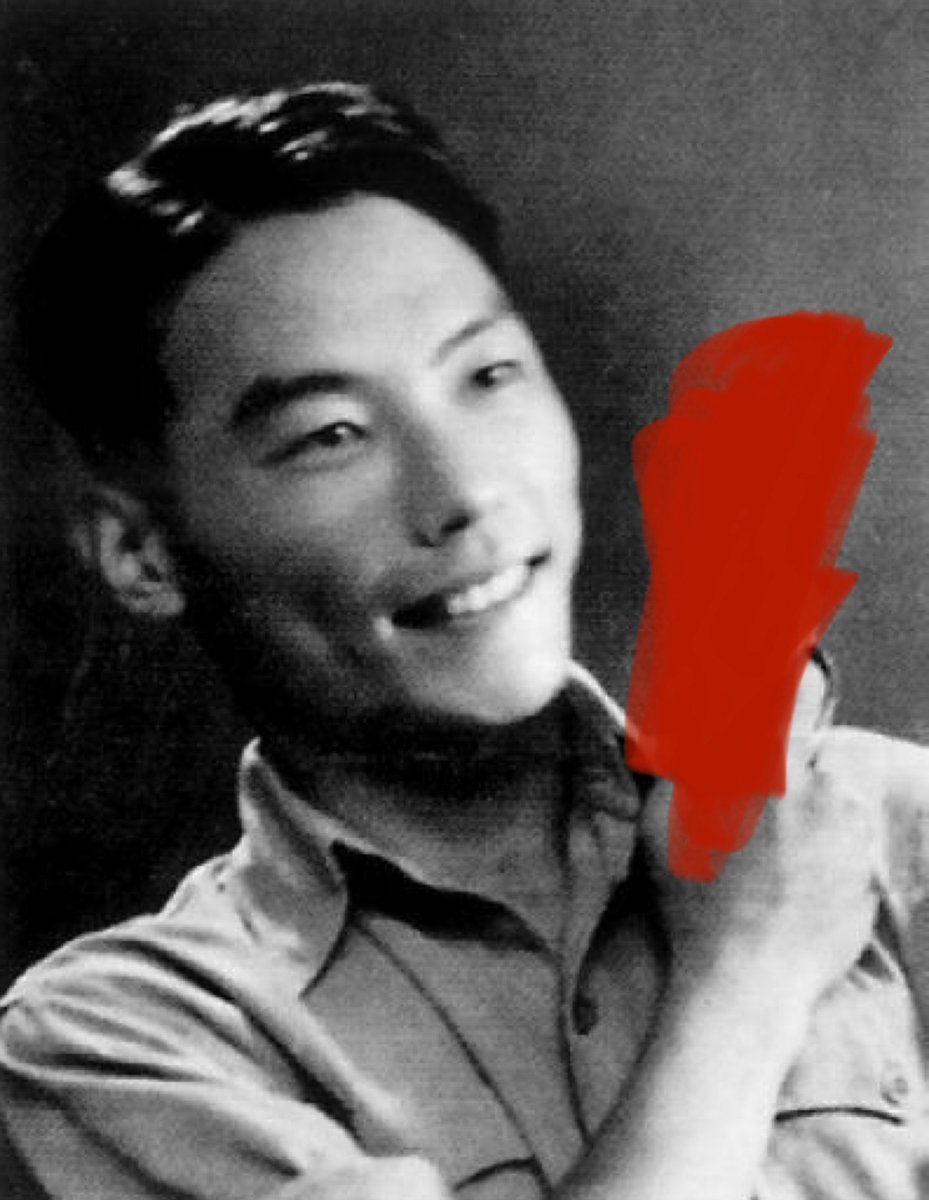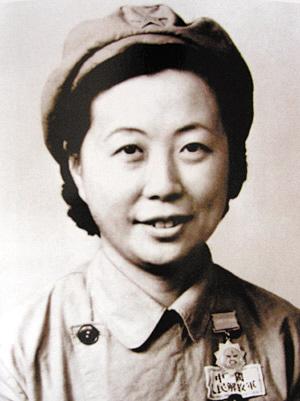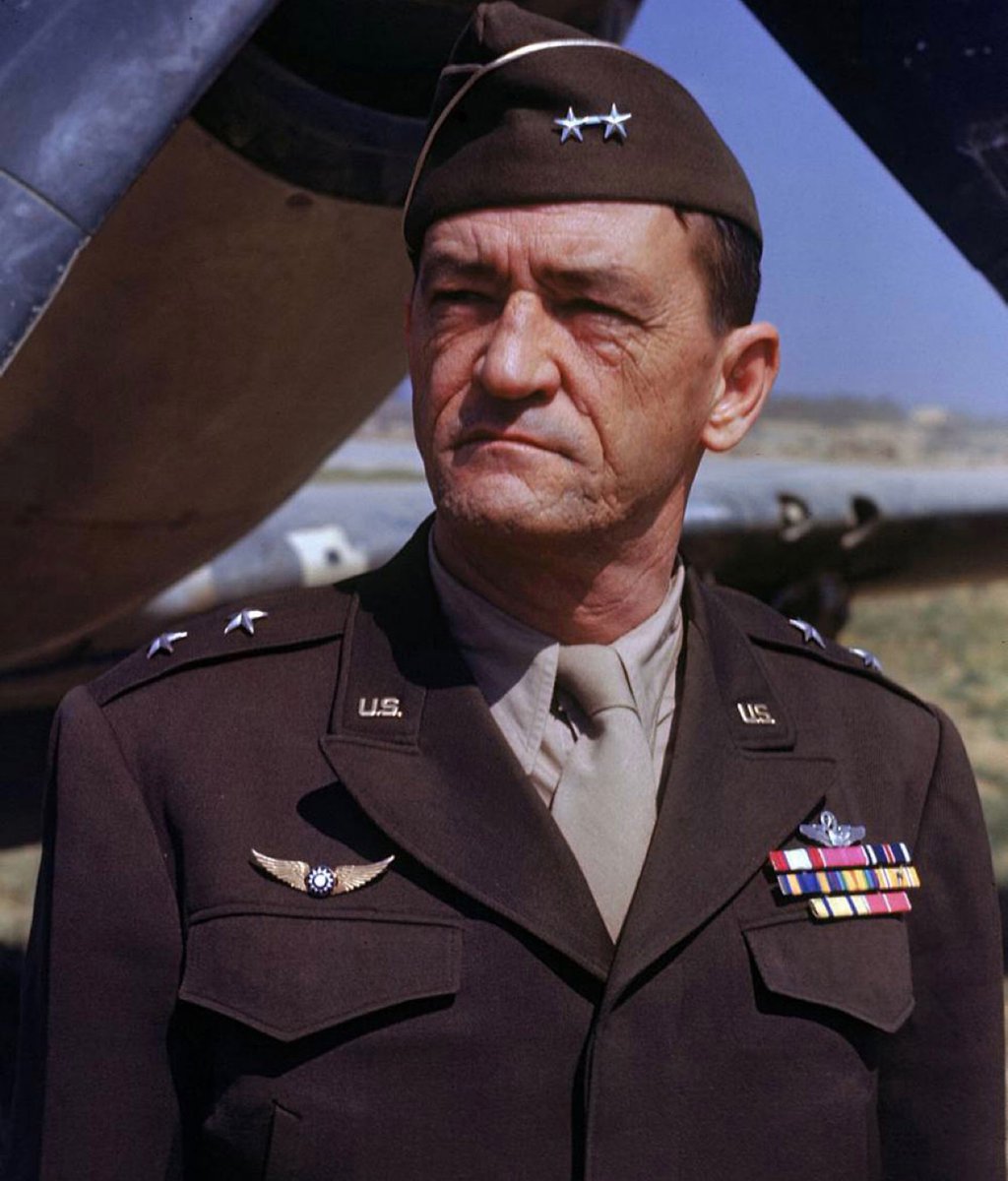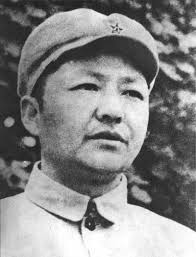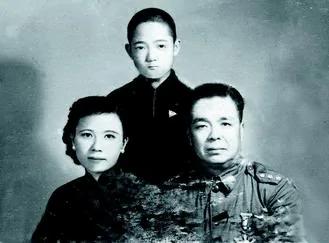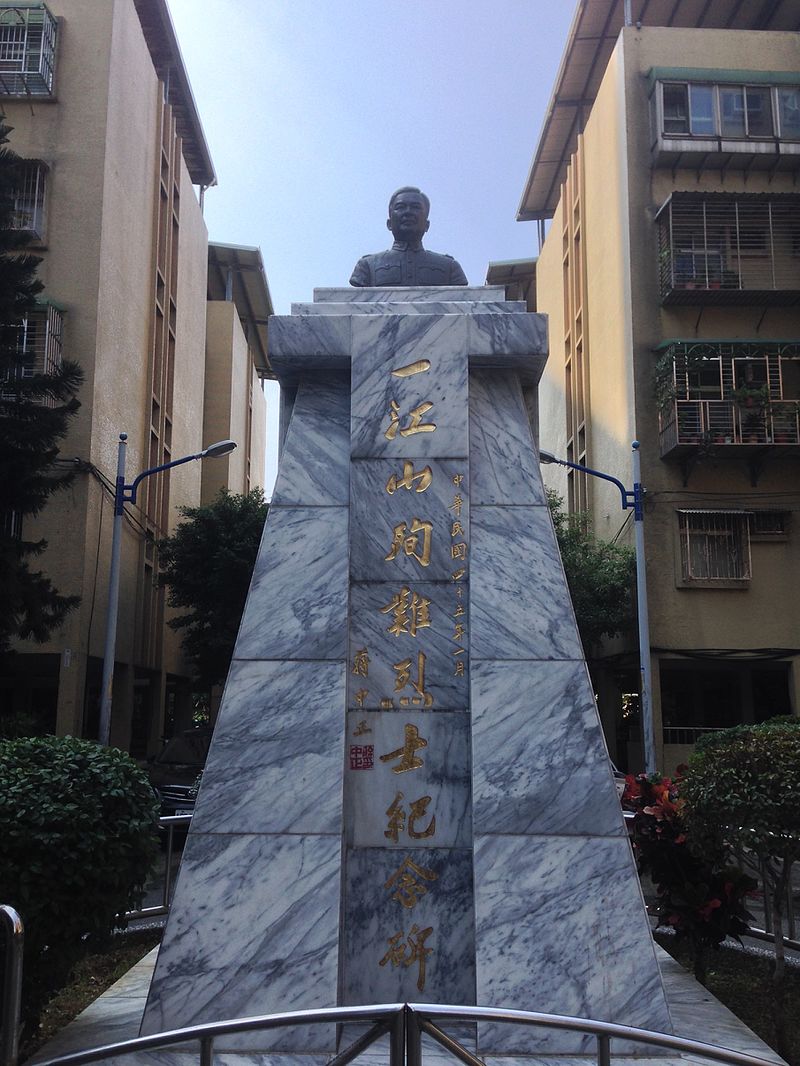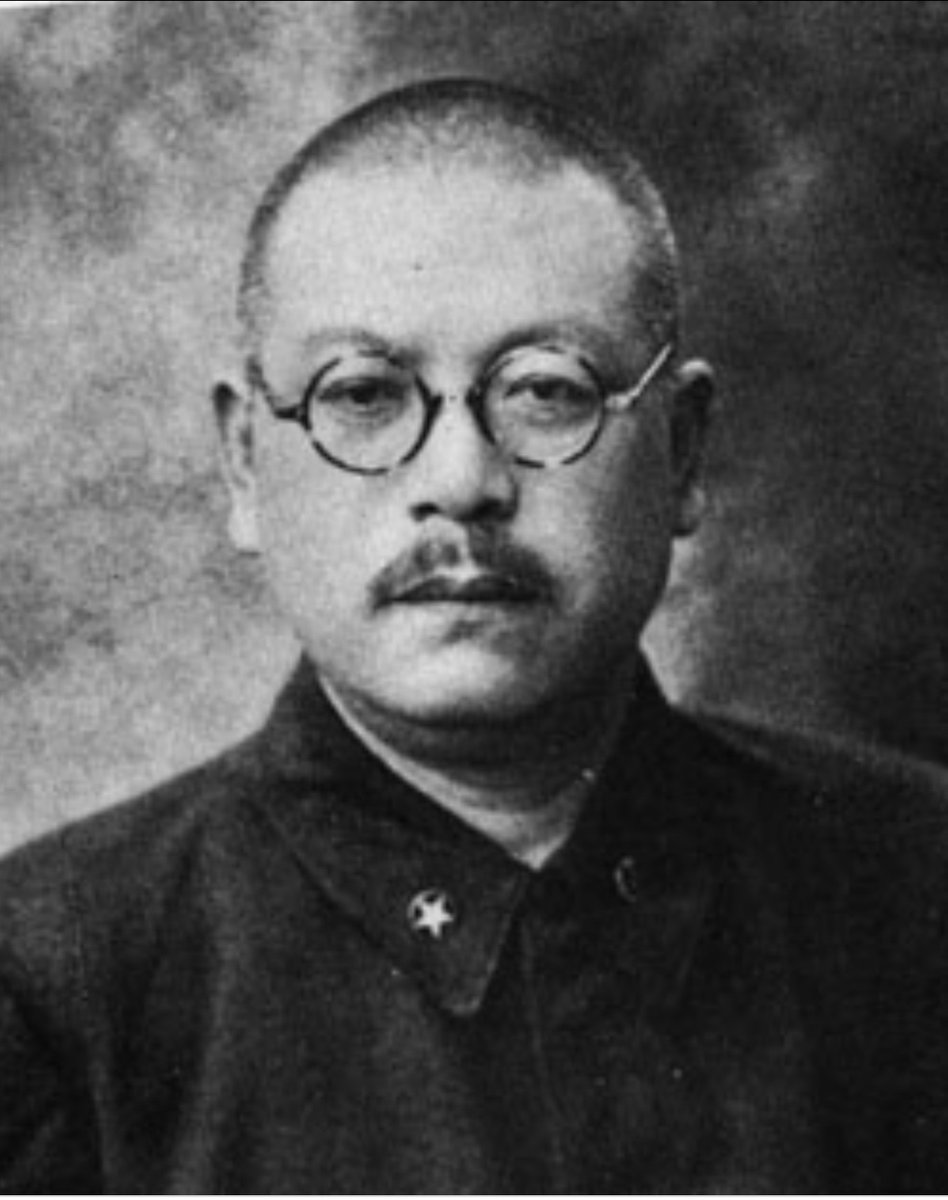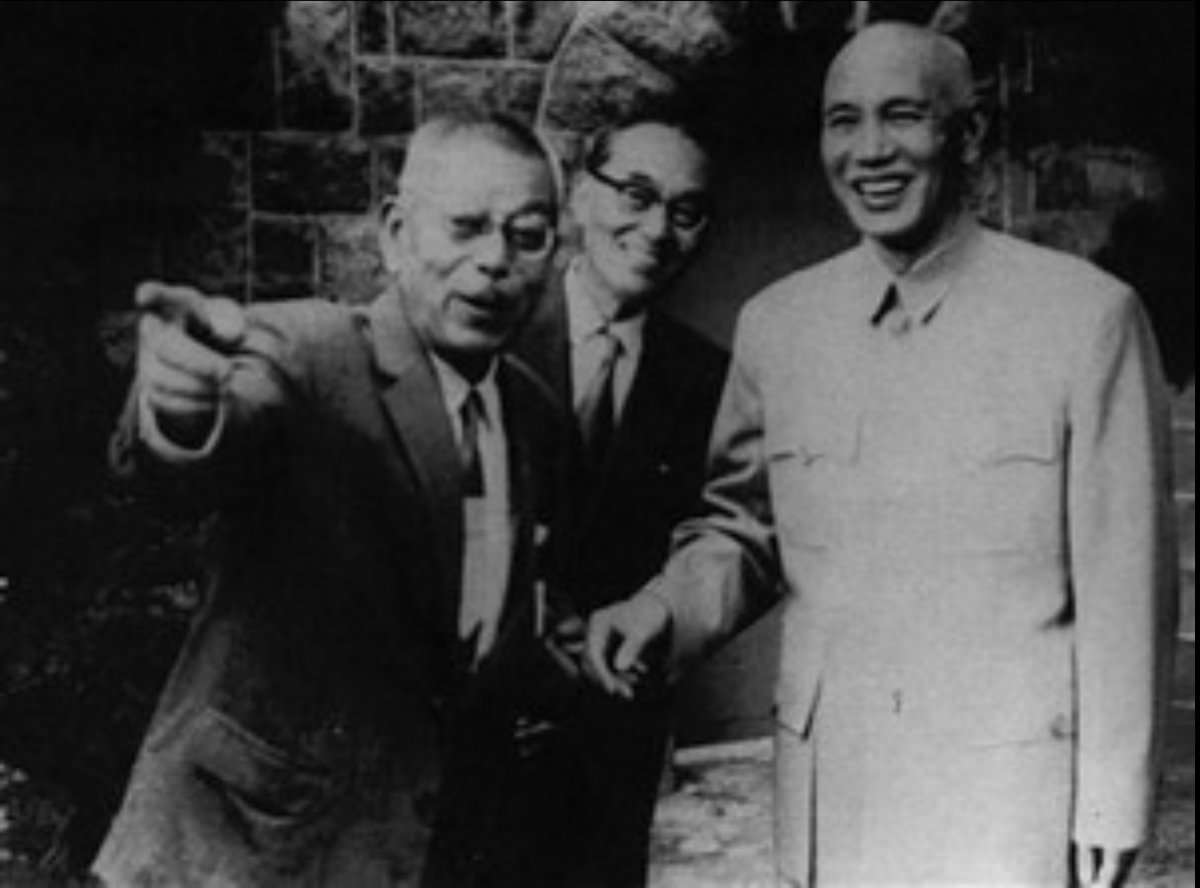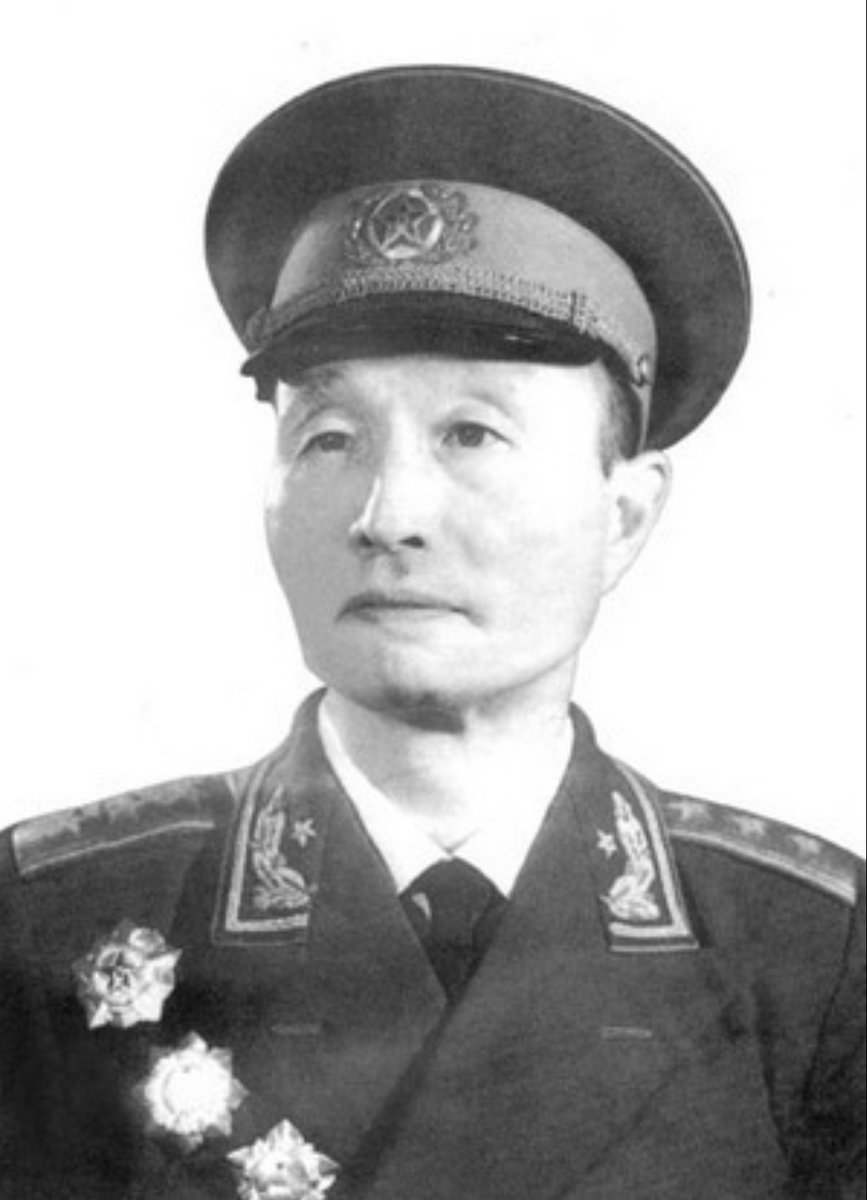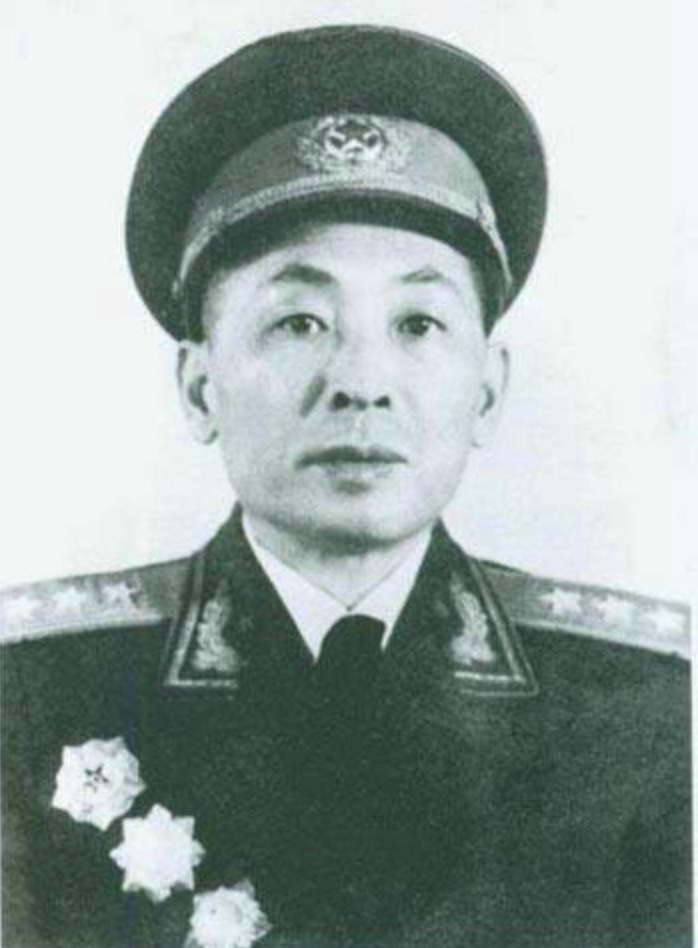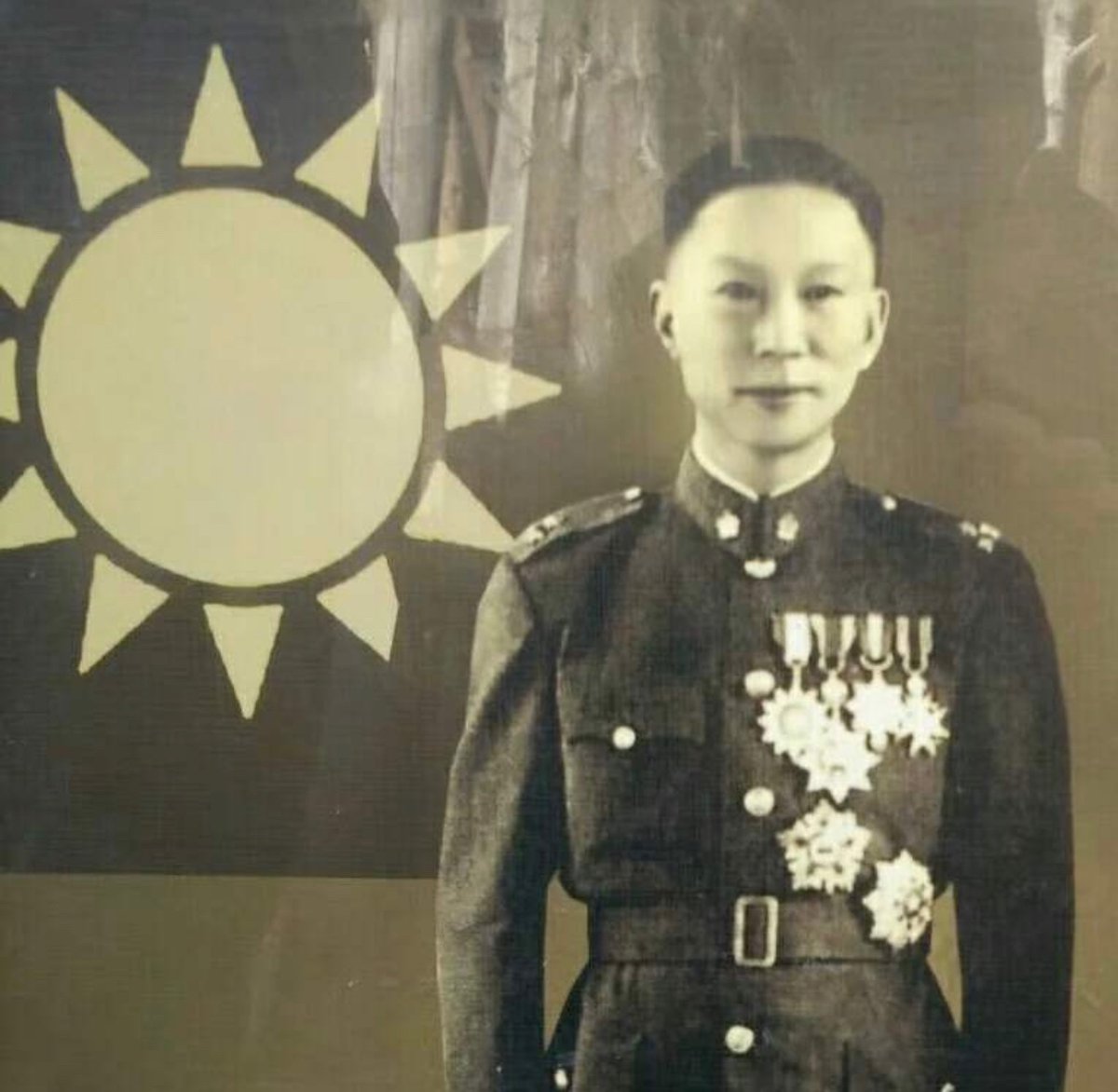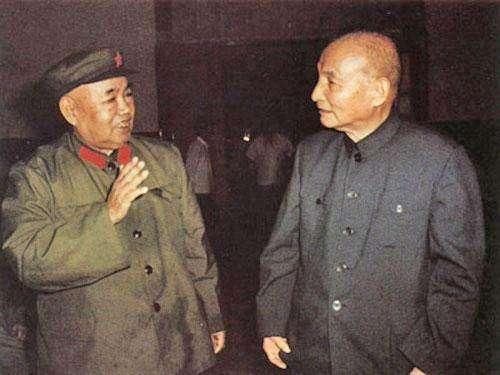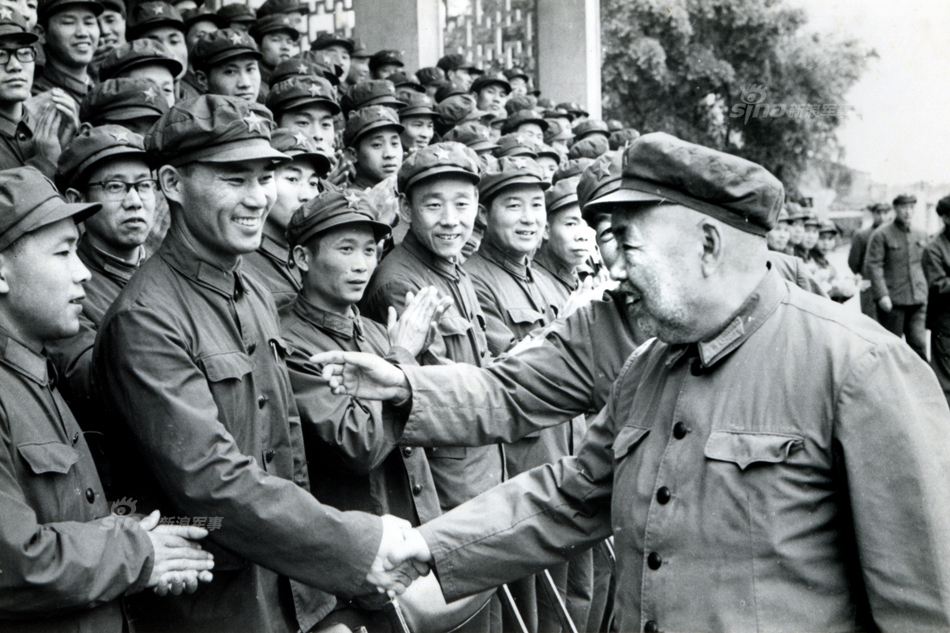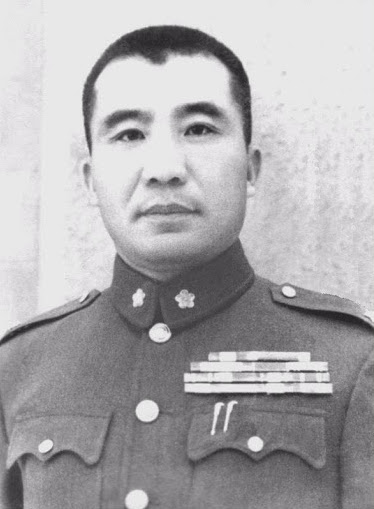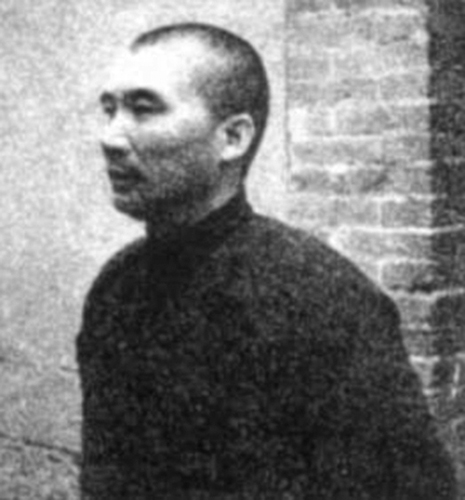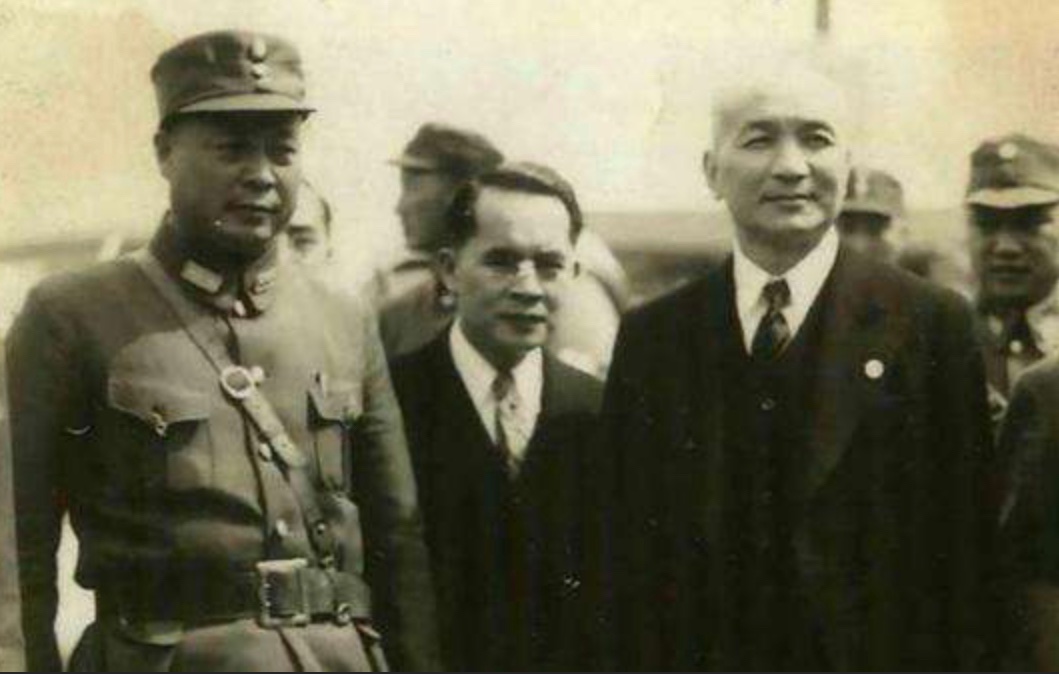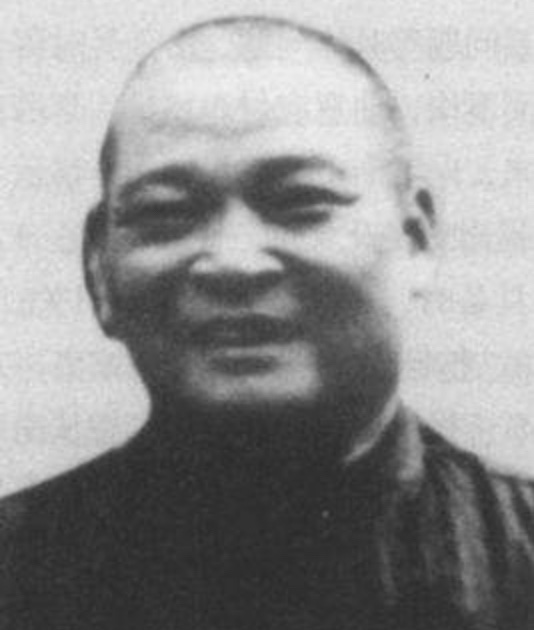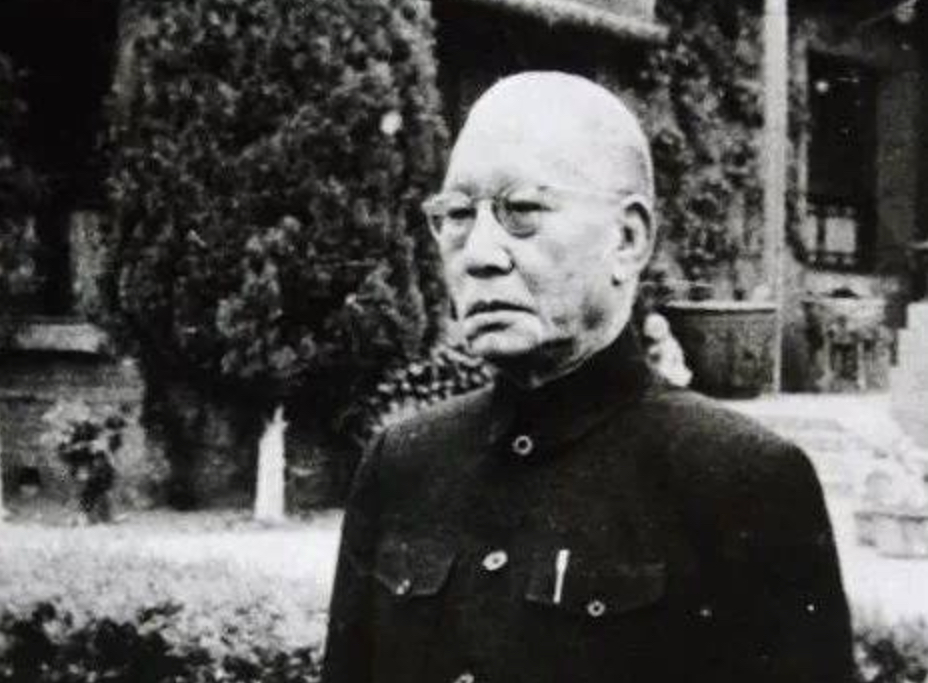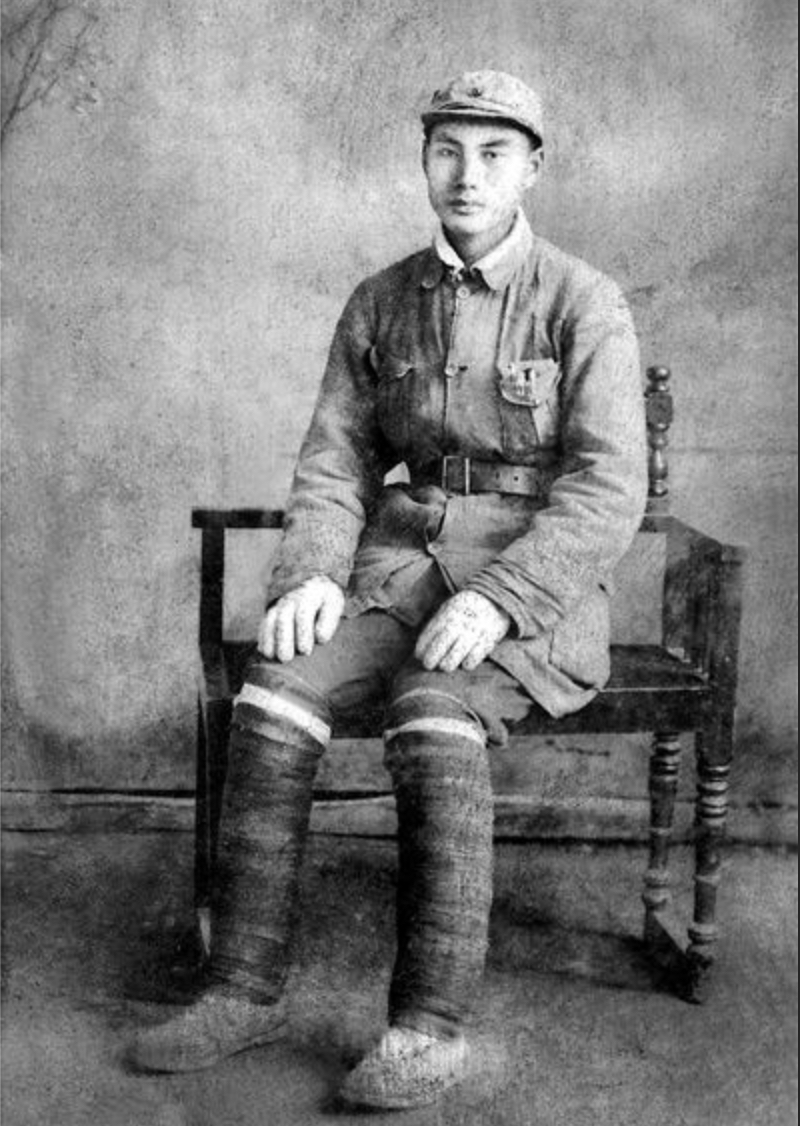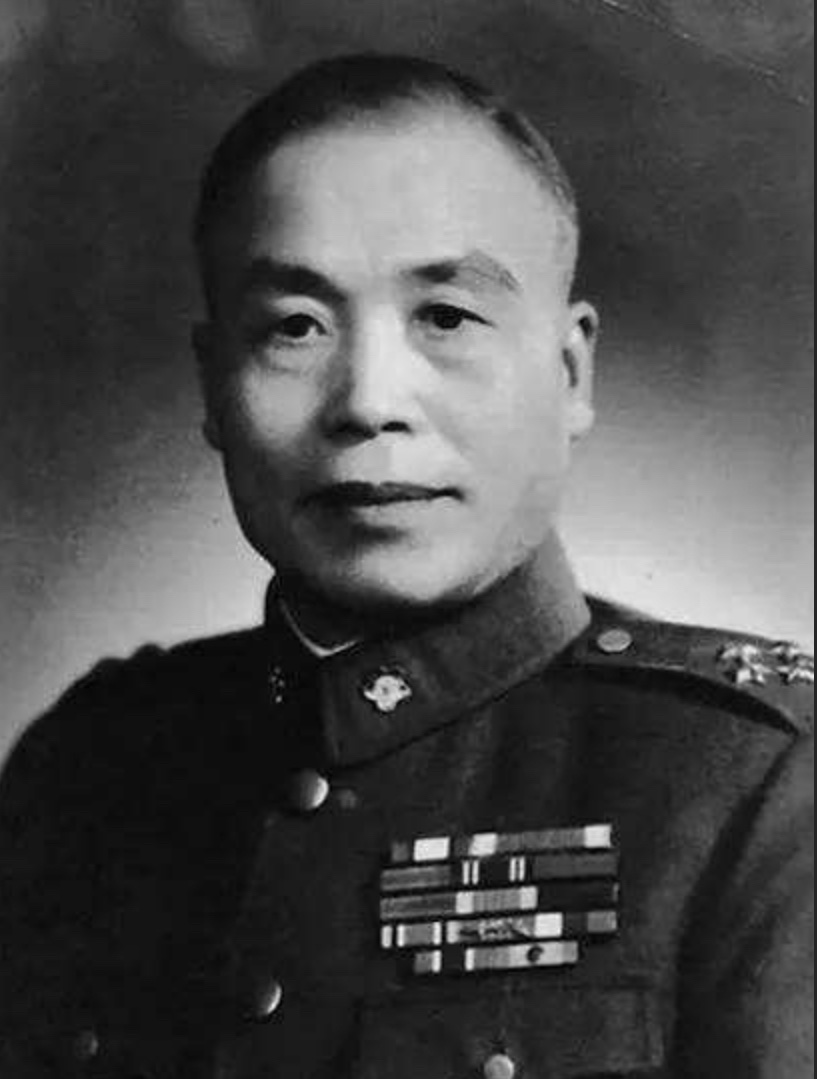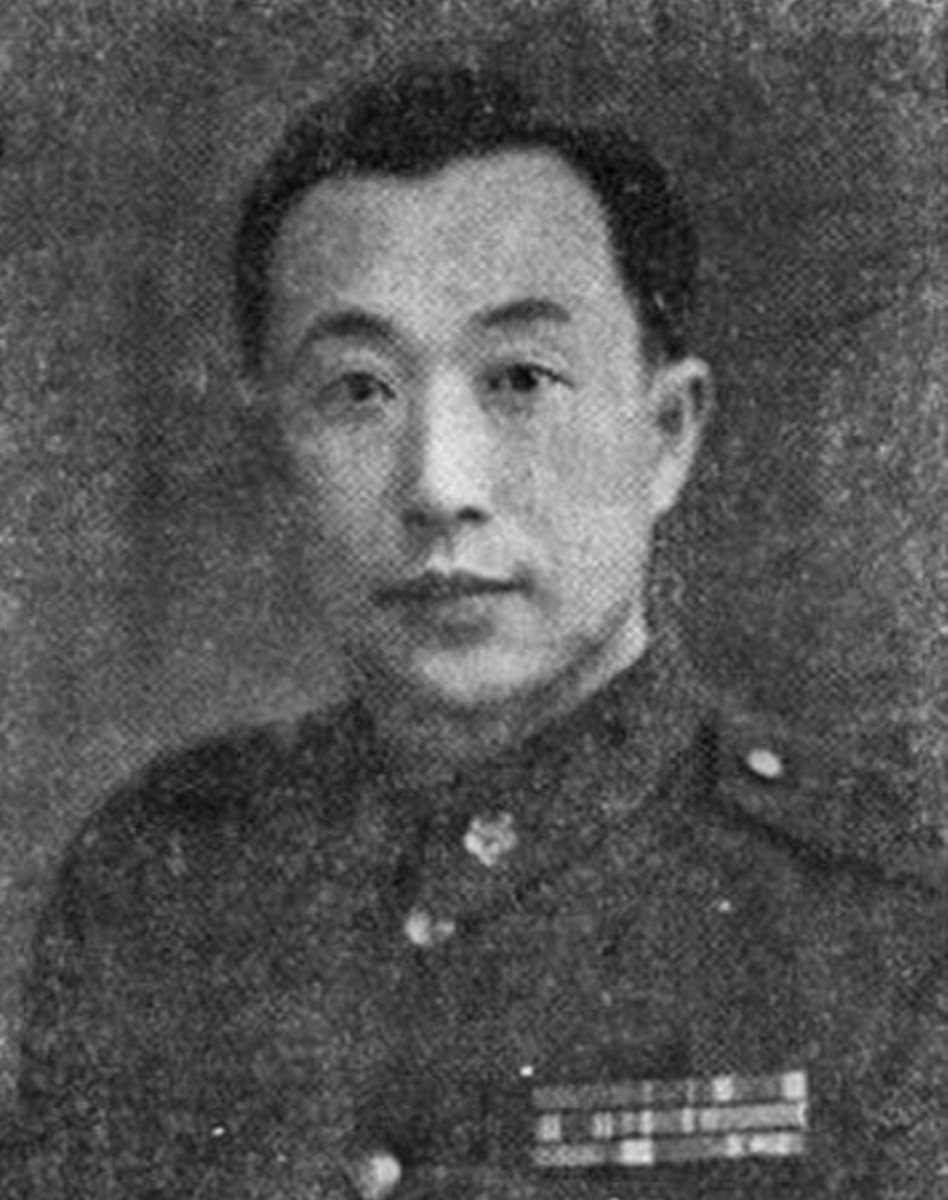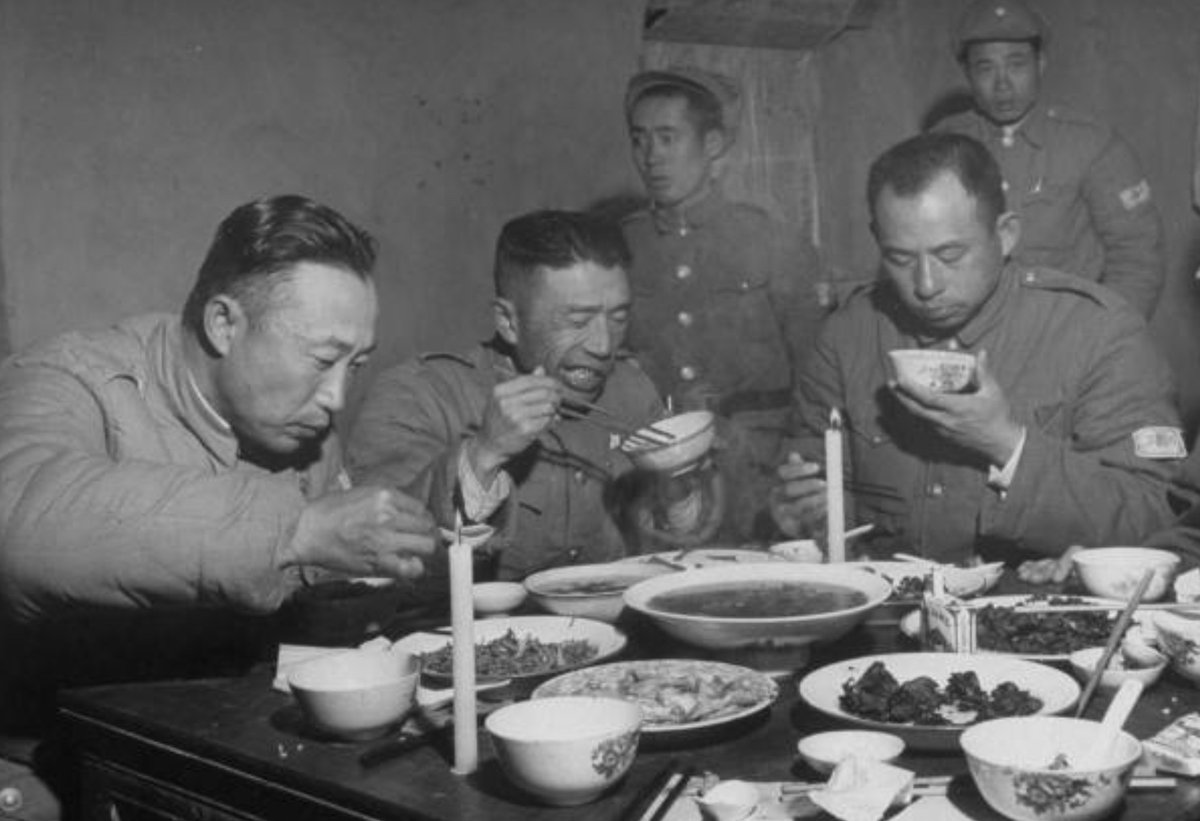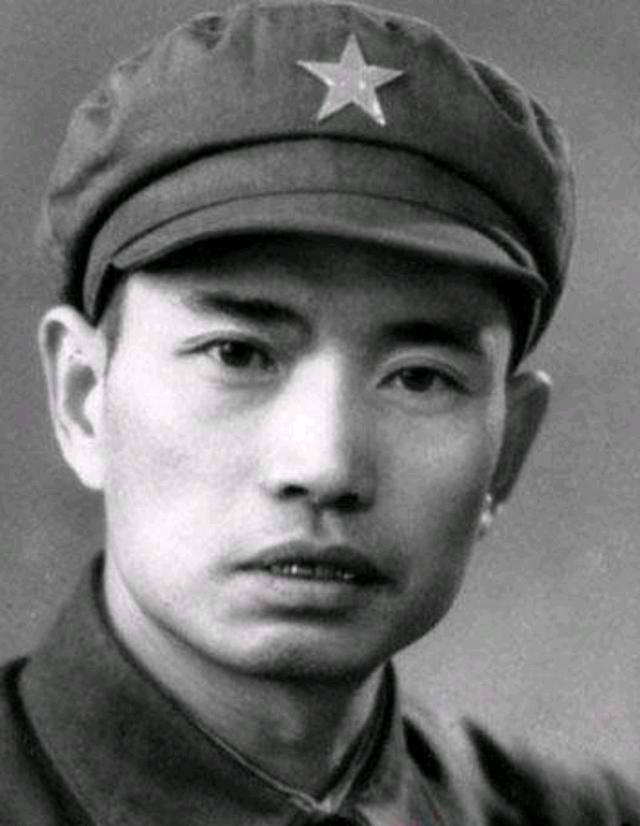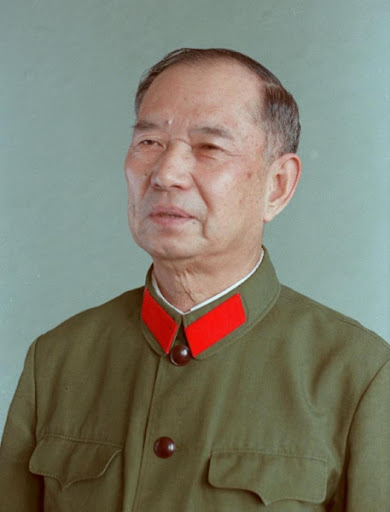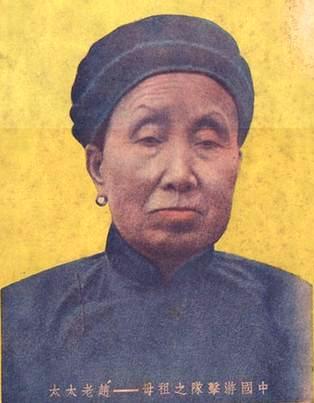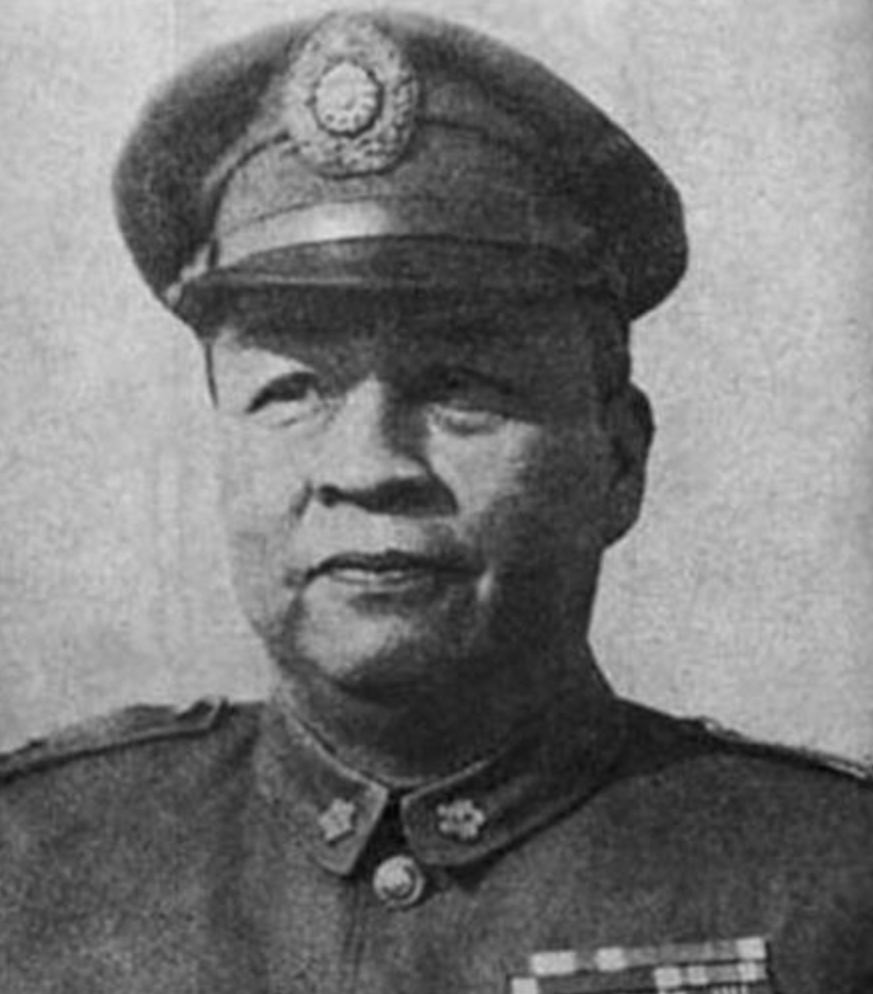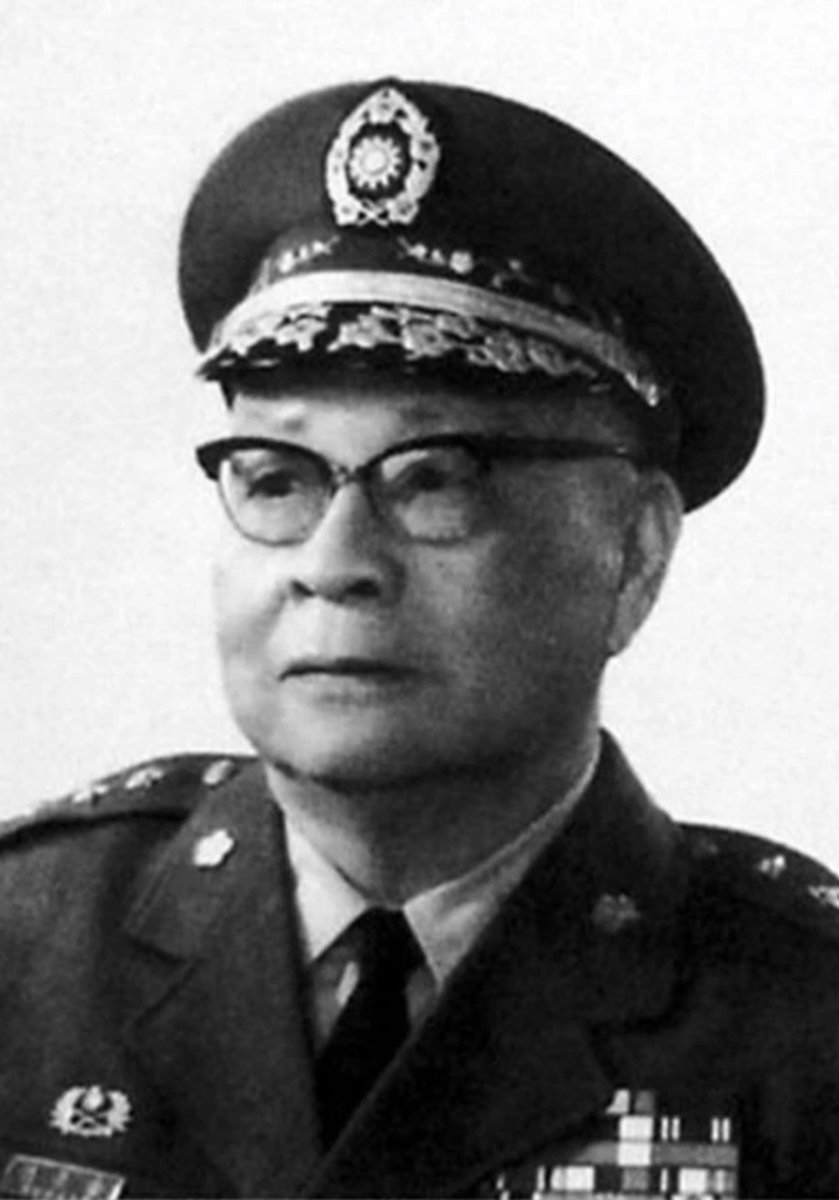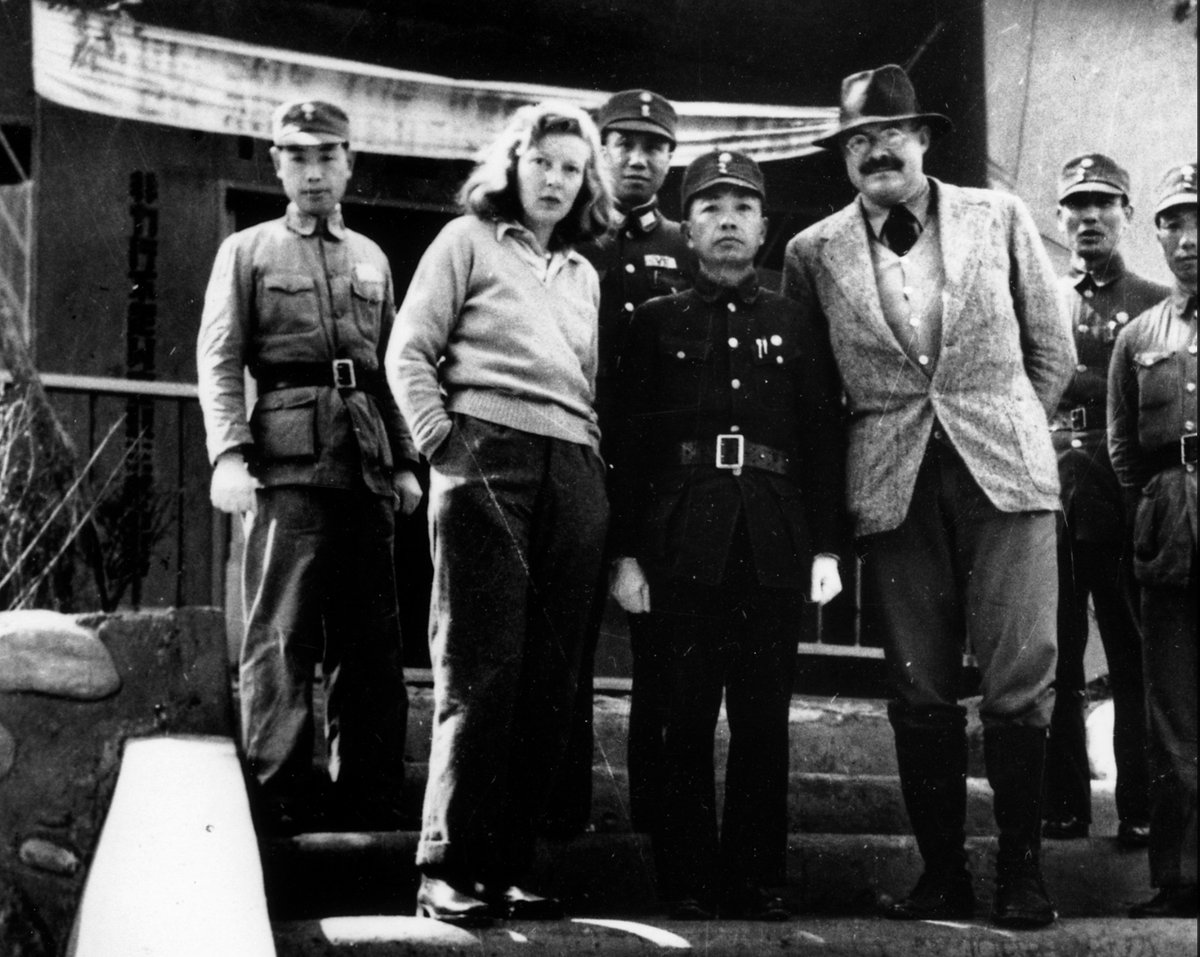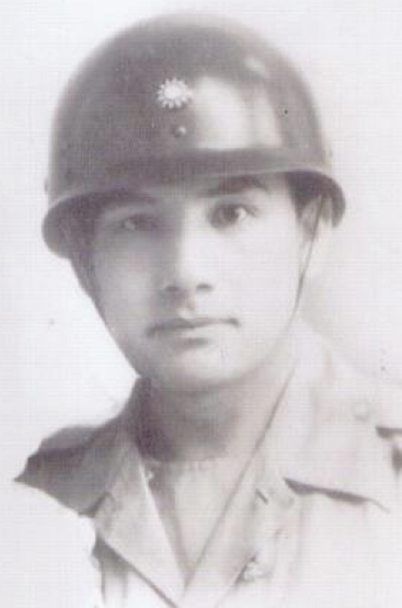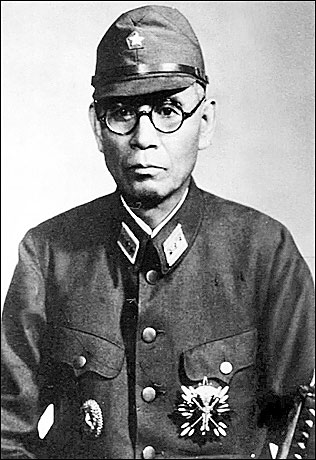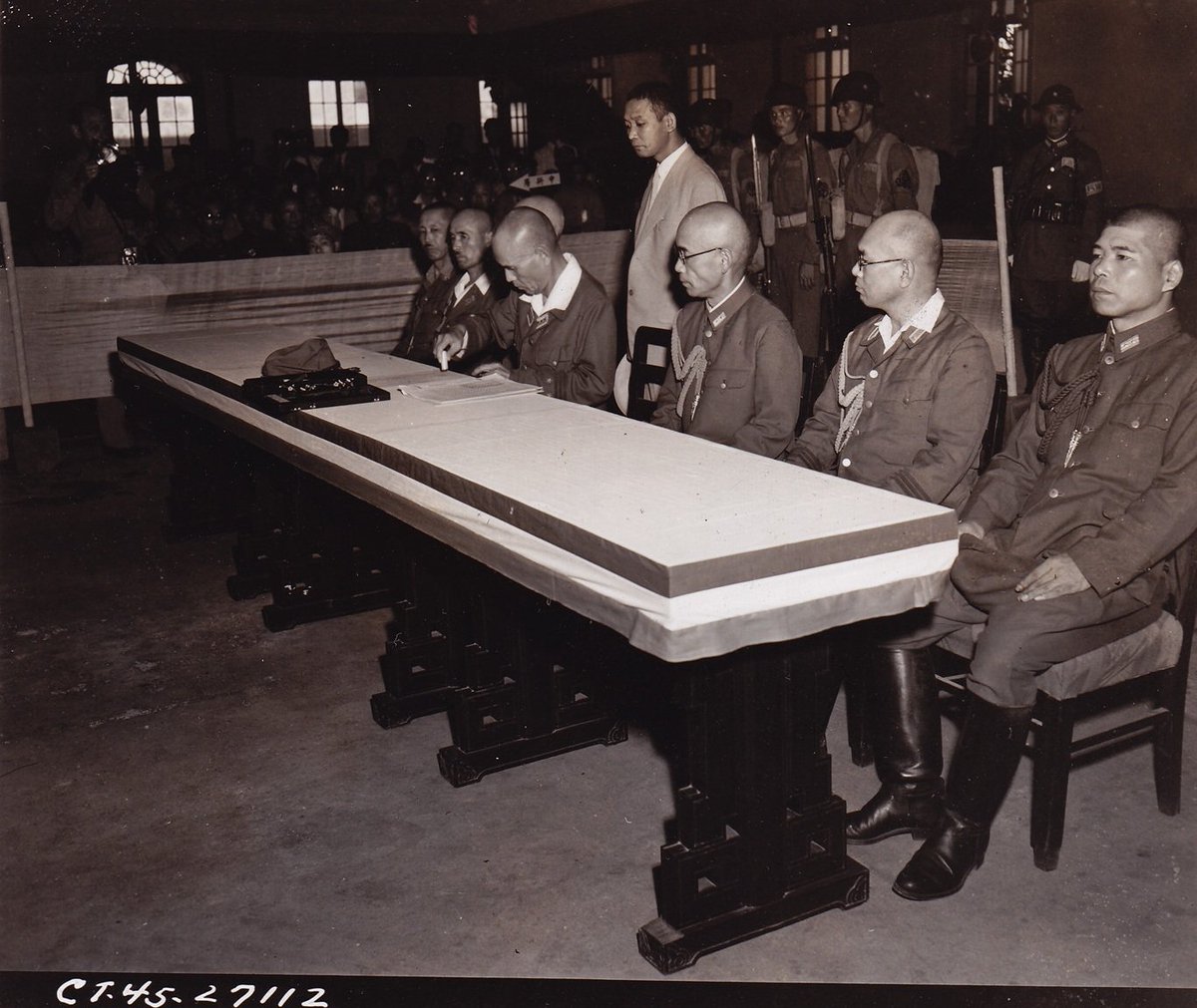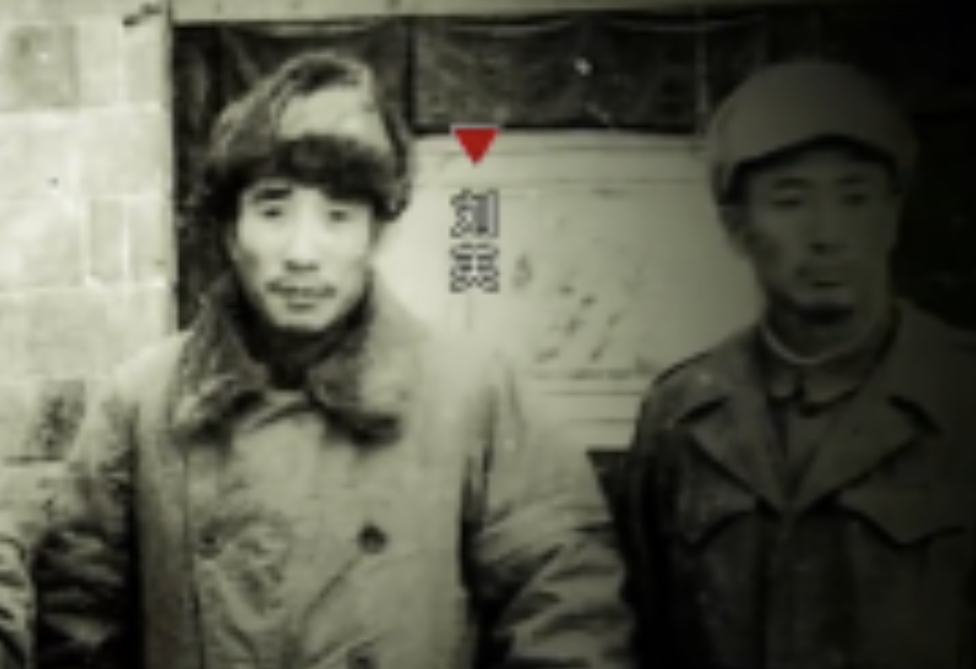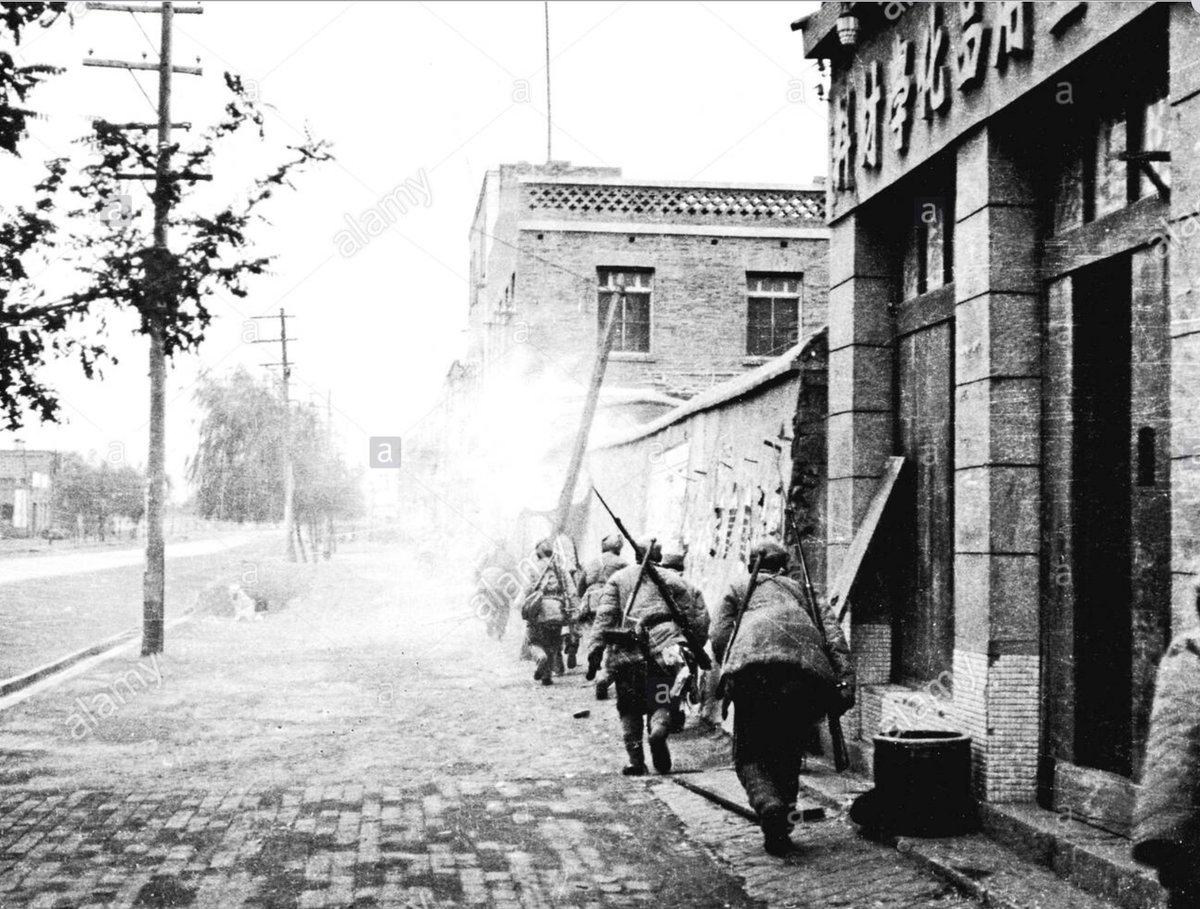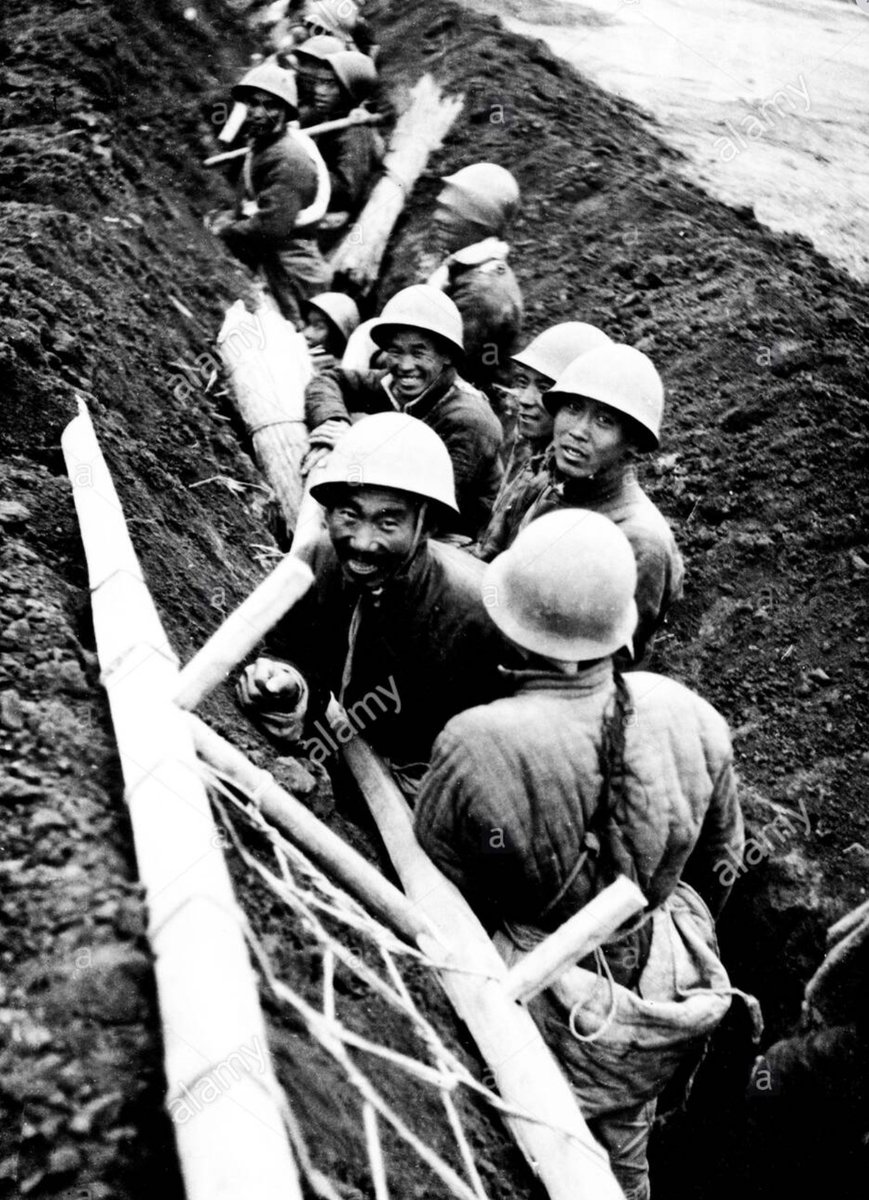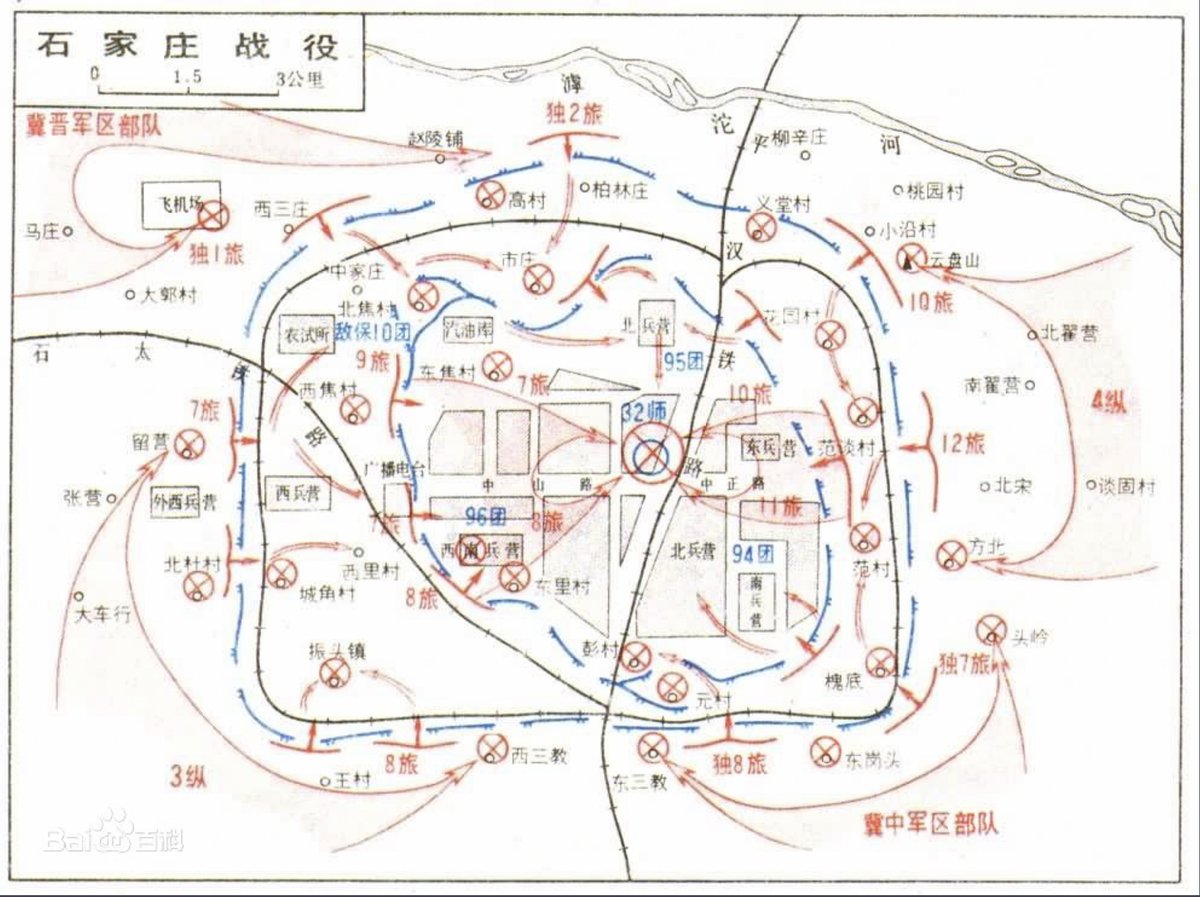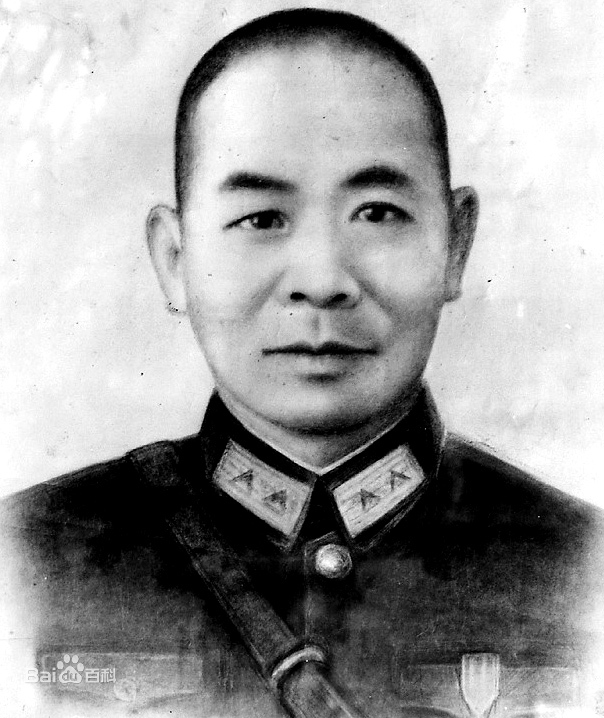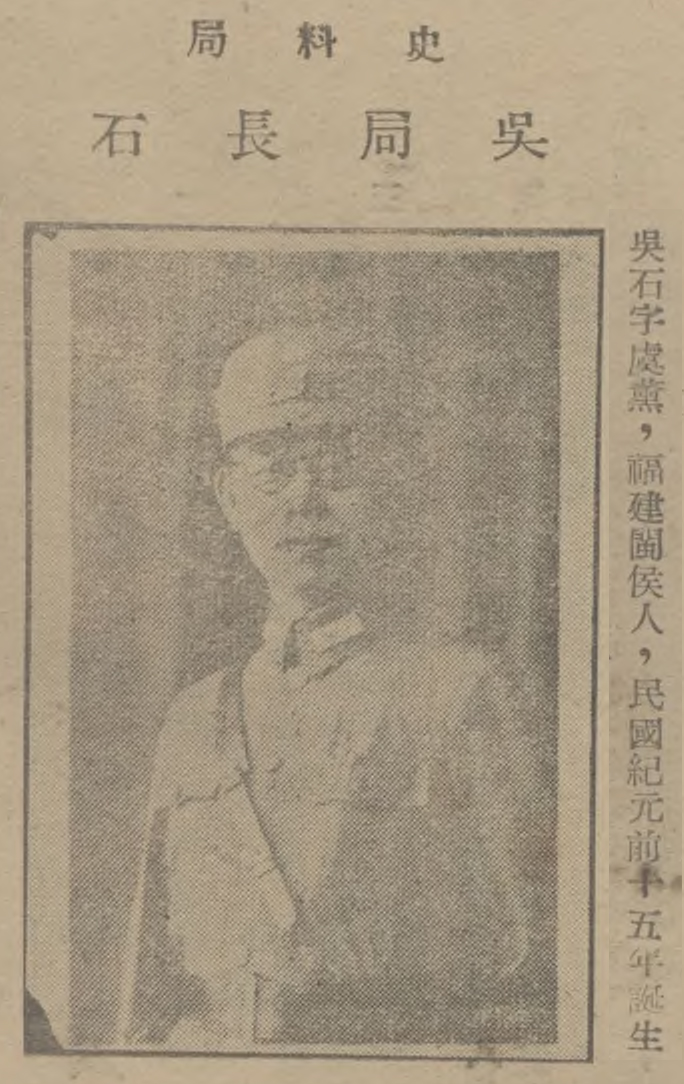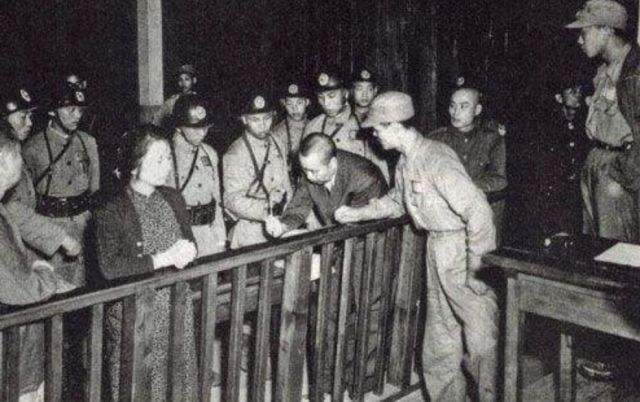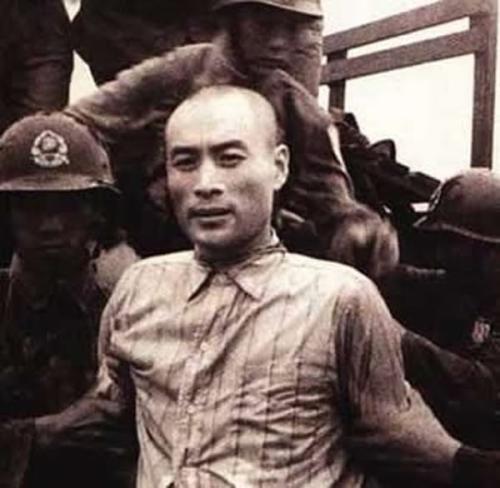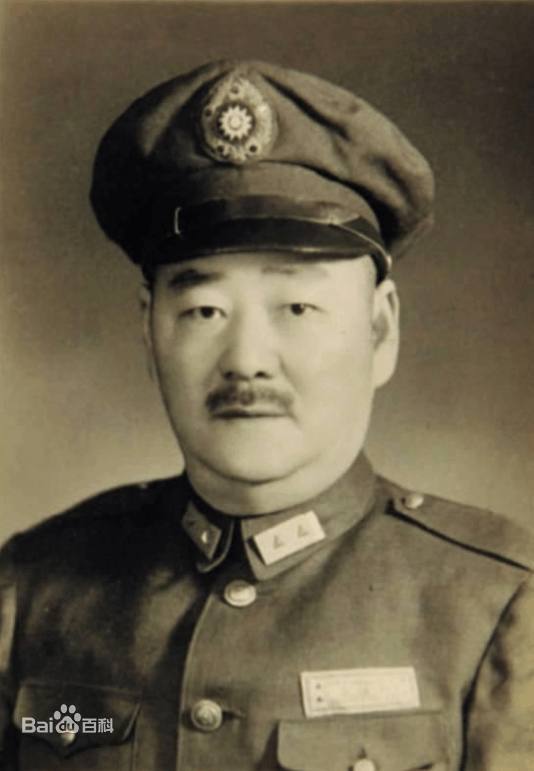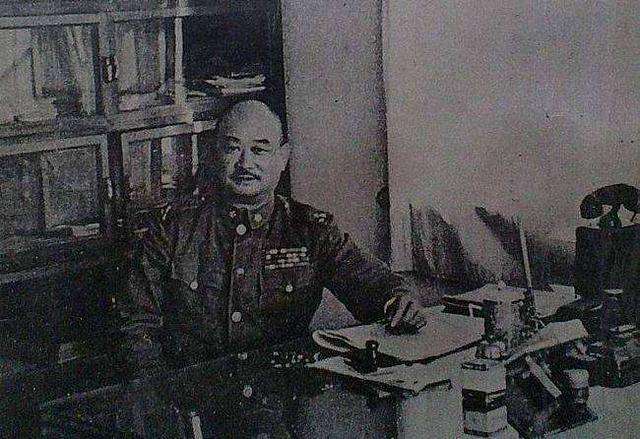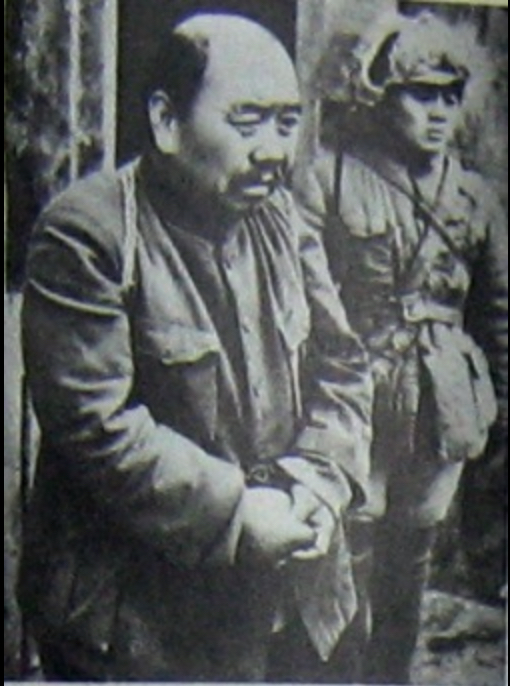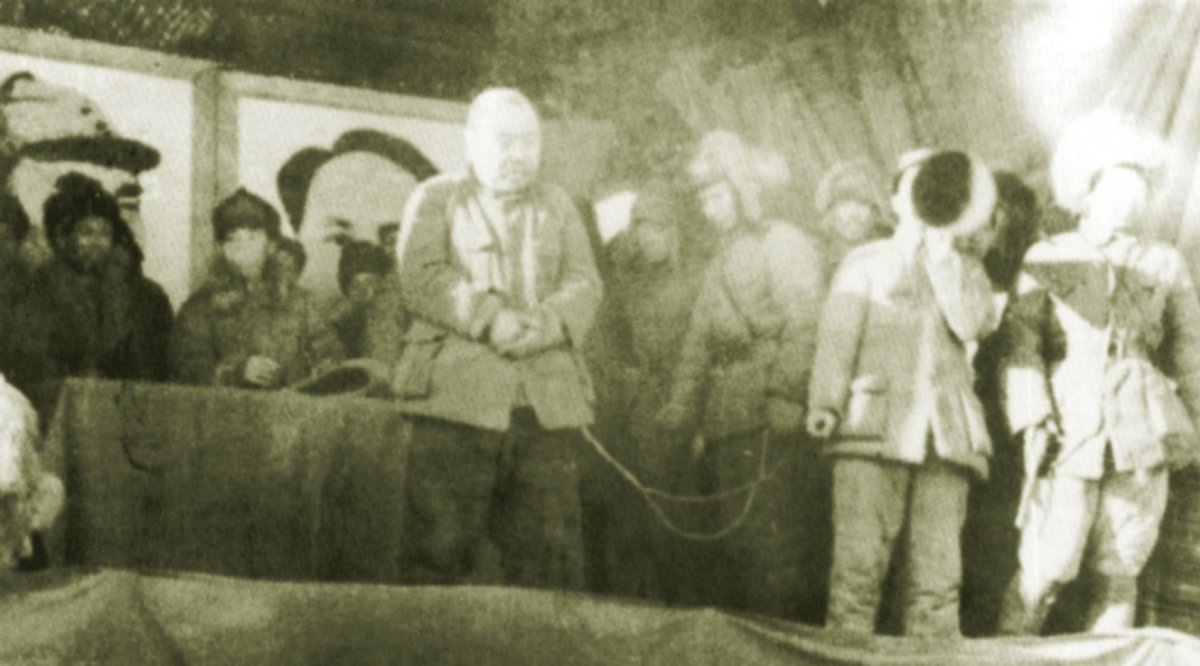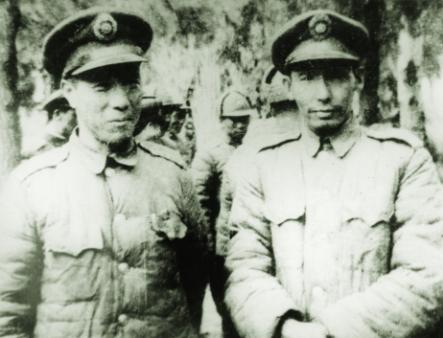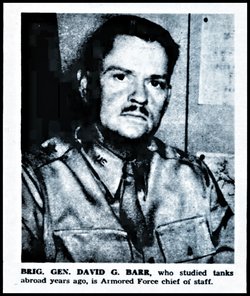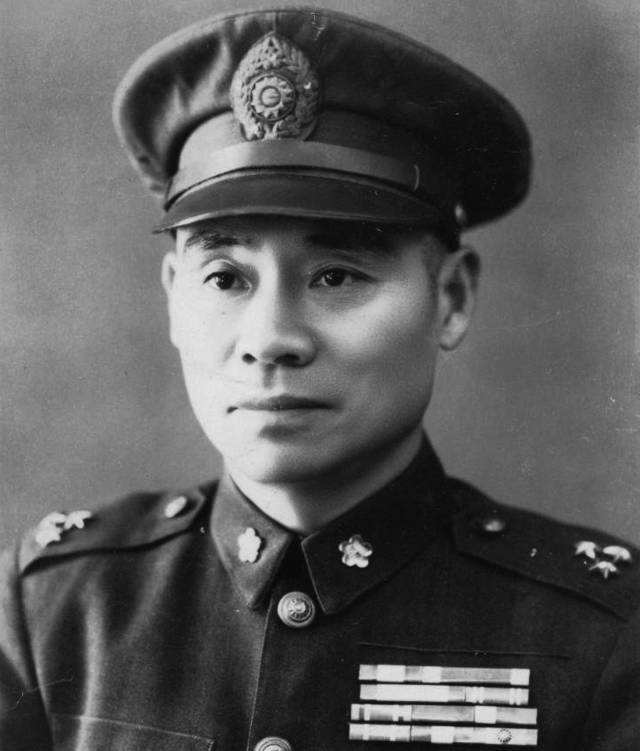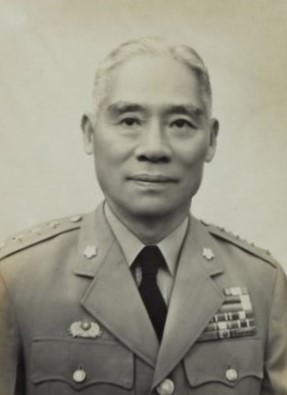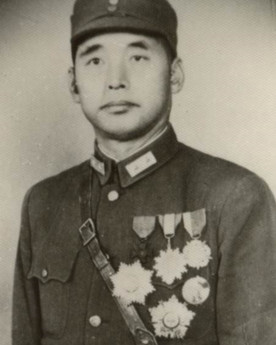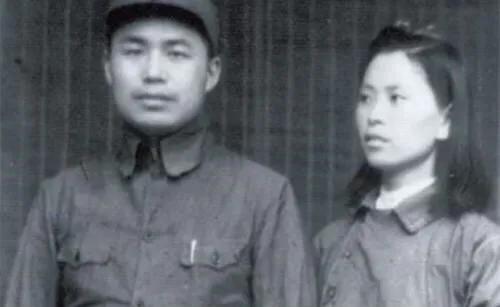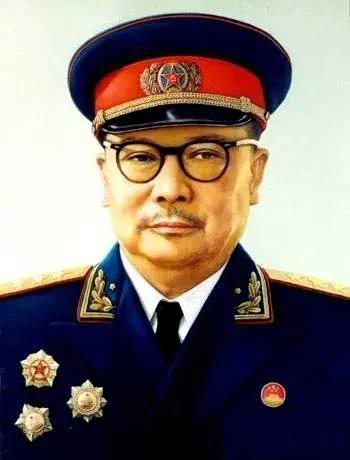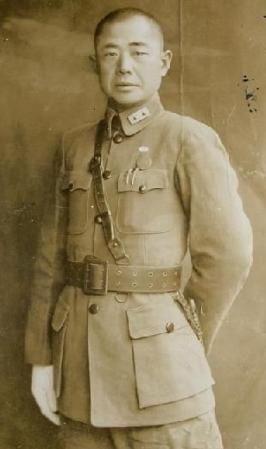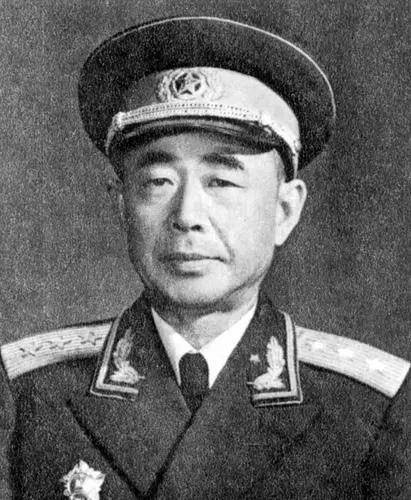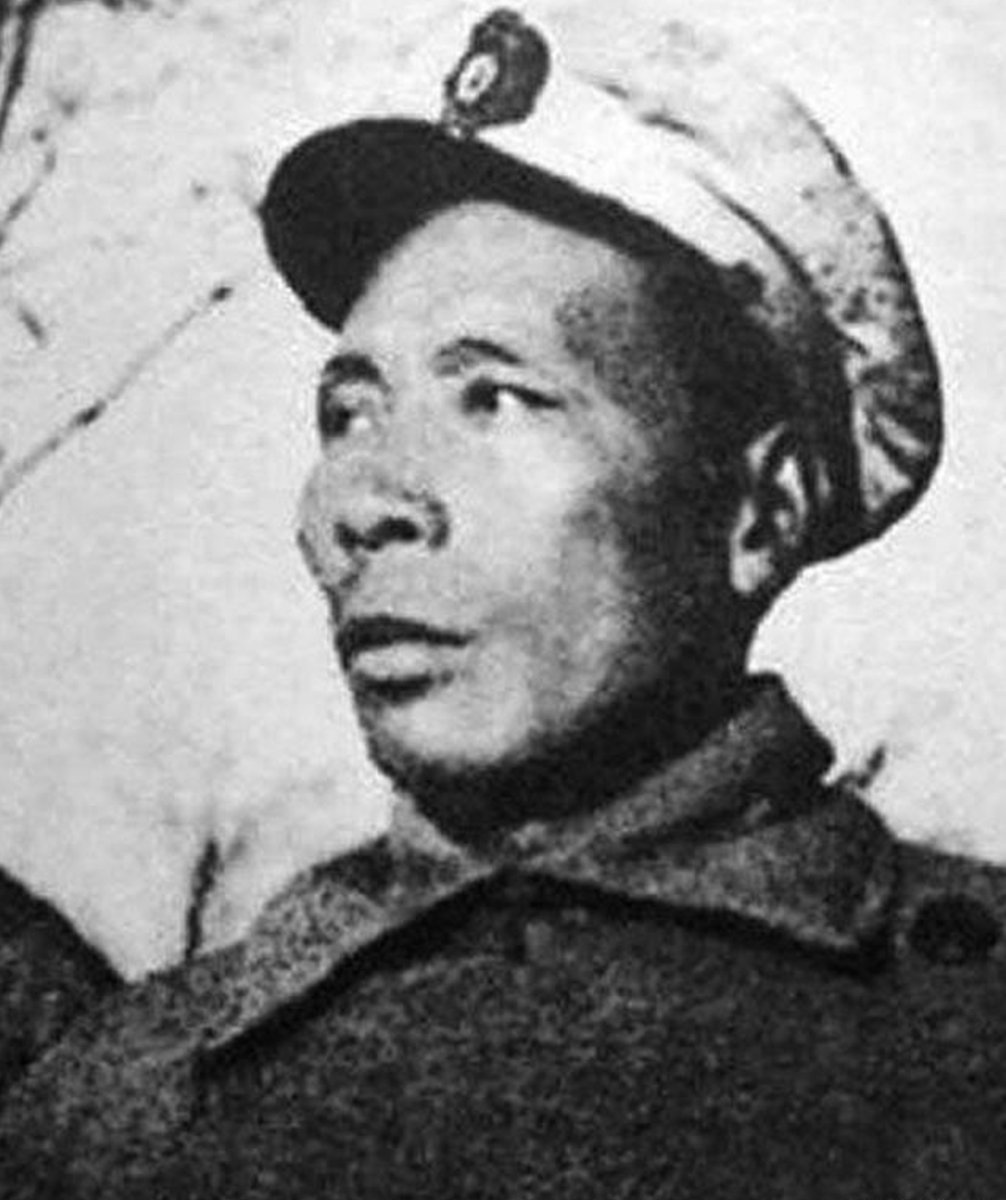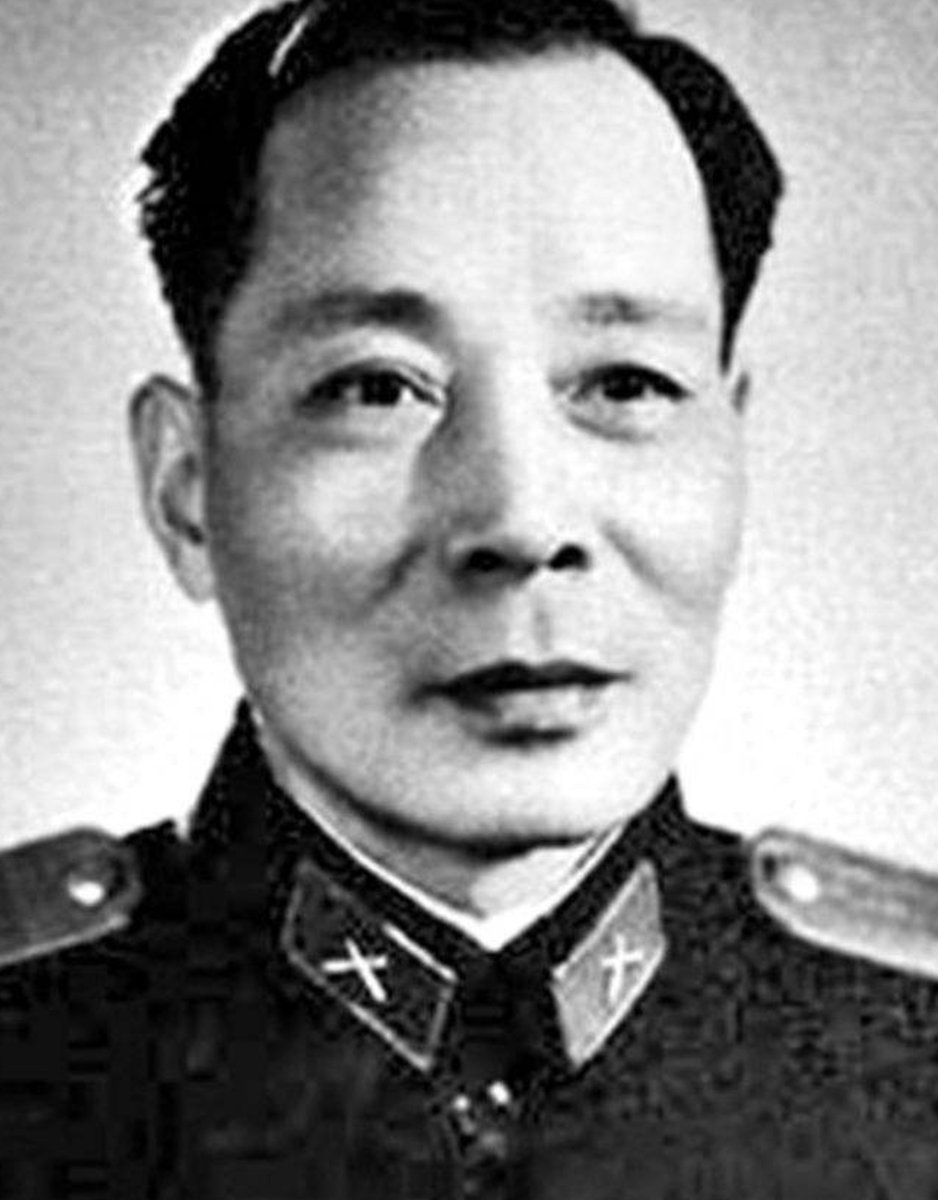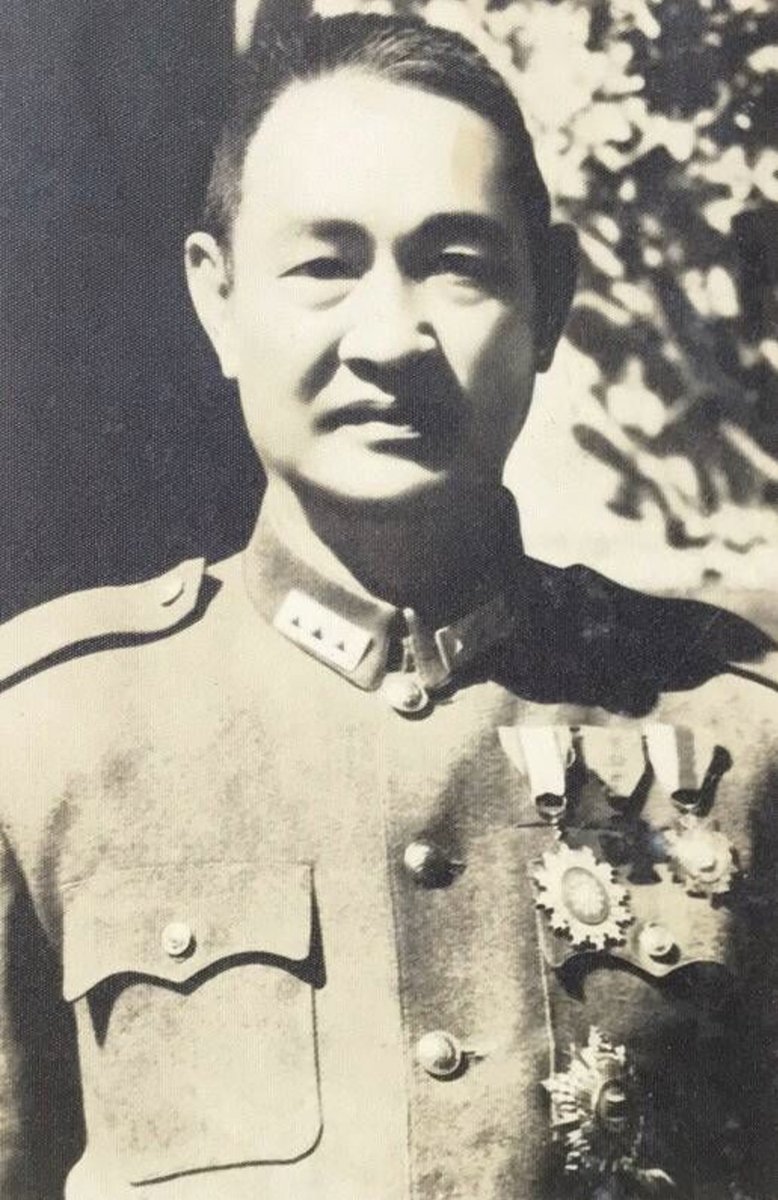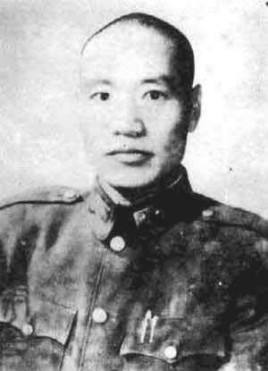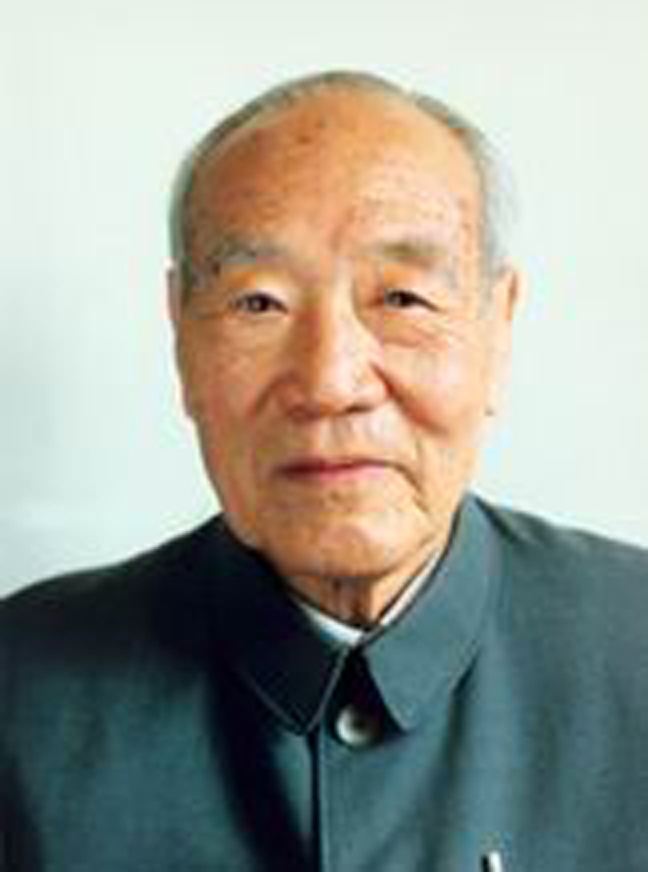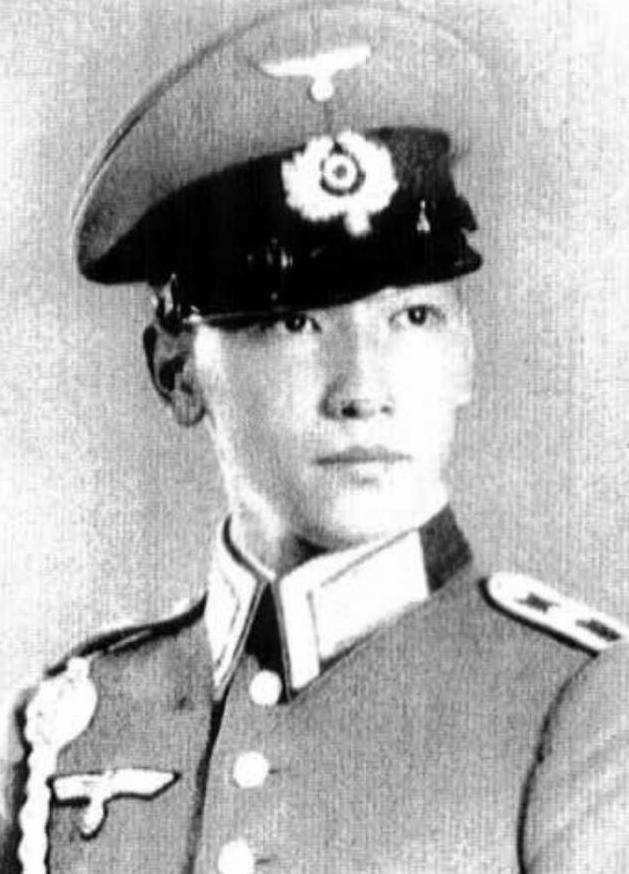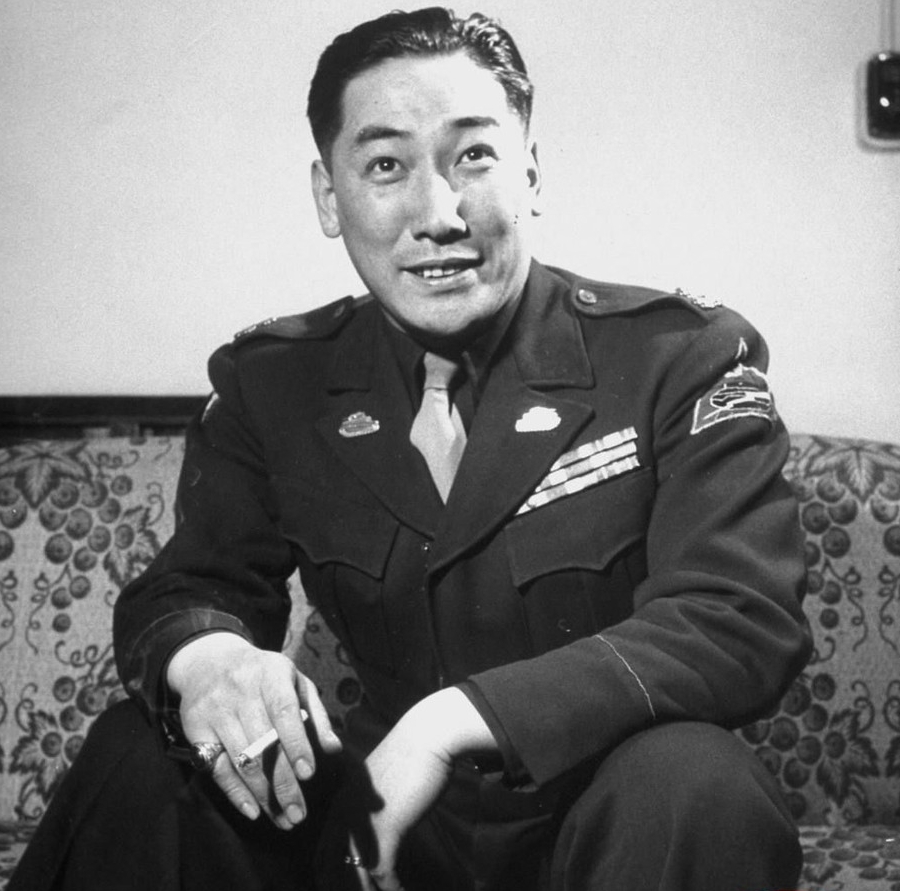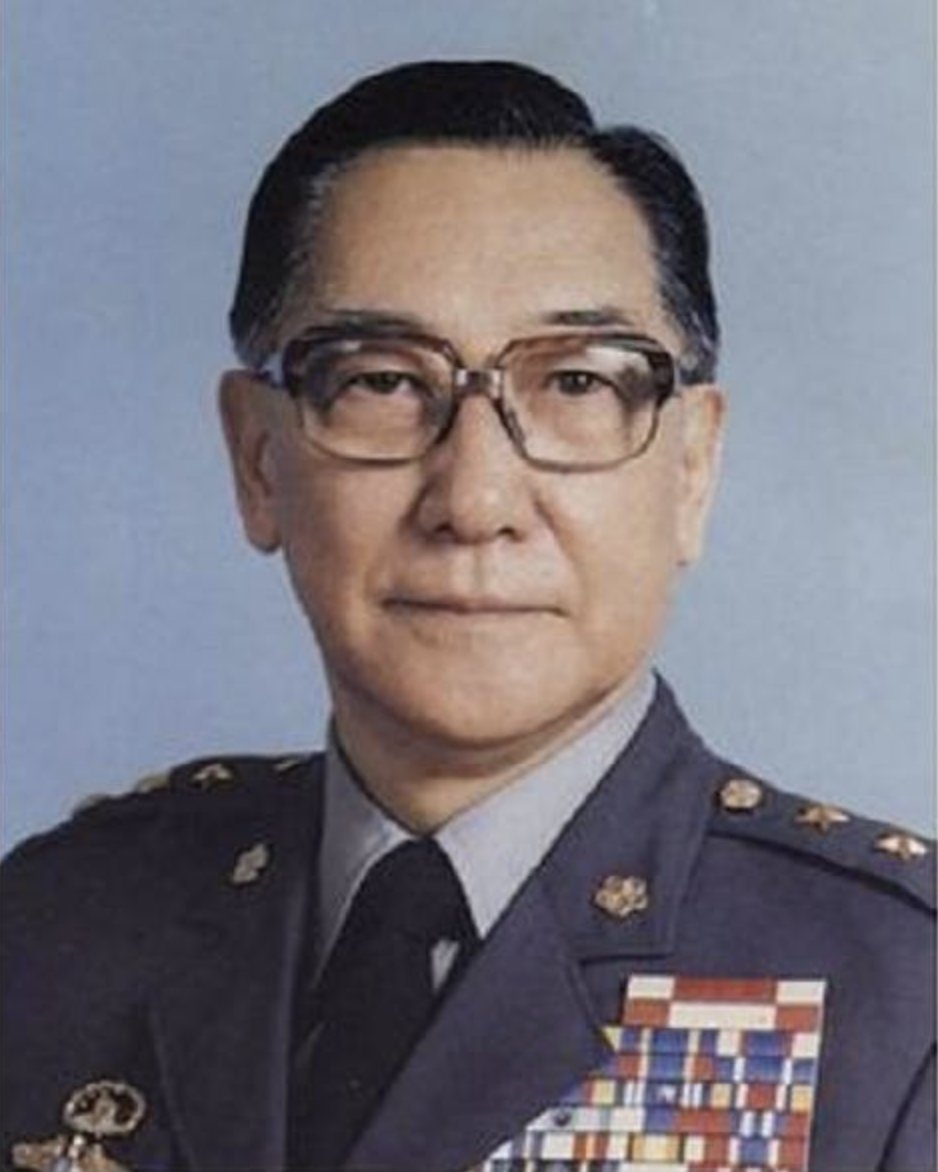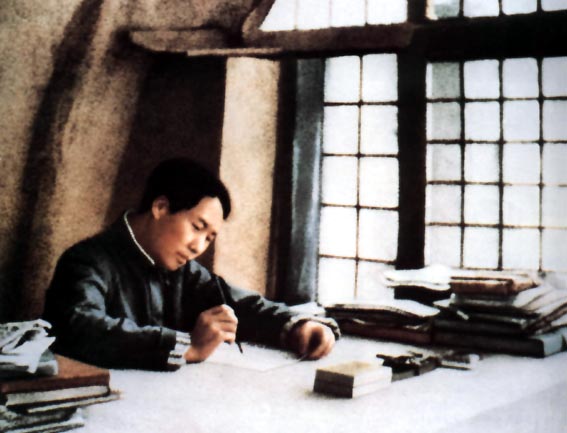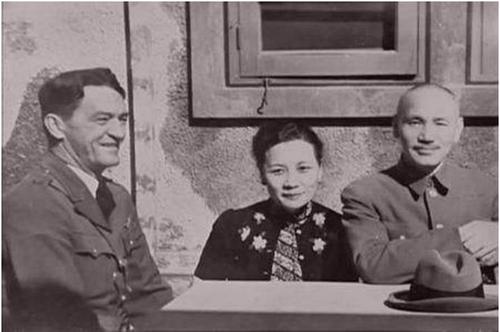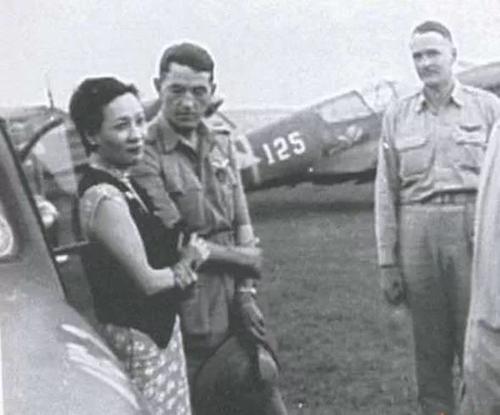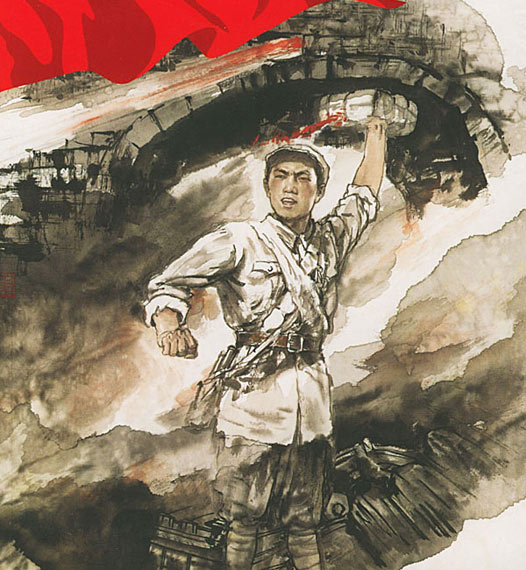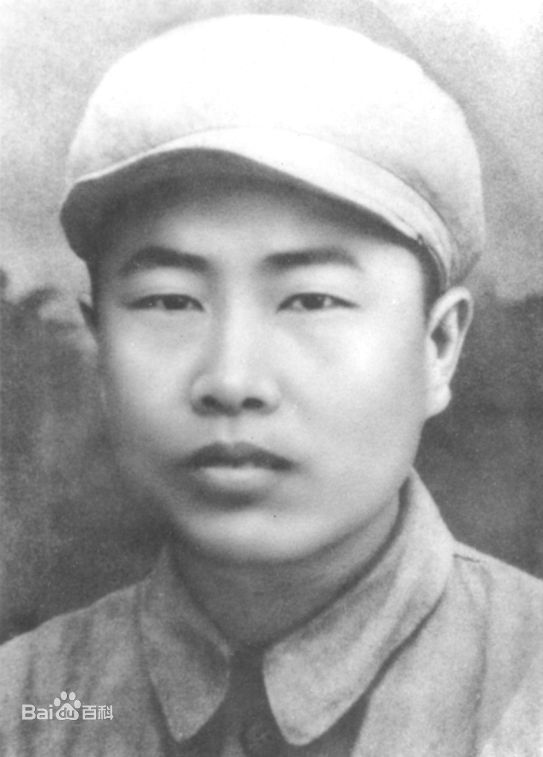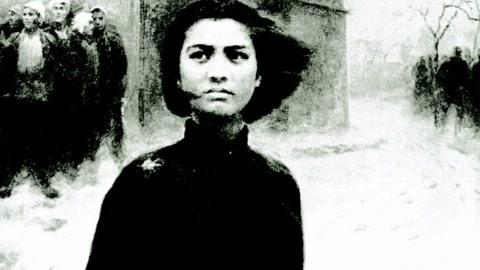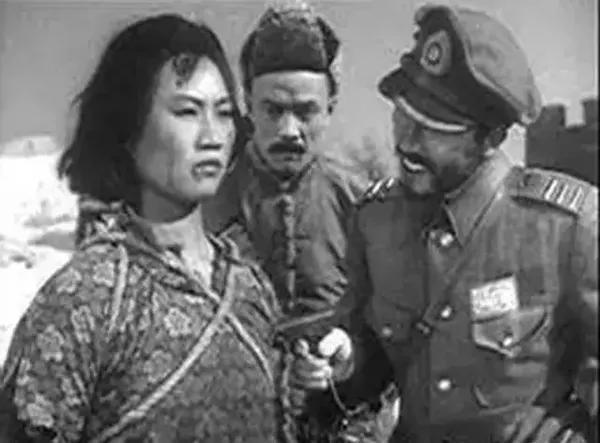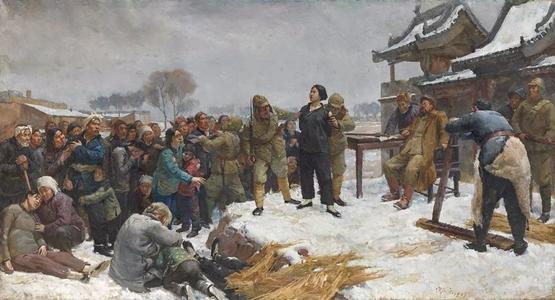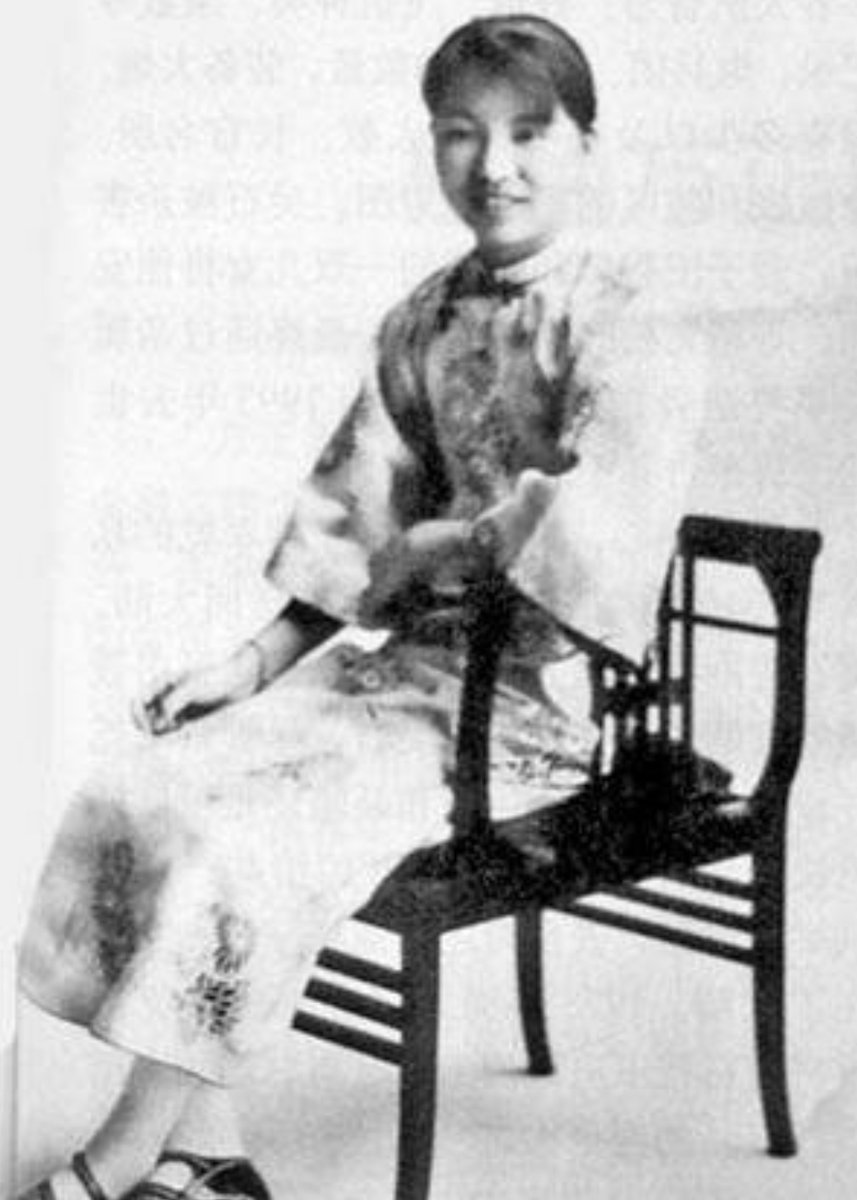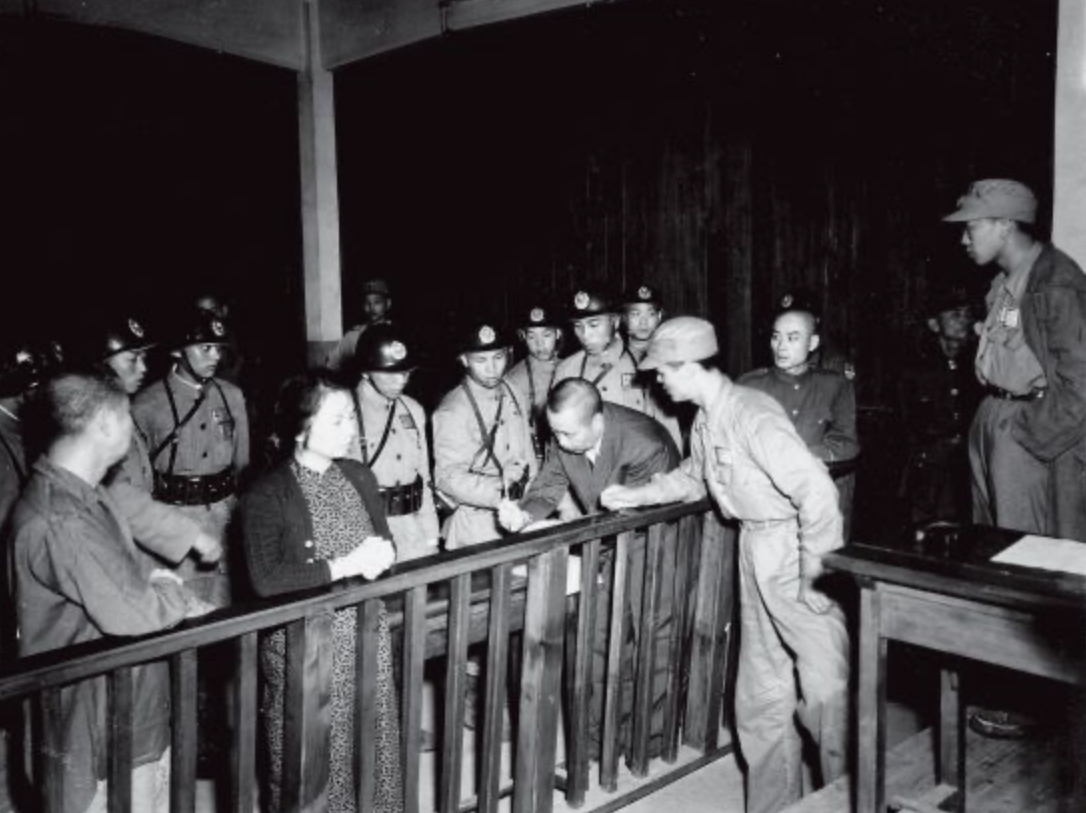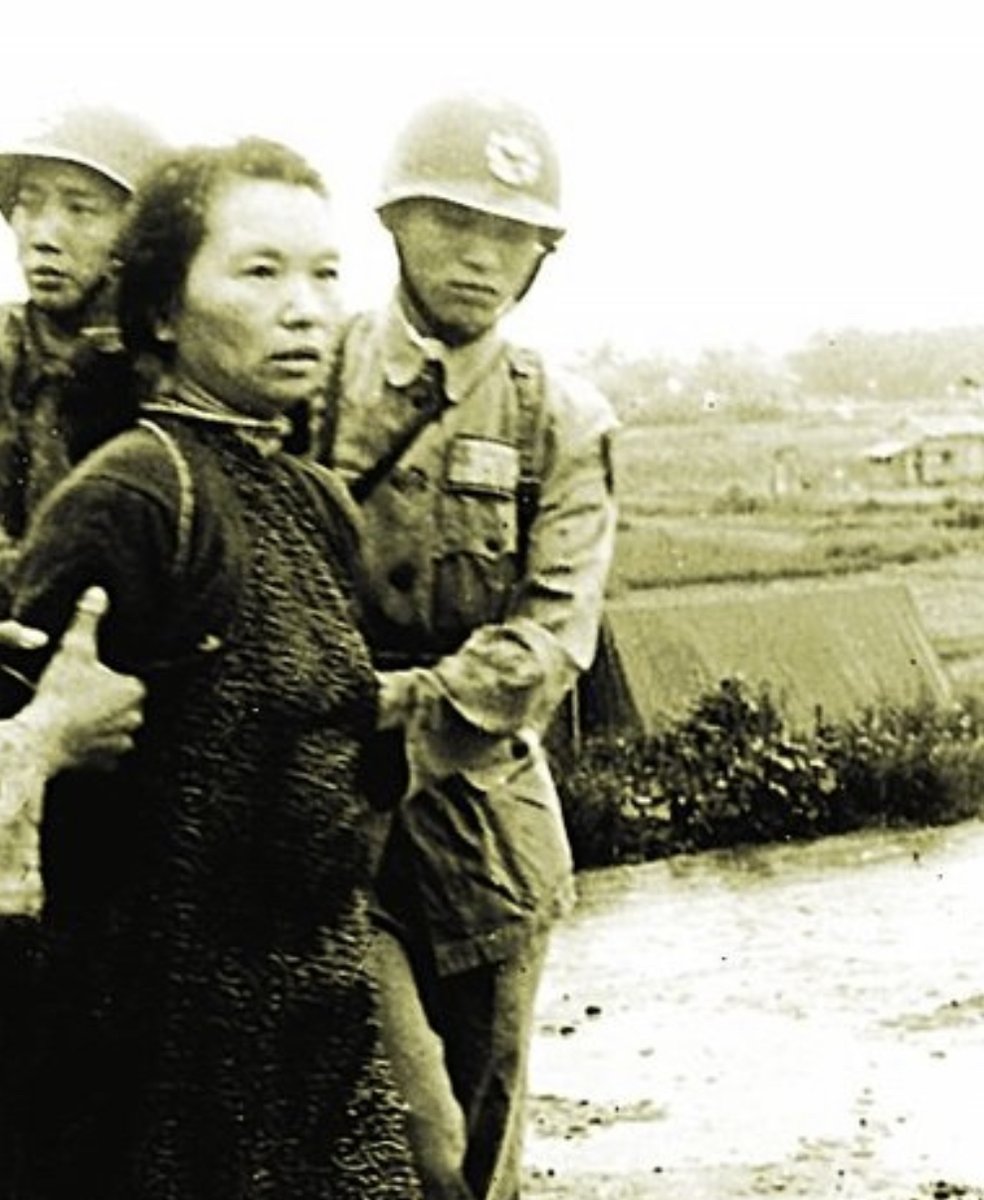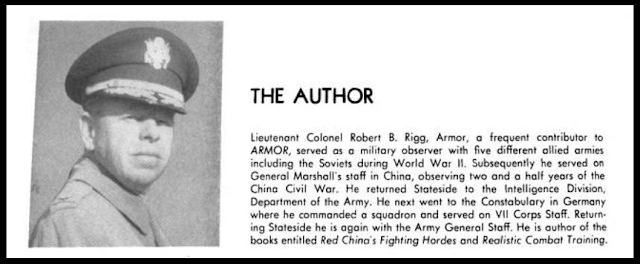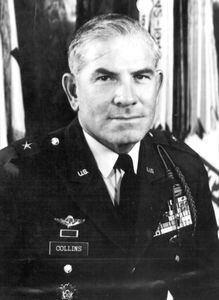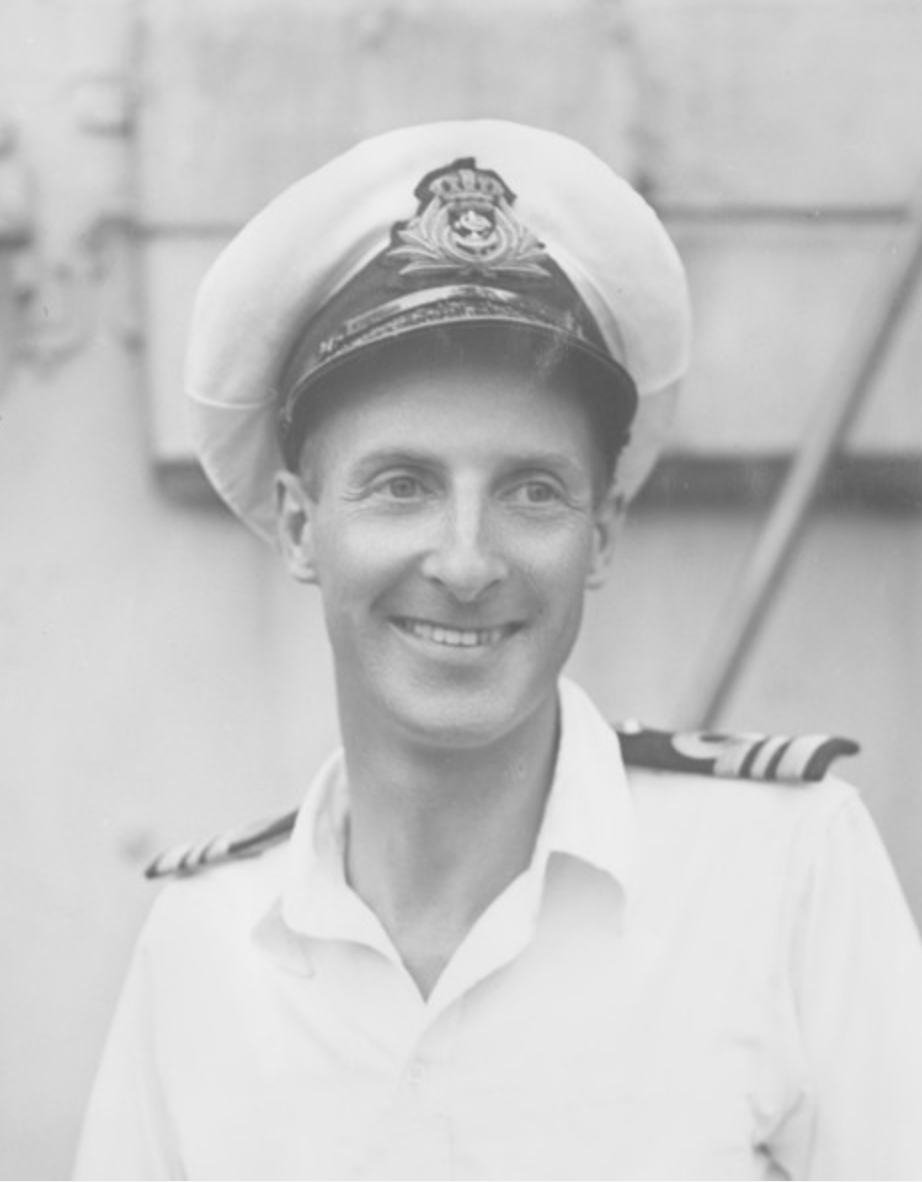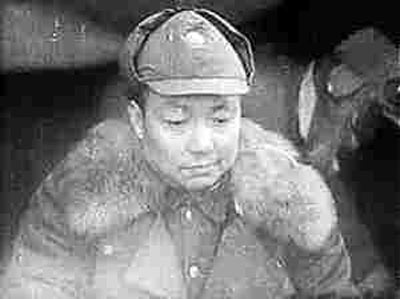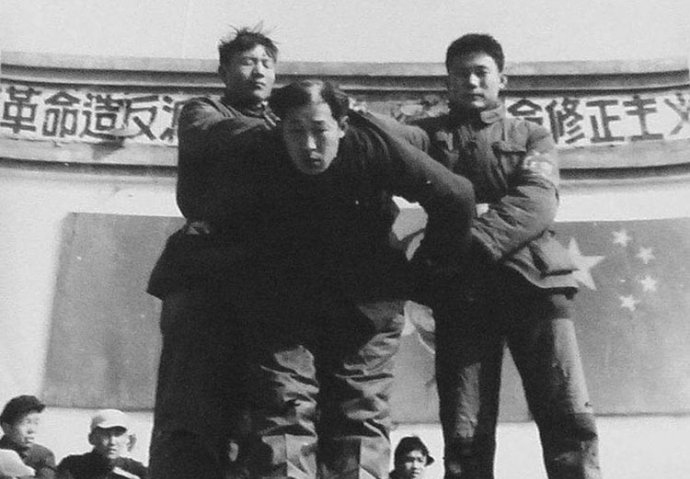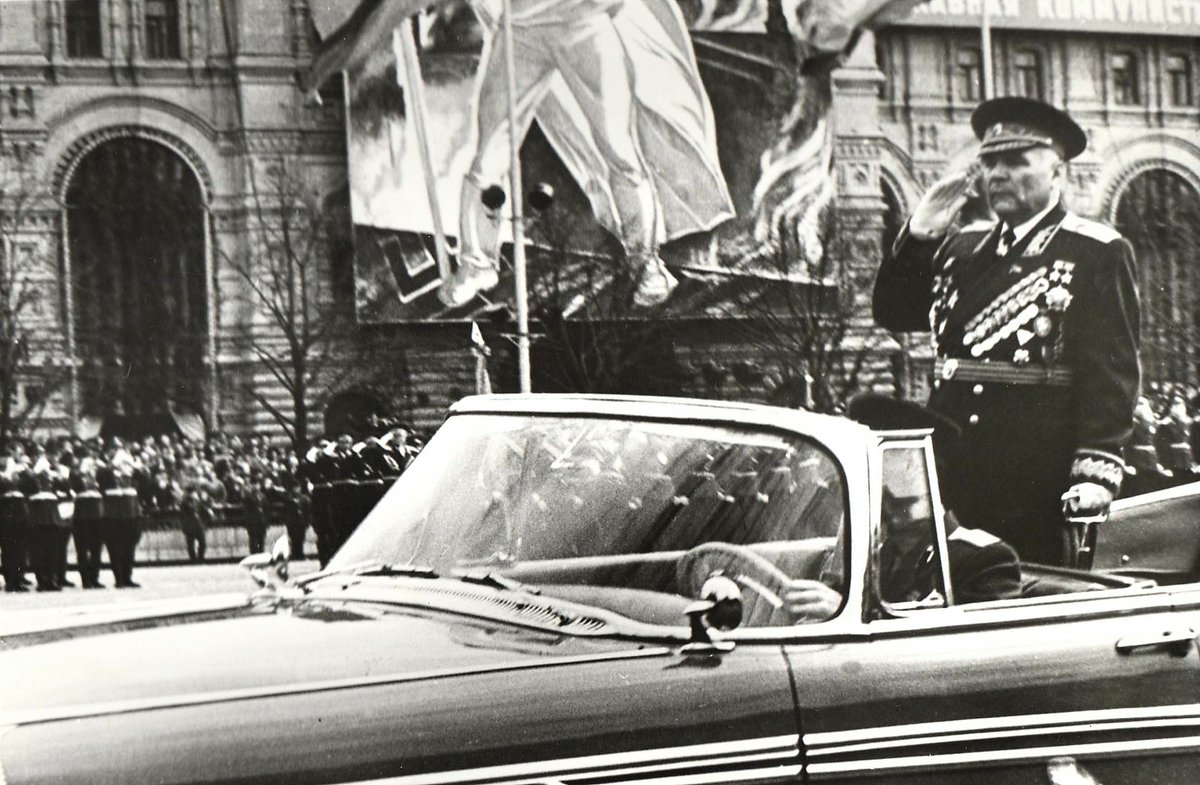Important figures in Chinese Civil War of 1946-50.
1) General Bai Chongxi, 1st Minister of Defense in new Republic of China government under 1947 Constitution. The Nationalist general the communists most singularly feared and respected. Buried at Islamic Cemetery, Taipei.
1) General Bai Chongxi, 1st Minister of Defense in new Republic of China government under 1947 Constitution. The Nationalist general the communists most singularly feared and respected. Buried at Islamic Cemetery, Taipei.
2) Yan Xishan, the ultimate Chinese warlord, who ruled his home province of Shanxi as a self-governing state within a state, who even recruited surrendered officers and soldiers of Imperial Japanese Army into his private army to defend against communists. Fled to Taiwan in 1949.
3) General Du Yuming, one of most reliable and competent operational-level military commanders in Republic of China Army, who served in Chinese Expeditionary Force in China-Burma-India Theatre during Second World War. Captured in Huaihai Campaign in 1949; died in Beijing in 1981.
4) General Tang Enbo, classic example of someone who peaked early-mid career, then became progressively and ultimately completely useless by time he was charged with defense of Eastern China south of Yangtze River, including Shanghai and capital Nanking, from communists in 1949.
5) General He Yingqin, extremely important figure in Second Sino-Japanese War who oversaw Chinese operational strategy 1937-44, then managed Chinese Expeditionary Force in China-Burma-India Theatre 1944-45. Became 2nd Minister of Defense under new Constitution. Fled to Taiwan.
6) General Sun Liren KBE, graduate of Virginia Military Institute, rewarded for saving Slim’s troops at Yenangyaung in Burma, veteran of China-Burma-India Theatre and then Siping in Chinese Civil War as commander of New 1st Army. Was later accused of a CIA coup plot and arrested.
7) General Chen Cheng, closest Chinese historical equivalent of Eisenhower or Marshall, a most important figures of Chinese Nationalist Army in 2nd Sino-Japanese War and Chinese Civil War as its chief Staff officer, and who later on played critical role in land reforms in Taiwan.
8) General Hu Zongnan, prime example of a sycophant who benefited from Chiang Kai-shek’s unflinching trust and favoritism, despite mediocrity as military commander—for instance, having been duped by Mao in his vainglorious attempt to seize Yan’an in 1947. https://twitter.com/simonbchen/status/1289873714004152323?s=20
9) Fu Zuoyi, warlord who politically and militarily controlled North China with Suiyuan Province (now part of Inner Mongolia) as home base, whose career originally began under tutelage of Yan Xishan. Surrendered Beijing and defected to communists in 1949. https://twitter.com/simonbchen/status/1299713234266550273?s=20
10) Su Yu, commander of communist Eastern Chinese Field Army, who conceived and proposed to Mao the Huaihai Campaign—the operational ambition, flawless execution, and astonishing success of which made him one of most brilliant operational commanders of communist side in the War.
11 & 12) Liu Bocheng (right), commander, and Deng Xiaoping (left), political commissar, of communist Central Plains (later 2nd) Field Army. Made one of most enduring and effective dual-command partnerships in history of Chinese Civil War. Played critical role in Huaihai Campaign.
13) Lin Biao. The indisputably most brilliant and single most important communist field commander in Chinese Civil War of 1946-49, who led Northeastern (later 4th) Field Army from freezing hinterlands of Manchuria to subtropical river valleys of Guangxi.
https://twitter.com/simonbchen/status/1293518247501819905?s=20
https://twitter.com/simonbchen/status/1293518247501819905?s=20
14) Liu Yalou, most notable operational-level communist commander of the War, who served as officer in Soviet Red Army and returned to China in Soviet invasion of Japanese-occupied Manchuria in 1945. Planned Liaoshen Campaign, but story doesn’t end there. https://twitter.com/simonbchen/status/1294618229034295296?s=20
15) Zhou Enlai. Senior intelligence chief for communists, who achieved one of most expansive and egregious spy infiltrations of an opponent in world military history, stage of which was set earlier in Second Sino-Japanese War. Handled Han Liancheng case.
https://twitter.com/simonbchen/status/1298973420730736640?s=20
https://twitter.com/simonbchen/status/1298973420730736640?s=20
16) Peng Dehuai, commander of communist Northwest (1st) Field Army whose military campaign culminated in defeat of central government-backing Ma (Muhammad) Clique in summer 1949. Later commanded Chinese communist forces (CCF) in Korean War. Died in Cultural Revolution in 1974.
17) General Liao Yaoxiang. Graduate of Saint-Cyr in France, veteran of Burma and India under Joseph Stilwell in Second World War, who was later captured as commander of West-Advancing Corps in Liaoshen Campaign of 1948. Murdered during Cultural Revolution struggle session in 1968
18) General Wei Lihuang. Another veteran of Burma and reopening of Burma Road. Ultimately became overall military commander in Manchuria during Civil War as head of Northeast Bandit Suppression Headquarters. Post-war, defected to communists via Hong Kong. https://twitter.com/simonbchen/status/1299059705390620672?s=20
19) Lieutenant General Fan Hanjie. Commander of Jinzhou garrison, critical stronghold for Republic of China Army in Manchuria, he got along poorly with his younger boss Gen. Wei Lihuang because of professional jealousies. Captured after Battle of Jinzhou. https://twitter.com/simonbchen/status/1284816923616669696?s=20
20) General Hu Lian. Hero of the Huaihai Campaign, who during its 2nd phase, riding a tank, successfully led 8000 survivors of the 12th Mechanized Corps, Republic of China Army, in a desperate breakout from encirclement and through rings of besieging communist massed infantry.
21) General Zhao Jiaxiang, ROCA Chief of Staff in Manchuria, who infamously hightailed out of HQ city of Shenyang as its defense was collapsing. Later killed-in-action in 1958 on 1st day of 2nd Taiwan Strait Crisis, as deputy ROCA Kinmen Defense Commander. https://twitter.com/simonbchen/status/1284667397564071936?s=20
22) General Qiu Qingquan, graduate of Prussian Kriegsakademie in Berlin who studied under Heinz Guderian, and Chiang Kai-shek’s top tank warfare expert. His forces were encircled in Huaihai Campaign of 1948-49, in which he died under murky and still-controversial circumstances.
23) General Huang Baitao, of warlord army origin who strove to earn Chiang Kai-shek’s respect, which he succeeded in, tenaciously leading from front. Committed suicide on battlefield, when his 7th Corps fell prey to communists and was destroyed in 1st phase of Huaihai Campaign.
24) General Huang Wei. Another ROCA officer who received military education in Germany. As commander of 12th Mechanized Corps in Huaihai Campaign, he was disastrously over-confident about his US-equipped troops. Unlike his subordinate, he was captured. https://twitter.com/simonbchen/status/1305823065067061248?s=20
25) Lieutenant General Guo Jingyun, commander of 35th Army, which while being dumbly shuffled in response to communist maneuvers in Pingjin Campaign, became encircled and destroyed at Xinbaoan. Lt. Gen. Guo commited suicide as communist troops closed in. https://twitter.com/simonbchen/status/1293881700410257408?s=20
26) Chiang Kai-shek, one of greatest heroes of 20th century, 1st President of Republic of China under 1947 Constitution. A devout Methodist Christian, whose unwavering belief was that China’s social ills were to be addressed through personal discipline and moral transformation.
27&28) Tang Brothers, Tang Binglin (left) and Tang Bingyu (right), who—as communist moles serving as Republic of China Army officers at Jiangyin Fortress, key to defense of Yangtze River—engineered one of most shocking defections in world military history. https://twitter.com/simonbchen/status/1292157457729347585?s=20
29) Major General Dai Rongguang, Republic of China Army, who the Tang Brothers—his subordinate officers and communist moles—had hand-picked as their “useful idiot”, and groomed to win, against all odds, coveted position of commander at Jiangyin Fortress.
https://twitter.com/simonbchen/status/1292157457729347585?s=20
https://twitter.com/simonbchen/status/1292157457729347585?s=20
30) Feng Baiju, head of communist Qiongya Detachment on Hainan Island, who from 1927 to 1950, ran one of longest insurgency campaigns in world military history. Played important role in communist amphibious invasion of Hainan in 1950. Severely persecuted in Cultural Revolution.
31) General Zeng Zesheng, commander of 60th Army, nominally belonging to Republic of China Army, but in reality of Yunnanese warlord Dian Army origin. His defection ended the Siege of Changchun, the greatest humanitarian tragedy of the Chinese Civil War.
https://twitter.com/simonbchen/status/1308624233111584769?s=20
https://twitter.com/simonbchen/status/1308624233111584769?s=20
32) Major General Wang Shuming (pictured as General), important commander in Republic of China Air Force, which was lavishly equipped with American and captured Imperial Japanese Army aircraft during Chinese Civil War, and extensively practiced close air support of ground troops.
33 & 34) General Ma Bufang (”King of Northwest”) and Lieutenant General Ma Jiyuan, father and son of Ma (Muhammad) warlord clique, who lost home bastion of Lanzhou to Peng Dehuai in 1949. Both spent rest of their lives in Jeddah, Saudi Arabia, post-war. https://twitter.com/simonbchen/status/1304227332337491968?s=20
35) General Ma Hongkui, hailing from another family of Ma (Muhammad) warlord clique, whose quarrelsome refusal to send troops to aid beleaguered forces of Ma Bufang and Ma Jiyuan in Lanzhou doomed father and son to defeat. Post-war, moved to Los Angeles.
https://twitter.com/simonbchen/status/1309780319667585024?s=20
https://twitter.com/simonbchen/status/1309780319667585024?s=20
36) Xu Xiangqian, communist commander who defeated his former military school principal Yan Xishan in Battle for Taiyuan of 1948-49, bloodiest battle of the Civil War, incurring 45,000 killed and wounded in process. Later planned 1979 Sino-Vietnamese War.
https://twitter.com/simonbchen/status/1294469935318487040?s=20
https://twitter.com/simonbchen/status/1294469935318487040?s=20
37) Deng Hua, of communist Northeastern (4th) Field Army, who led his troops in its epic campaign from freezing hinterlands of Manchuria to tropical island of Hainan; commanded amphibious invasion of latter. Later, in 1952, became 2nd commander of Chinese forces in Korean War.
38) Lieutenant General Guo Rugui, most senior communist sleeper agent to have ever penetrated Republic of China Army and government, who as Chief of Operations (G2) in Ministry of Defense, Republic of China, orchestrated defeat of ROCA in Huaihai Campaign.
https://twitter.com/simonbchen/status/1297141491861606400?s=20
https://twitter.com/simonbchen/status/1297141491861606400?s=20
39) Major General Han Liancheng, 2nd-most senior communist sleeper agent to penetrate Republic of China Army. As commander of 46th Army, his sudden disappearance from battlefield at critical moment in Battle of Laiwu in 1947, threw 46A in total disarray. https://twitter.com/simonbchen/status/1292434740897648643?s=20
40) Xiong Xianghui, communist mole, who as personal secretory, assistant, and speech-writer for General Hu Zongnan, completely leaked latter’s military operational plans against de facto communist capital of Yan’an in 1947, with disastrous consequences. https://twitter.com/simonbchen/status/1292427035202134017?s=20
41) Anna Shen, communist mole, who for 14 years working as most trusted stenographer and secretary of Chiang Kai-shek and Republic of China government, leaked critical intelligence from many top-secret meetings to communist intelligence chief Zhou Enlai. https://twitter.com/simonbchen/status/1306375054700150785?s=20
42) Lieutenant General Claire Lee Chennault, USAF (Ret.), of immortal Flying Tigers fame. His business venture, Civil Air Transport, was critical to Republic of China military effort in Chinese Civil War, running aerial resupply of besieged cities, and to CIA operations in China.
43) Li Xiannian, wily communist field commander who orchestrated Central Plains Breakout in 1946 from encirclement by overwhelming Nationalist Army forces, against all odds. Post-war, was notorious as ultra-hardline communist politician who supported 1989 Tian'anmen crackdowns.
44) Xi Zhongxun, father of current communist Chinese President, Xi Jinping. He did play important role in Chinese Civil War: as Deputy Political Commissar of Northwestern Field Corps, had key role in infamous ambush of Nationalist Army near Yan'an in 1947. https://twitter.com/simonbchen/status/1289873714004152323?s=20
45) Colonel Wang Shengming, commander of Republic of China Army on Yijiangshan Islands, not far from Shanghai, and site of brutal battle with Chinese communists in 1955. As communists closed in on his HQ, he committed suicide by hand grenade. Posthumously promoted to general.
46) Lieutenant General Hiroshi Nemoto, Imperial Japanese Army, who ended Second World War in defeat in hands of Soviet Red Army in their invasion of Japanese-occupied Manchuria, but then found a 2nd career as special advisor for the Republic of China Army. https://twitter.com/simonbchen/status/1314918476759220224?s=20
47) General Zhang Aiping, commander of attack on Yijiangshan Islands in 1955, 1st combined-arms Air-Sea-Land operation in communist military history, and a veritable Chinese Tarawa. Later became one of generals who opposed Tian’anmen crackdowns in 1989.
https://twitter.com/simonbchen/status/1314543867442552834?s=20
https://twitter.com/simonbchen/status/1314543867442552834?s=20
48) General Ye Fei, born Sixto Mercado Tiongco in Philippines, moved to China in childhood. Communist commander in amphibious invasion of Kinmen; resulting Battle of Guningtou became a colossal disaster. Later also opposed Tian’anmen crackdowns in 1989.
https://twitter.com/simonbchen/status/1314918476759220224?s=20
https://twitter.com/simonbchen/status/1314918476759220224?s=20
49) General Xue Yue, legendary battle captain of 2nd Sino-Japanese War, who finished Chinese Civil War as commander on Hainan Island. His vaunted combined-arms Air-Sea-Land defense there was foiled by communists landing in junks—Chinese wooden sailboats. https://twitter.com/simonbchen/status/1310565482852831232?s=20
50) Xu Shiyou, communist architect of Battle of Jinan in 1948, critical milestone in maturation of communist experience in urban operations and important prelude to decisive Huaihai Campaign that winter. Later was key commander in 1979 Sino-Vietnamese War.
https://twitter.com/simonbchen/status/1304024238404153344?s=20
https://twitter.com/simonbchen/status/1304024238404153344?s=20
51) General Wang Yaowu, Nationalist commander in Jinan, which fell to communist attack in 1948 in battle critical to maturation of communist urban combat capability. He was captured, released from prison in 1959, and died in Cultural Revolution in 1968. https://twitter.com/simonbchen/status/1304024238404153344?s=20
52) Lieutenant General Wu Huawen, whose defection to communists as commander of 96th Army in the lead-up to the Battle of Jinan (itself a critical lead-up to the decisive Huaihai Campaign) in 1948, had completely unhinged Nationalist defense of the city. https://twitter.com/simonbchen/status/1294461049383473152?s=20
53) Long Yun, warlord and Governor of Yunnan Province—King of Yunnan—whose legacy upon the subsequent Civil War of 1946-50 after being violently deposed in October 1945 was his Dian Army, which was deployed as far away from him as possible, to Manchuria. https://twitter.com/simonbchen/status/1308614961581580288?s=20
54) Zhang Wannian (1928-2015), example of communist general whose military career began in Civil War. Veteran of Battle of Tashan in 1948. Commander of 127th Division in Sino-Vietnamese War of 1979. Important figure in 3rd Taiwan Strait Crisis of 1995-96. https://twitter.com/simonbchen/status/1297535573125545984?s=20
55) General Li Zongren, who became acting President of Republic of China, after Chiang Kai-shek was effectively kicked out of office for the military debacles of winter 1948-49. Even so, many generals continued to take orders from Chiang Kai-shek anyways.
https://twitter.com/simonbchen/status/1303187747763412994?s=20
https://twitter.com/simonbchen/status/1303187747763412994?s=20
56) Lieutenant General Li Mi, veteran of Chinese Expeditionary Force of China-Burma-India Theatre of Second World War. Barely escaped communist encirclement in Huaihai Campaign of 1949. After loss of China, his troops set up base in Burma and Thailand, staging cross-border raids.
57) Wu Kehua, communist commander of 4th Column at Tashan. He went missing during Cultural Revolution—at key meeting of senior military leaders in Beijing, puzzled attendees suddenly realized they hadn't heard from him for months. They found him locked up. https://twitter.com/simonbchen/status/1297535573125545984?s=20
58) Zhaohong Wenguo, "Double-Pistol Grandma", Manchu who led an insurgency campaign against Imperial Japanese Army in occupied Manchuria in 1930s, and ultimately became key leader of Chiang Kai-shek's anti-communist insurgency in Sichuan Province in 1950 after communist takeover.
59) General Yu Hanmou, whose desperate defense of home Guangdong Province with motley force of regional troops in October 1949 failed against Lin Biao‘s 4th Field Army—even 10,000’s of these northern troops falling ill to malaria didn’t stop their advance. https://twitter.com/simonbchen/status/1301132091669712898?s=20
60) Lieutenant General Zhang Lingfu. Center of massive scandal when Chiang Kai-shek pardoned him for murder of his wife in 1935. Key commander in Menglianggu Campaign in 1947, in which he was captured. His own murder as prisoner of war became serious scandal in communist army.
61) General Yasuji Okamura, Imperial Japanese Army, and Commander in Chief of Japanese army forces in China at time Second World War ended. Chiang Kai-shek retained him as a military advisor during Chinese Civil War. Accordingly, he was acquitted of all war crime charges in 1949.
62) Major General Liu Ying, Republic of China Army, vanquished defense commander in key Battle of Shijiazhuang (Shimen) in 1947, critical milestone for communist urban combat experience. Unexpectedly captured, his last order was “Surrender!”—All his men laid down arms at his word
63) Lieutenant General Wu Shi, Deputy Chief of Staff of Ministry of Defense, Republic of China, and undercover spy for communists since 1947. Was arrested, sentenced to death by Military Court, and executed by Republic of China Military Police in Taipei, at 1630 on 10 June 1950.
64) General Liu Zhi, another classic example of Nationalist commander who peaked early-mid career, then became progressively and ultimately completely useless, by the time he became defending commander of Xuzhou Bandit Suppression HQ, in lead-up to Huaihai Campaign of 1948-49.
65) Xie Wendong, major bandit boss in Manchuria. In 1946, as Chinese communist insurgents fought Nationalist Army in Manchuria, they staged their own parallel anti-insurgency campaign against bandits, who were ubiquitous in Manchuria and numbered in excess of 100,000+ at peak.
66 & 67) Lieutenant Generals He Jifeng and Zhang Kexia, Republic of China Army, whose shocking defection with 59th and 77th Armies to communists in 1st phase of Huaihai Campaign, ensured encirclement and destruction of General Huang Baitao's 7th Corps. https://twitter.com/simonbchen/status/1307155867838496768?s=20
68) Major General David Goodwin Barr, United States Army, Chief of US Army Advisory Group (AAG) to Republic of China, whose opinion was greatly valued by ROC generals. Unfortunately, even he was not immune to being duped by Lieutenant General Guo Rugui. https://twitter.com/simonbchen/status/1311063388710076416?s=20
69) General Gu Zhutong, Chief of General Staff, Ministry of Defense, Republic of China, at time of Huaihai Campaign of 1948-49. In practice, his nominally important leadership position reduced him to a messenger for supreme micromanager, Chiang Kai-shek. https://twitter.com/simonbchen/status/1325124913510797325?s=20
70) General Feng Zhian, commander of 3rd Security District in Huaihai Campaign, and boss to the defecting generals. While he did not oppose their defection, he himself opted out, feeling duty-bound and sensing the darkness of communism. Moved to Taiwan. https://twitter.com/simonbchen/status/1328186194396475392?s=20
71) Major General Wang Jifang, Republic of China Army, who originally had defected from communist Northeastern Army as its Chief of Operations after rout at Siping in 1946. Arrested in Chungking in 1949, flown to Wuhan in Northeastern Army custody for public trial, and executed.
72) Li Kenong, communist intelligence operations chief in Civil War, whose work in thoroughly penetrating defense and government apparatus of Republic of China was deemed so critical, that he was only non-military figure made General when communist army introduced ranks in 1955.
73) General Chen Mingren, who as Nationalist garrison commander in Siping, mounted a successful and bitter Stalingrad-esque defense of that city in 1947. In 1949, reassigned to Changsha, he defected to communist army in a major blow to Nationalist defense of south-central China.
74) Major General Liao Yunzhou, commander of 110th Division, 85th Army, 12th Mechanized Corps, Republic of China Army, but also a communist Underground Party operative. He defected to communists with his Division, under guise of breakout from encirclement, in Huaihai Campaign.
75) General Cheng Qian, one of handful of elite commanders within Chiang Kai-shek’s Nationalist Army who received his military education at the Imperial Japanese Army Academy, and partner to General Chen Mingren in the Changsha defection on 4 August 1949. https://twitter.com/simonbchen/status/1331780554040041472?s=20
76) Lieutenant General Hou Jingru, Republic of China Army, key commander of 2nd phase of Battle of Tashan in Liaoshen Campaign in 1948. Subsequently re-assigned to Tientsin, Yangtze River, and then Fujian Province, he defected to communists in August 1949.
https://twitter.com/simonbchen/status/1302597307578290176?s=20
https://twitter.com/simonbchen/status/1302597307578290176?s=20
77) Chiang Wei-kuo, Chiang Kai-shek's 2nd (and adopted) son, who received his military education in Germany and US. In the Huaihai Campaign, as commander of 2nd Independent Tank Regiment, he led an abortive attempt at rescuing General Huang Wei's encircled 12th Mechanized Corps.
78) Mao Zedong. His brutal record as political dictator is well-known. As communist army commander-in-chief, his unusually expansive strategic vision, alarming tolerance for gamble and risk, and unorthodox principles of operation, were critical for military victory in Civil War.
79) Madame Chiang (Soong Mei-ling), Chiang Kai-shek's wife. US-educated and fluent in English, she played an extremely critical role in development of Chinese Nationalist Air Force in 1930s and 1940s, and contributed greatly to its liaison with US advisors and aviation industry.
80) Dong Cunrui, infantry platoon leader in communist Northeastern Field Army, lionized in propaganda as martyr for holding demolition charge against Nationalist machine-gun bunker, blowing himself up in process. Independent verification of this alleged episode is not available.
81) Liu Hulan, teenage communist activist lionized as martyr in communist propaganda, who was supposedly guillotined at age 14 by General Yan Xishan's troops for complicity in murder of an anti-communist village leader. Independent verification of this story is not available.
82) Zhu Feng, communist intelligence operative dispatched to Taiwan, and accomplice of Lieutenant General Wu Shi. Was arrested, sentenced to death by Military Court, and executed by Republic of China Military Police in Taipei, at 1630 on 10 June 1950. https://twitter.com/simonbchen/status/1325923818200707072?s=20
83 and 84) Major Robert B. Rigg and Captain John W. Collins III, United States Army, who were captured by communist Northeastern Field Army while serving as military attache to Republic of China Army in Manchuria in 1947. They were released following rude and harsh interrogation.
85) Lieutenant Commander John Kerans, Royal Navy, who was awarded a DSO for his critical role as British naval attache in mediating the HMS Amethyst Incident, in which the ship was shelled by artillery of communist Eastern Chinese Field Army during its Yangtze Crossing Campaign.
86) Lieutenant General Chen Changjie, Republic of China Army, protégé of Fu Zuoyi, vanquished defense commander of Battle of Tientsin in 1949. Subjected to relentless, brutal persecution in Cultural Revolution, he and his wife committed suicide in 1968. https://twitter.com/simonbchen/status/1300085316099796992?s=20

 Read on Twitter
Read on Twitter